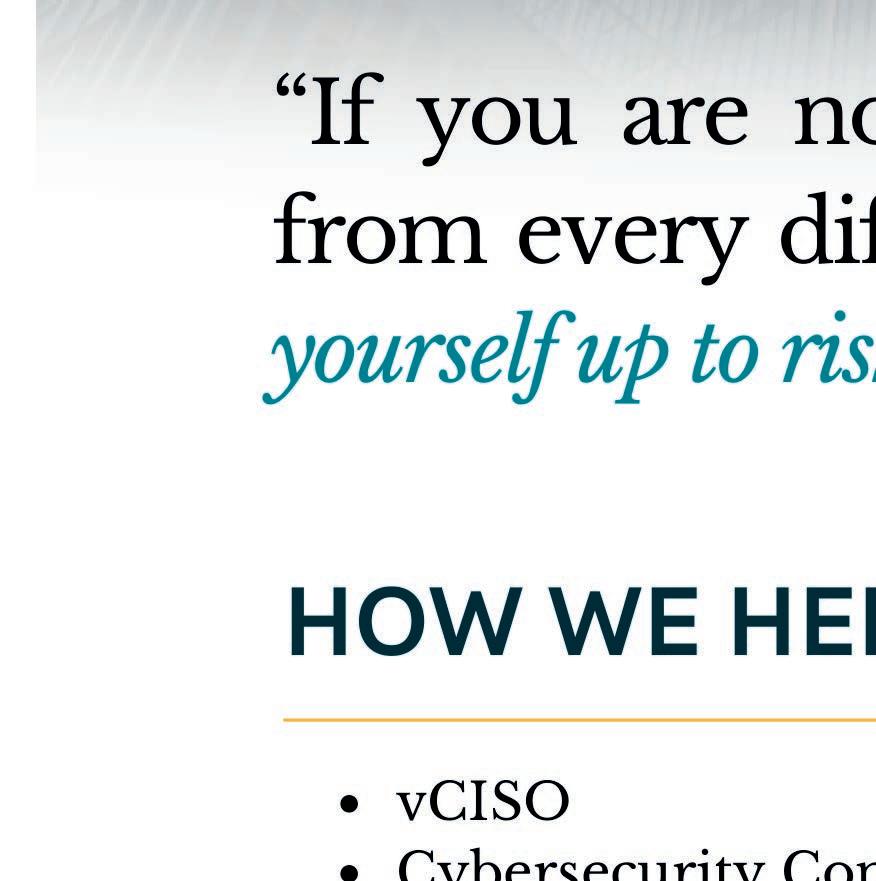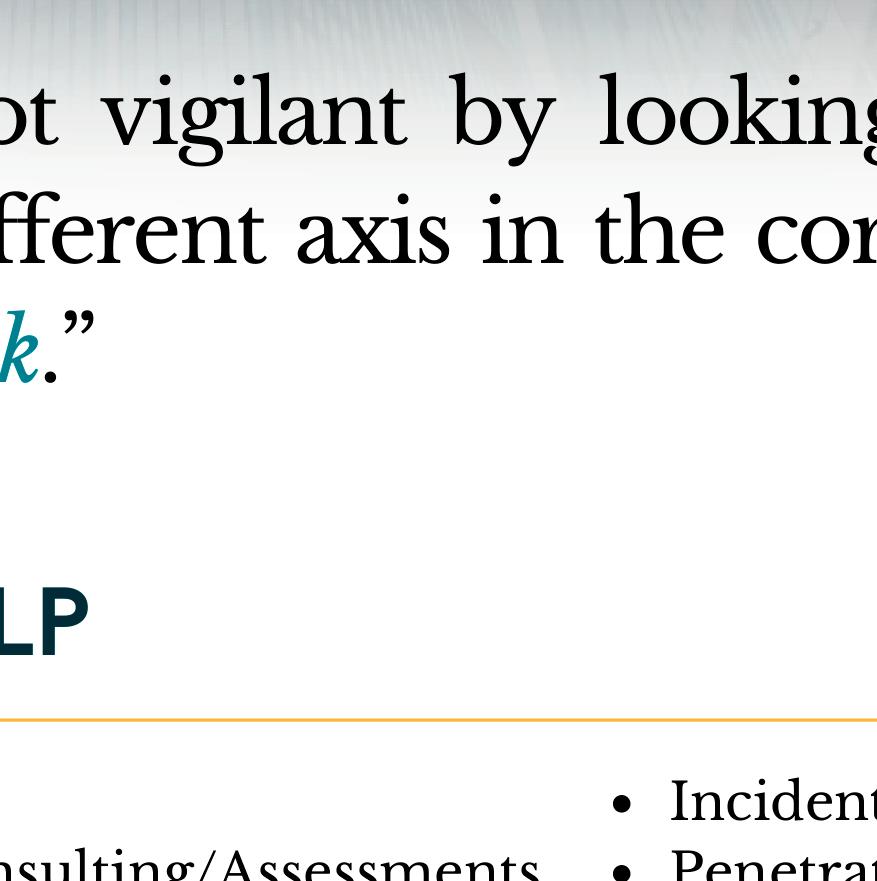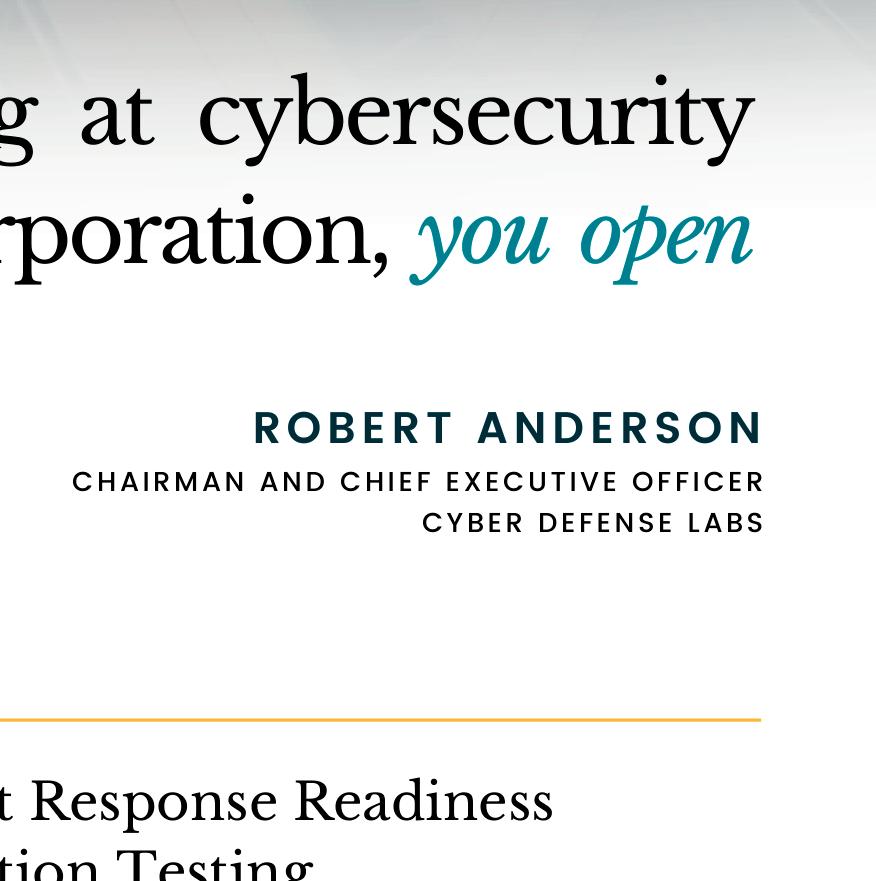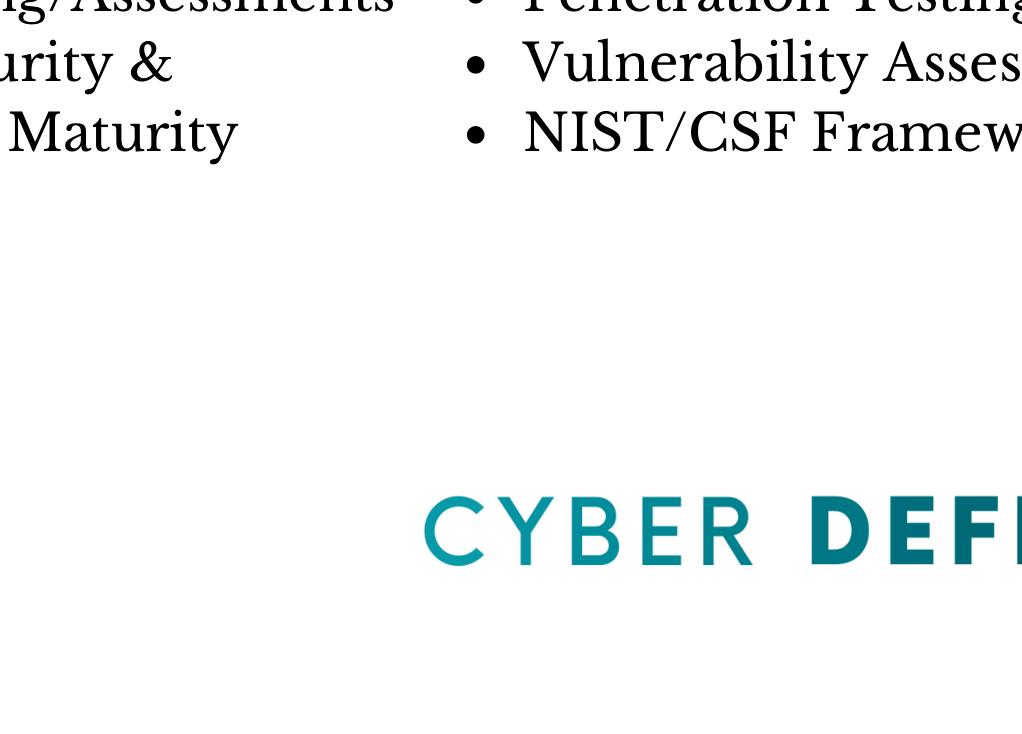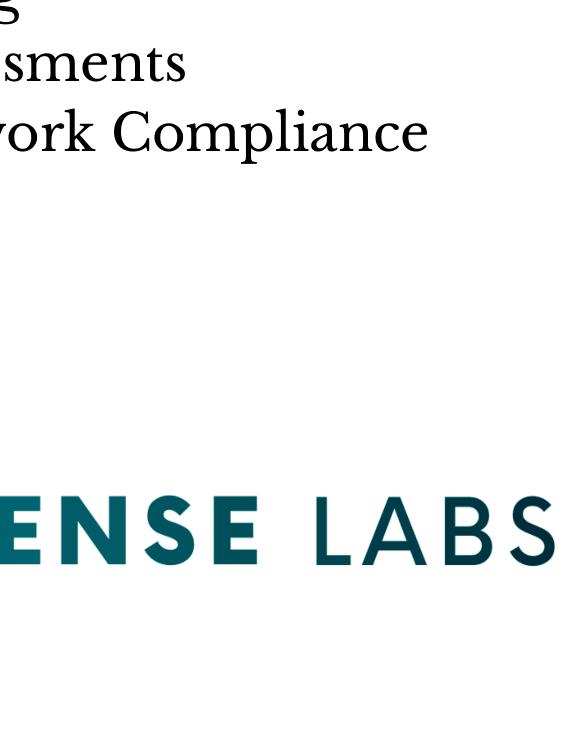For Christine Magrann, the president and COO of Makeready, it’s all in the details.


For Christine Magrann, the president and COO of Makeready, it’s all in the details.

Dallas-based Makeready has mastered the art of storytelling at its unique luxury hotels across the country.










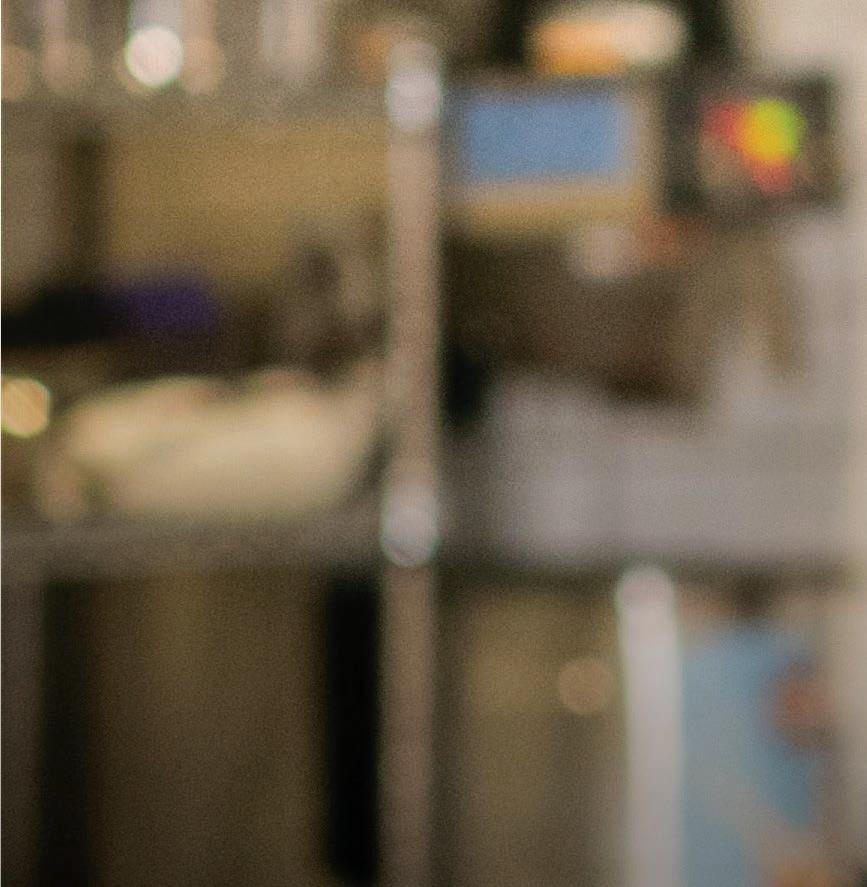
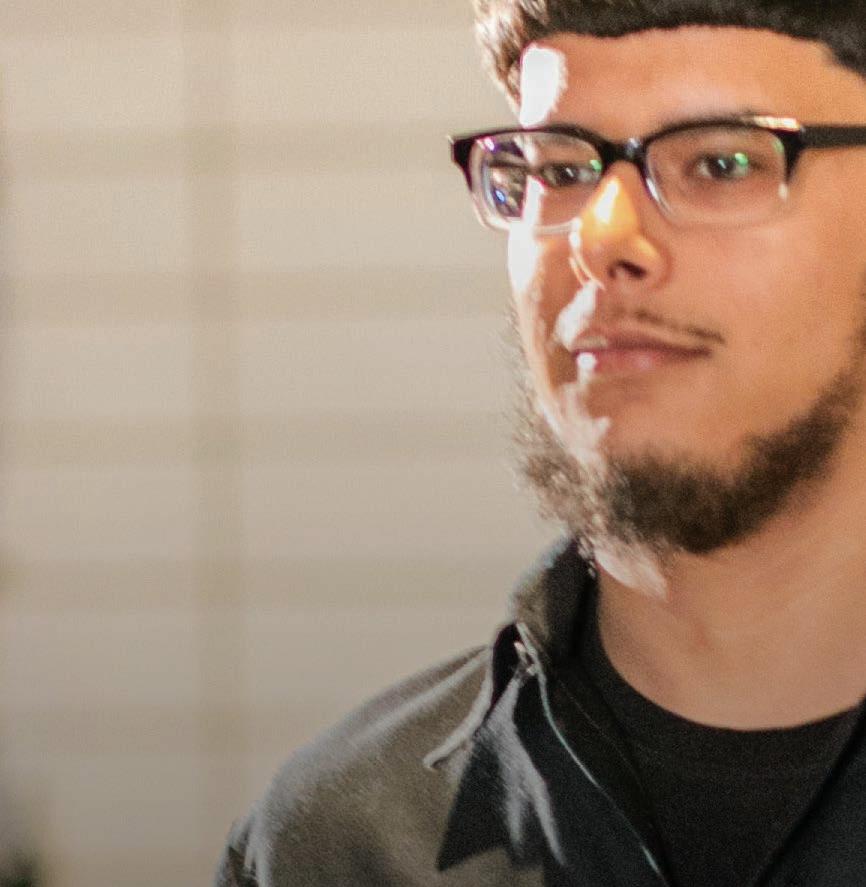


Together, we’re building a stronger future for
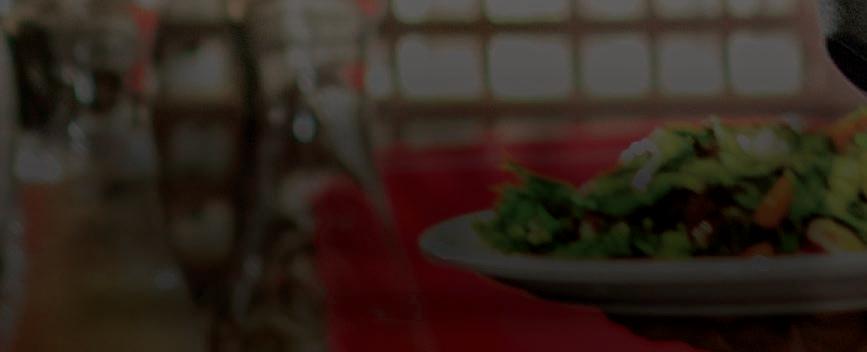
Congratulations to all the recipients of this year’s D CEO Nonprofit and Corporate Citizenship Awards. In 2023, Texas Mutual invested more than $4.5 million to community organizations right here in North Texas to help strengthen the workforce, support working families and build a brighter future for DFW, including Café Momentum, which provides job training and educational opportunities for youth in need of a fresh start. Learn more at texasmutual.com/community.














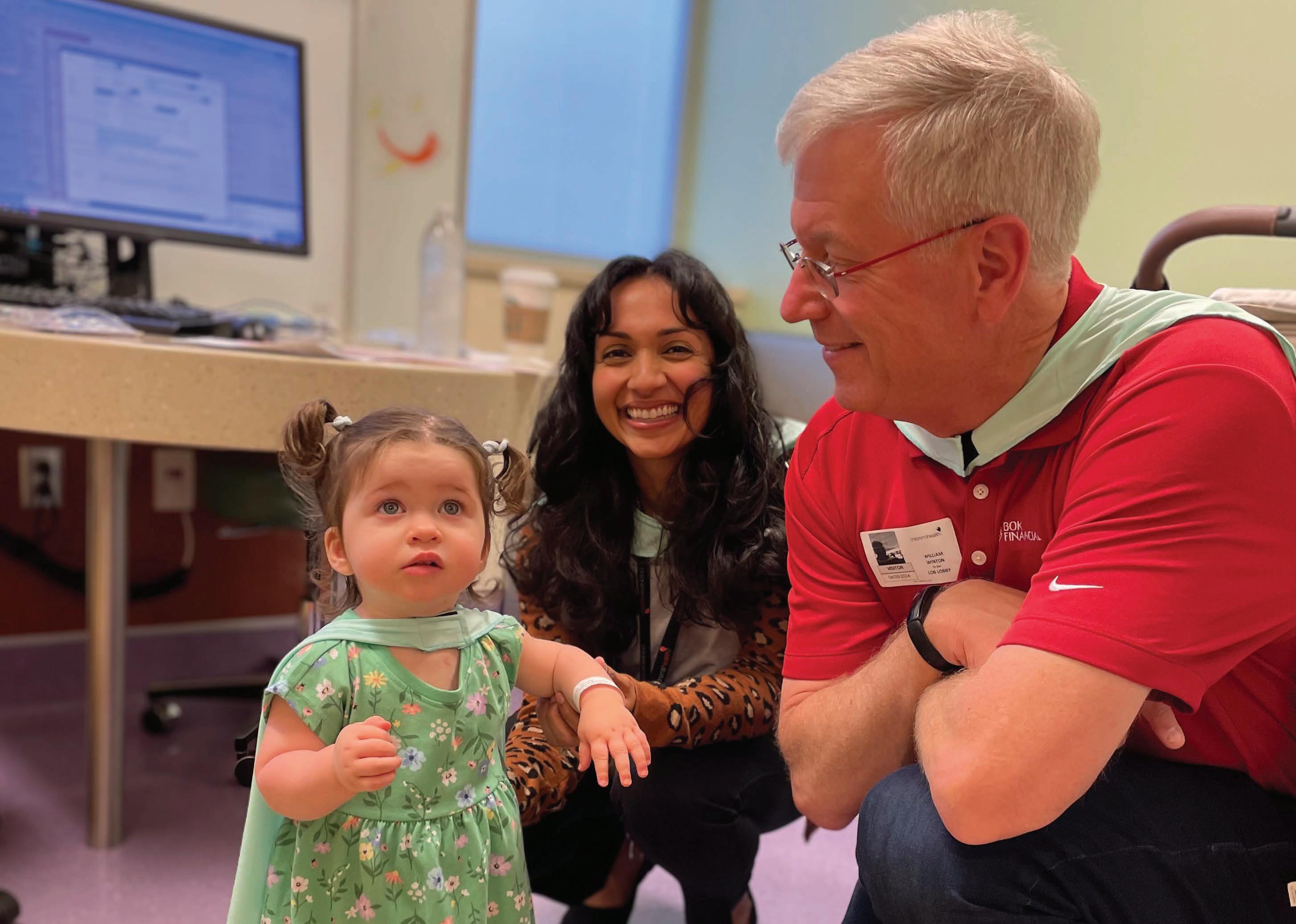
Volunteerism, charitable giving, board service…giving back is important to our company and our employees.
Over the last three years, we have provided more than $2 million in contributions to Dallas area nonprofits focused in our four pillars of giving; basic needs, education, economic development and United Way. Supported by paid time off to volunteer, our Dallas team members volunteered over 6,000 hours in 2023 – many participating in Learn for Life, a program designed to teach financial literacy to children and young adults.
At Bank of Texas, our commitment to giving back is core to our company and our employees. We’re proud to support organizations going beyond in their efforts on behalf of our community.
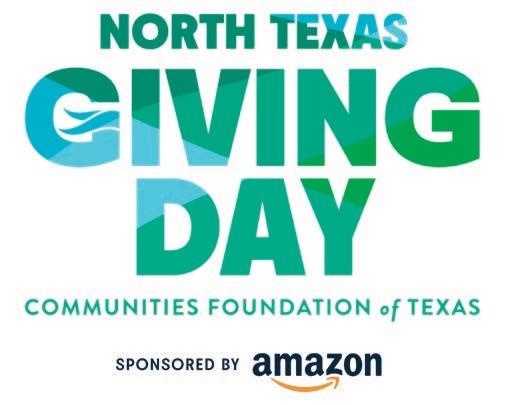






















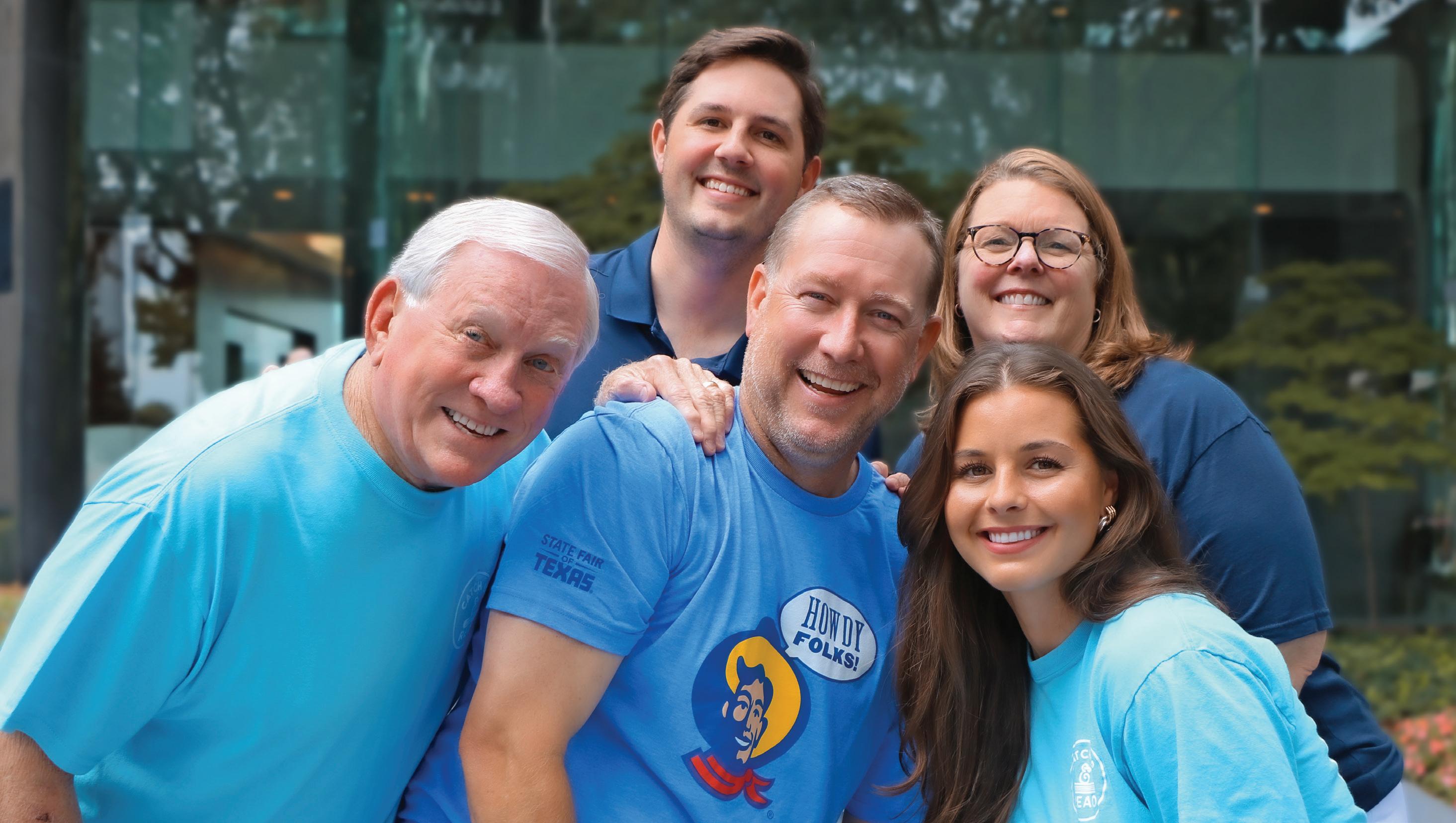




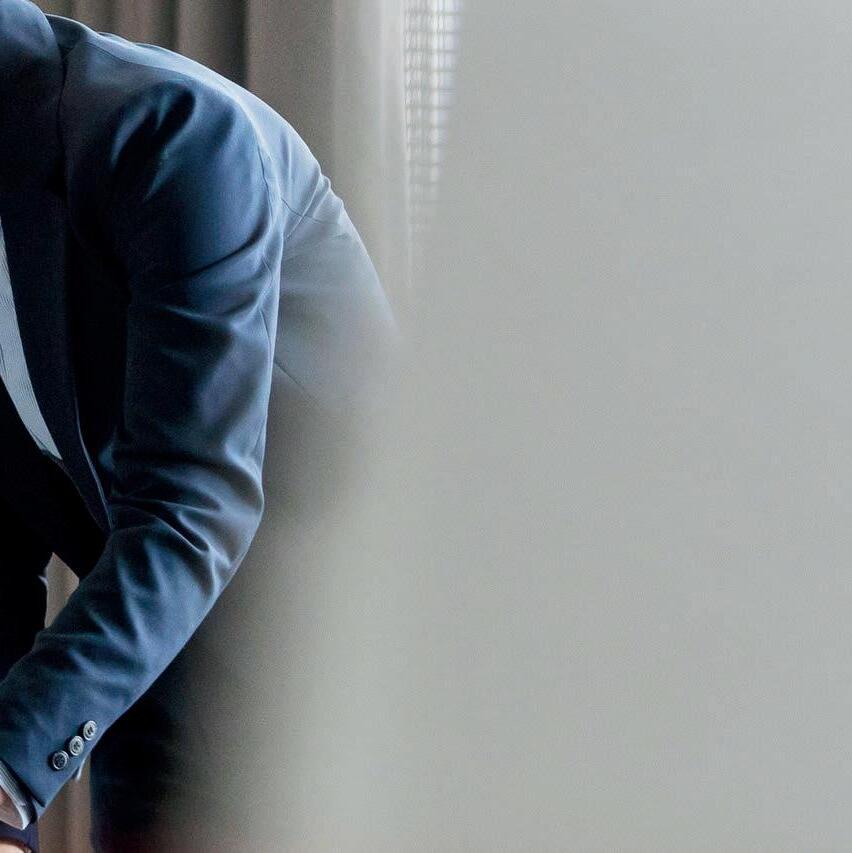




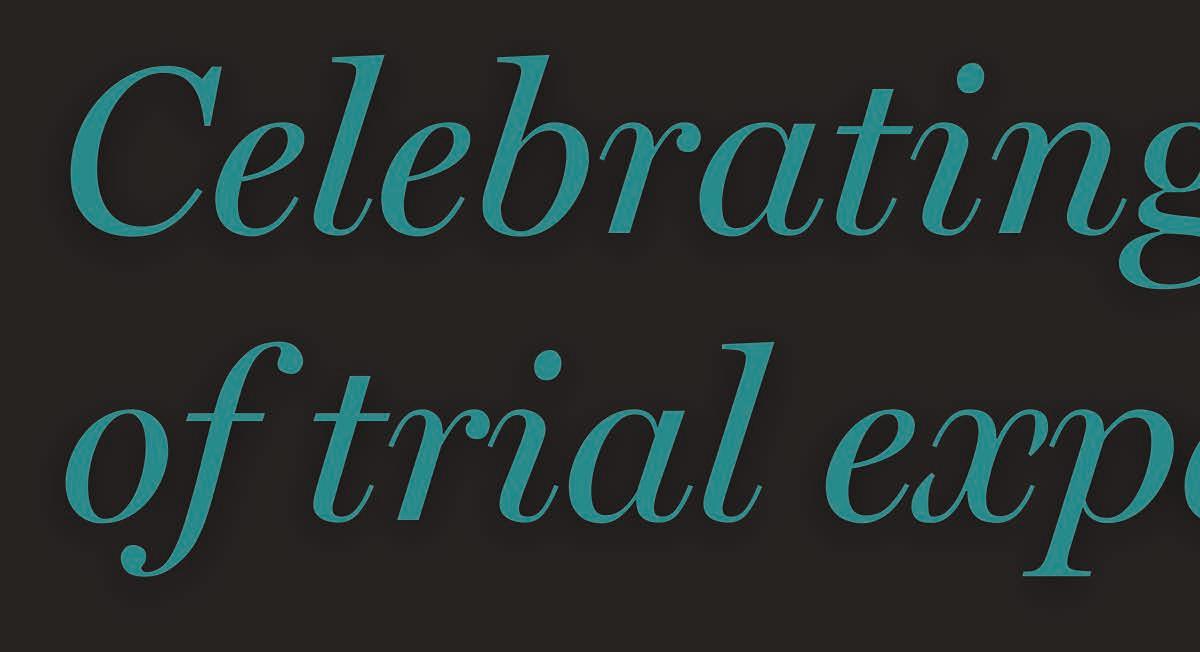








DIA DE LOS MUERTOS: HONORING OUR ANCESTORS PRESENTED BY PEPSICO




Get ready for an unforgettable night at The Concilioʼs Big Dreams Gala 2024! Join us for a mystical evening celebrating the cultural tradition of Dia de los Muertos, leaving an ofrenda to honor ancestors, Latin food, music, and more. This black-tie event will highlight the impactful work of The Concilio in the community for over 40 years.
Purchase your sponsorships and tables: https://theconcilio.org/events/ events-big-dreams/
FRIDAY, NOVEMBER 1, 2024
THE EMPIRE ROOM | 1225 N
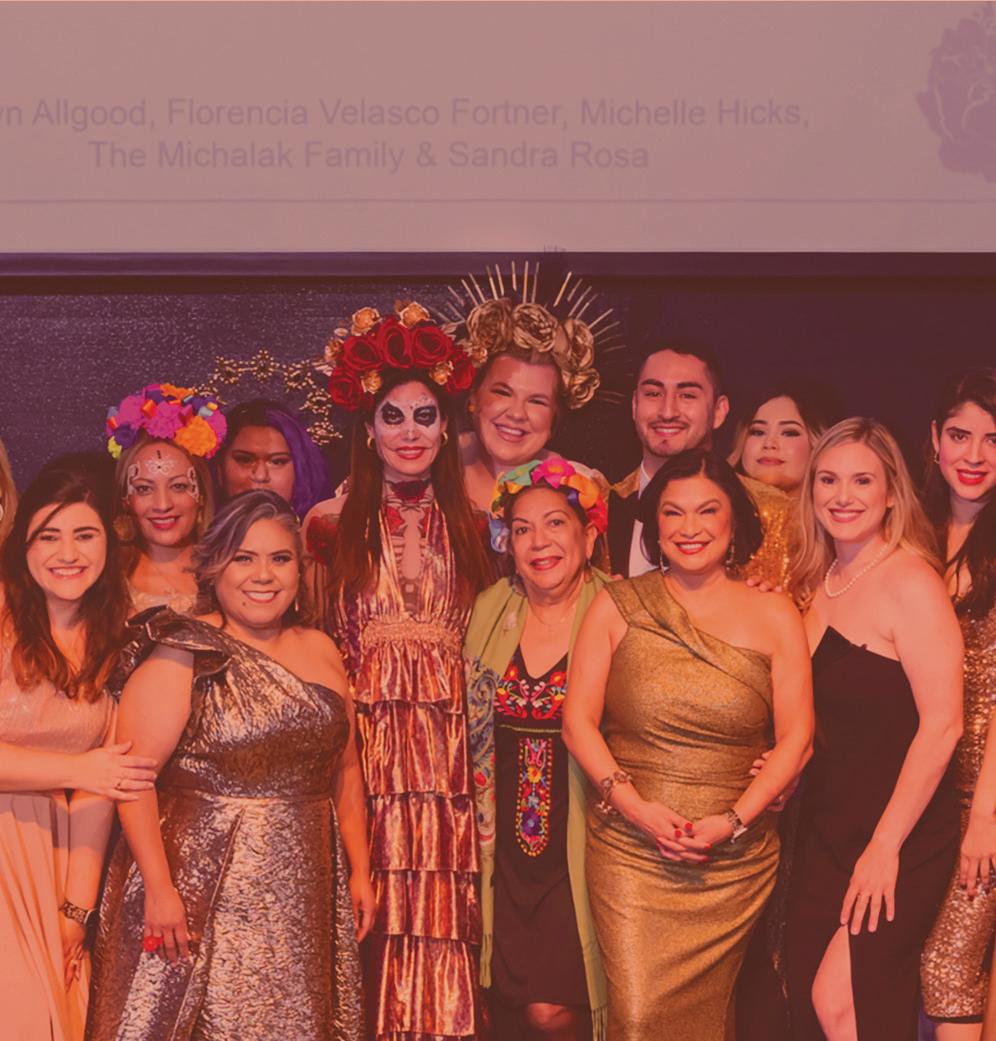
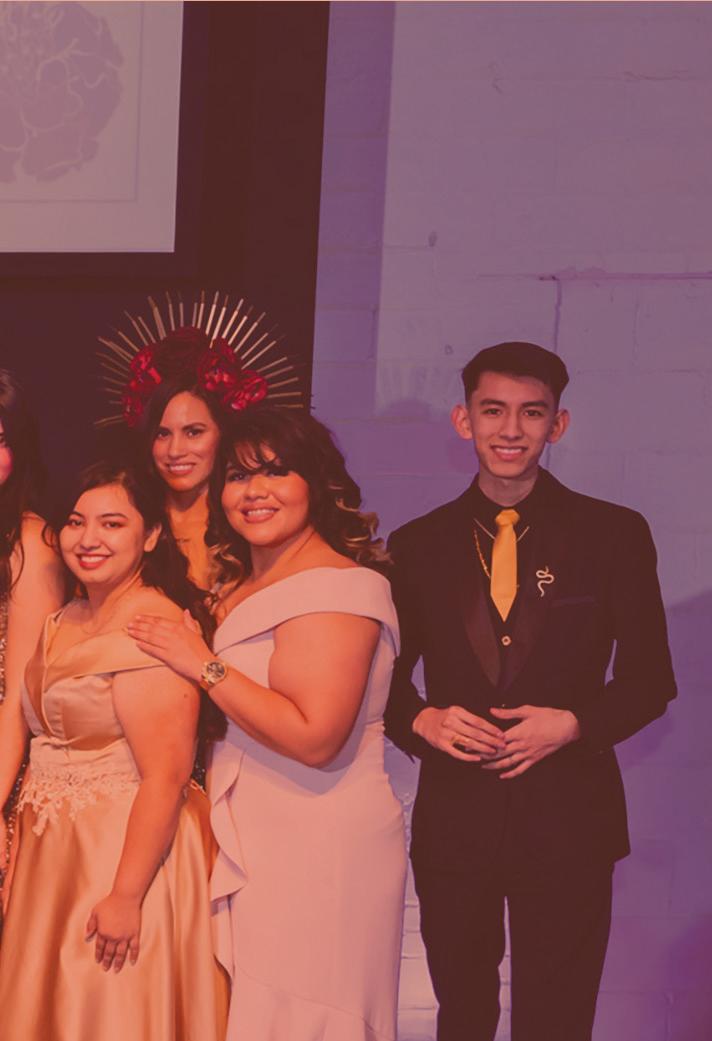








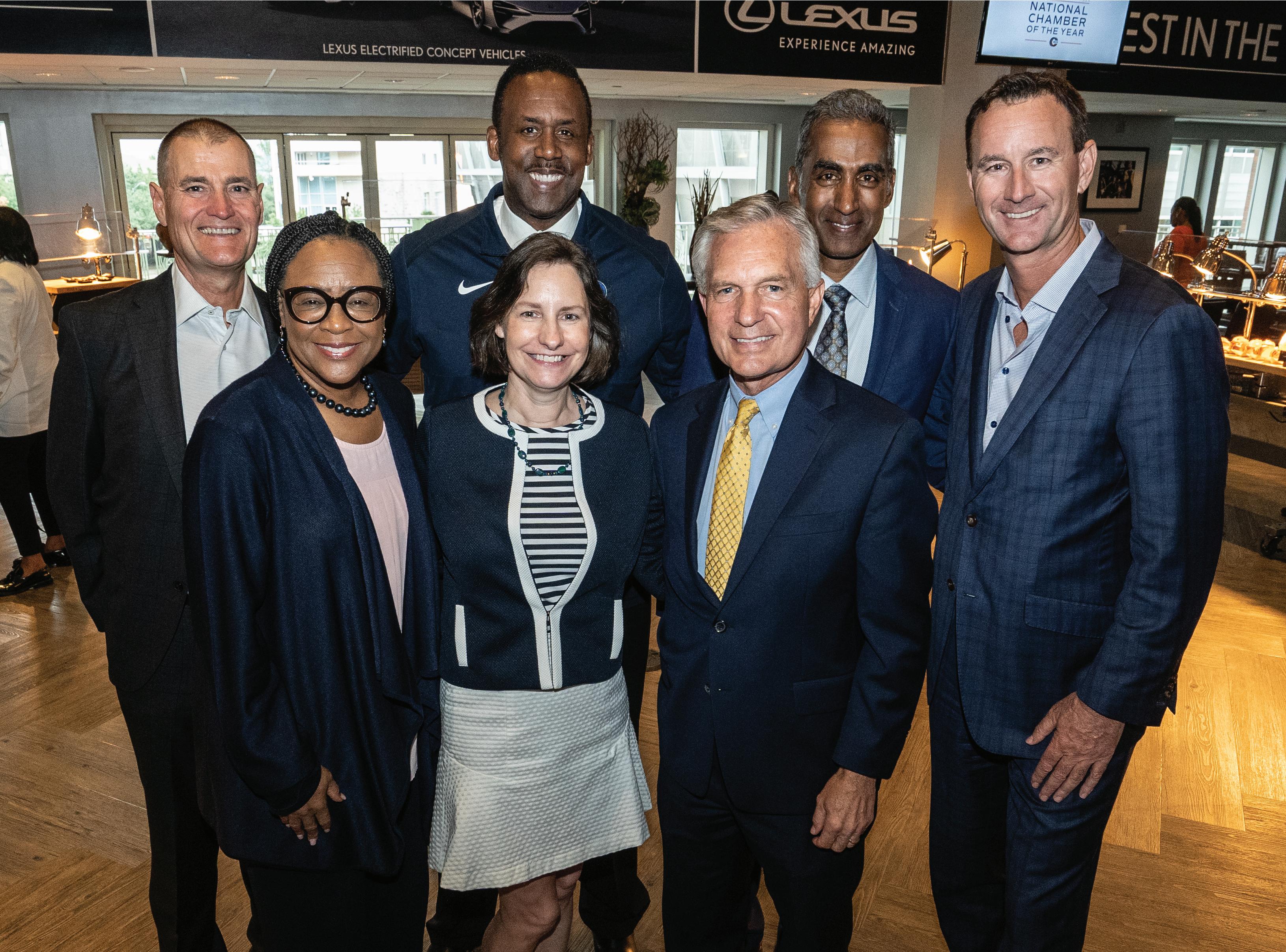

dallaschamber.org/join

Congratulations to Southwest Airlines® for being named a finalist in D CEO’s Nonprofit and Corporate Citizenship Awards!
Repurpose with Purpose is Southwest’s® global environmental sustainability initiative that upcycles aircraft seat leather, diverting waste from landfills, with the help of impactful partners—like Wearsos.
To learn more, visit swa.is/repurpose by scanning the QR code.












Dallas Children’s Advocacy Center helps children heal from the trauma of abuse and empowers them to reclaim their futures.
Since 1991, DCAC has been a beacon of hope and healing for over 100,000 children and families impacted by criminal child abuse. We are the experts in specialized case coordination, forensic services, wraparound support, and mental healthcare for Dallas County.
Become a volunteer or donate today at dcac.org
If you suspect a child is being abused, please call 1.800.252.5400

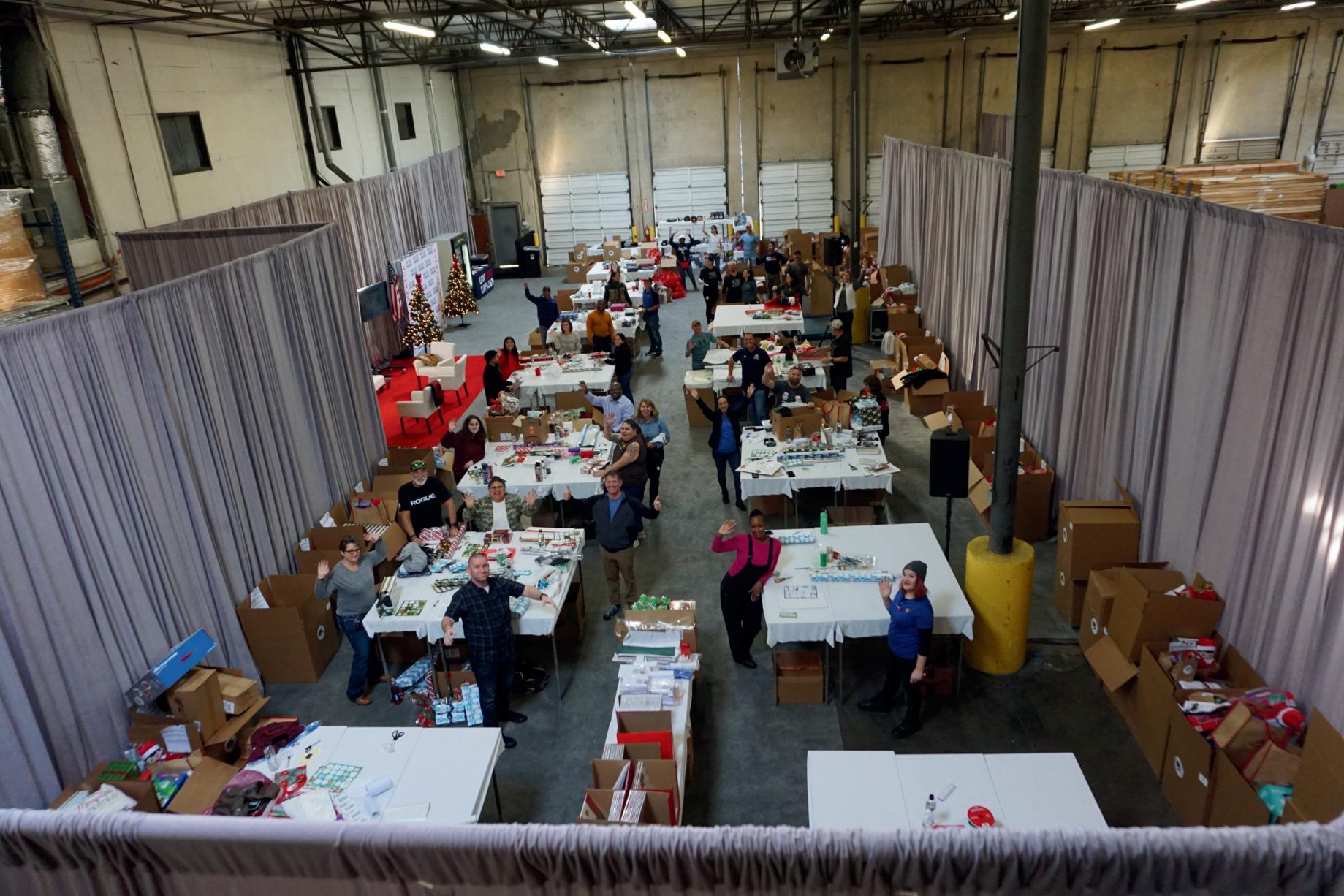
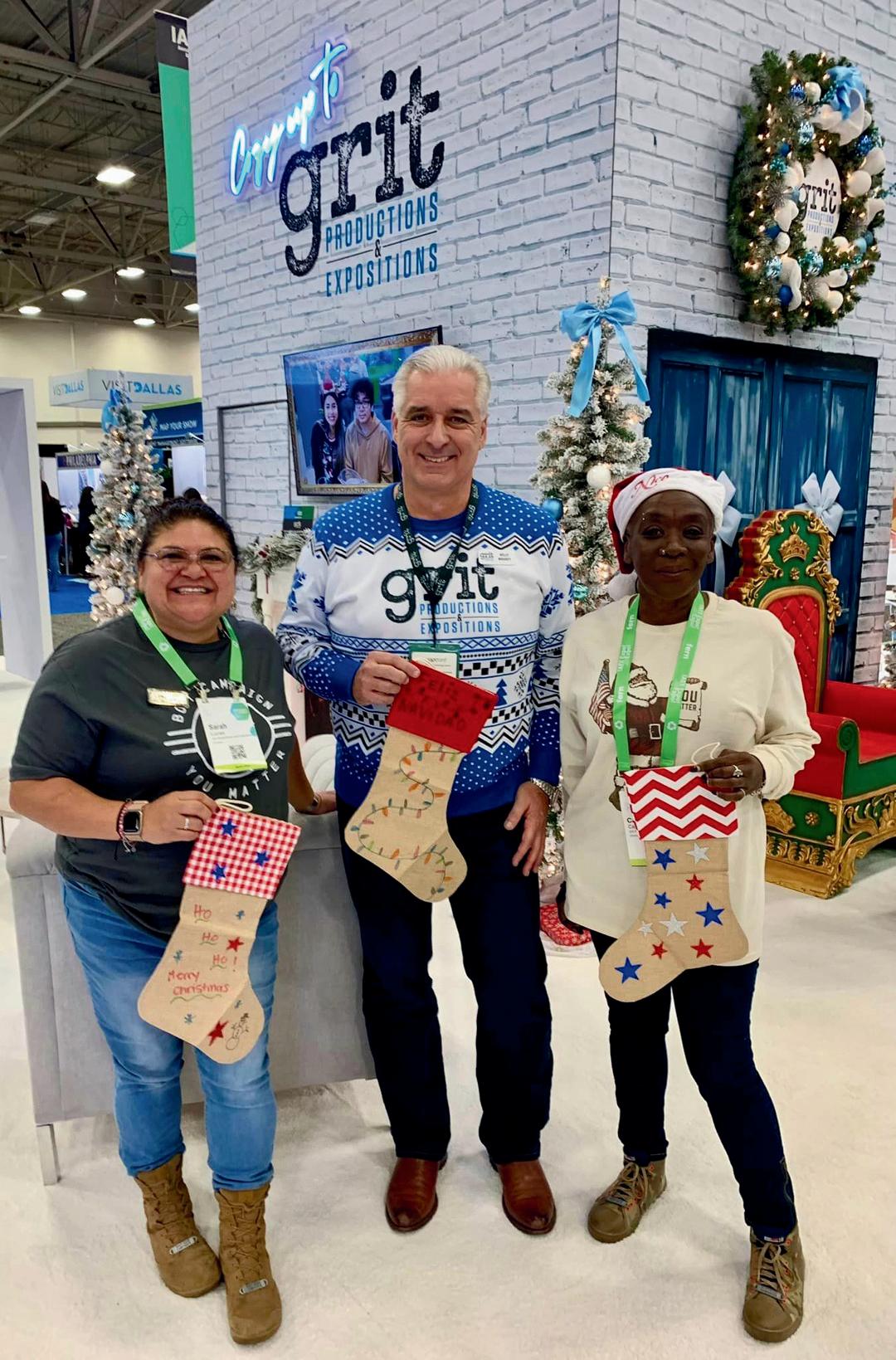
CBRE greatly appreciates our generous sponsors, participating chefs, silent auction donors and countless volunteers who made the 25th annual Chefs Showcase a tremendous success. Over the last 25 years, this iconic event has become one of the most anticipated social events of the spring. Most importantly, it has helped thousands of kids with chronic illnesses or physical disabilities experience the therapeutic benefits of camping through the programs at Camp John Marc.
CBRE and Camp John Marc’s partnership has been recognized as a finalist for D CEO’s Nonprofit & Corporate Citizens Award in the “Collaboration of the Year” category, a testament to the dedication and teamwork of the partnership over the past 25 years.
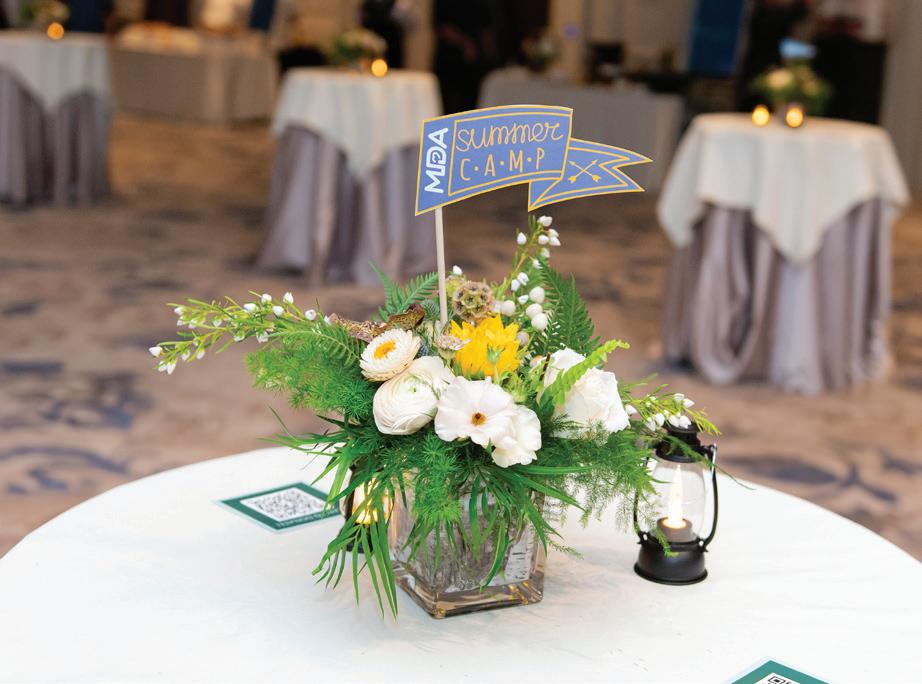
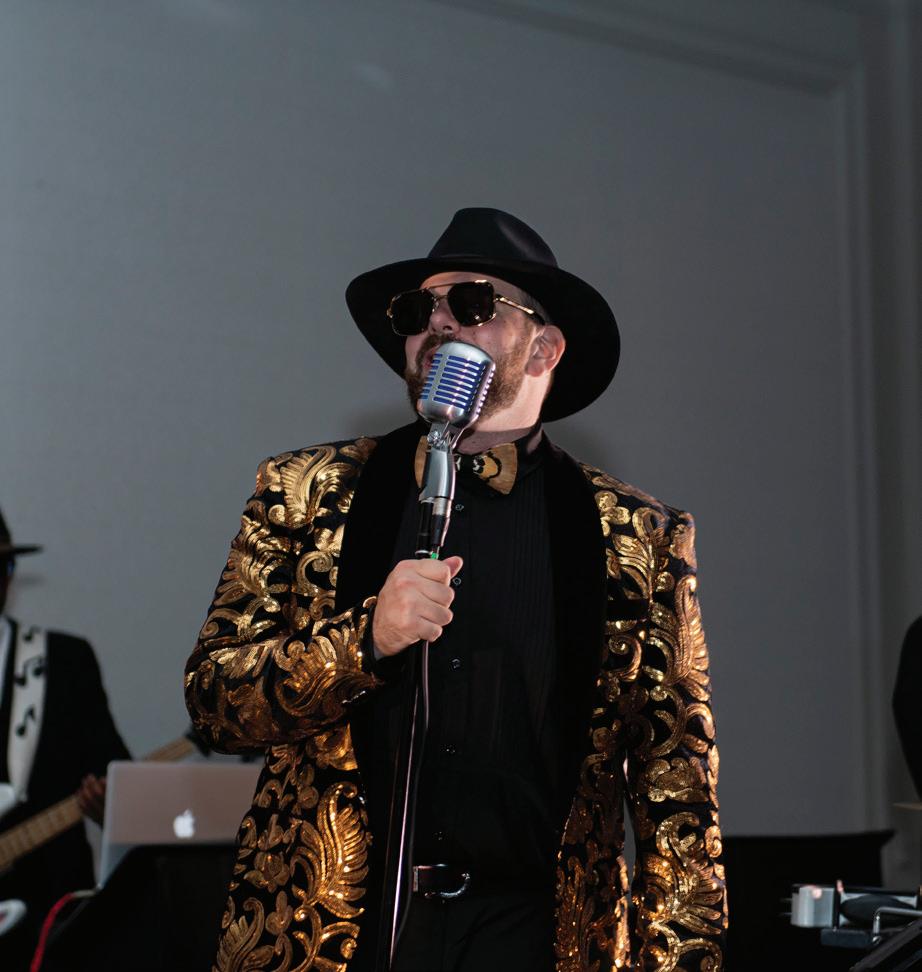














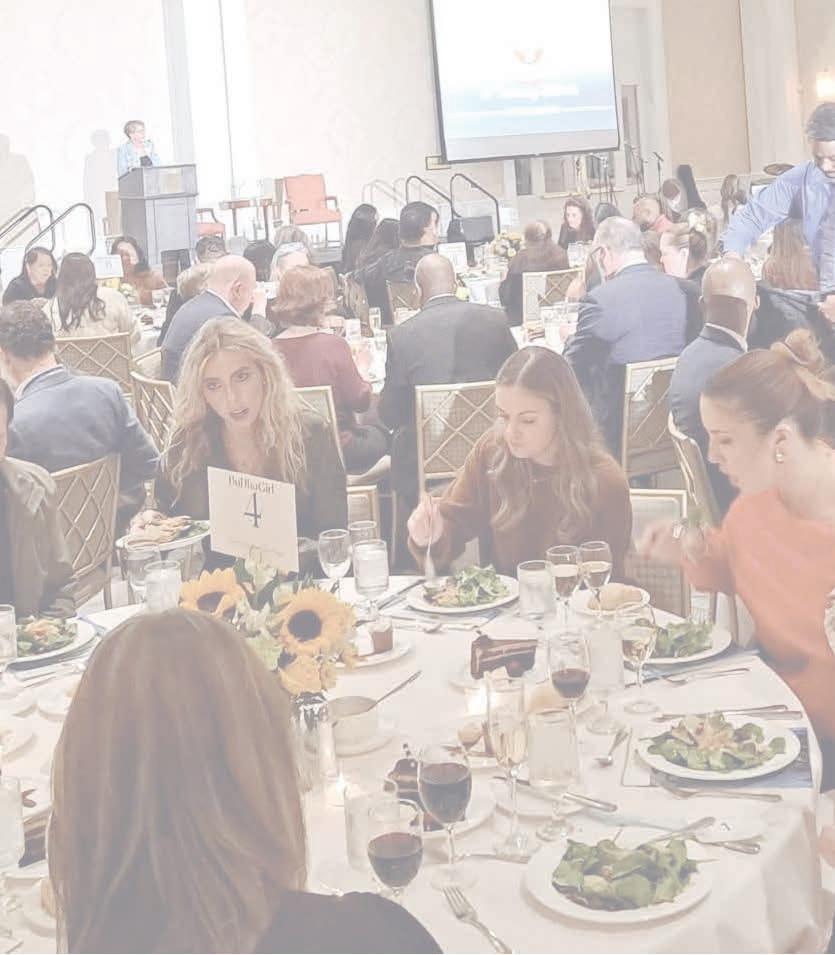



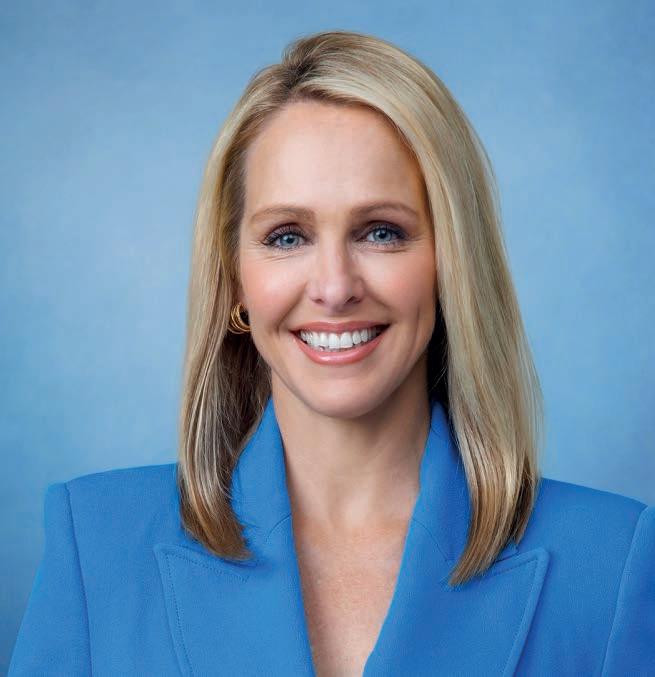


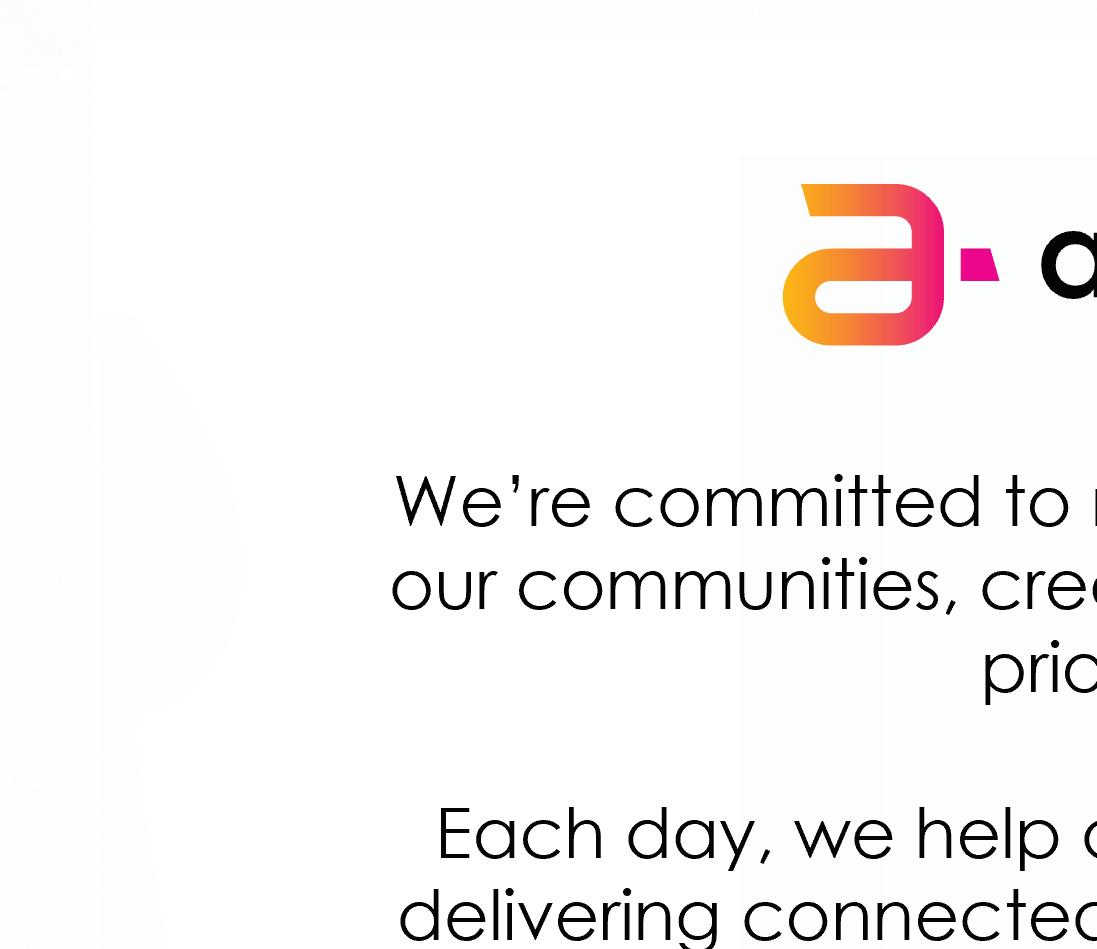
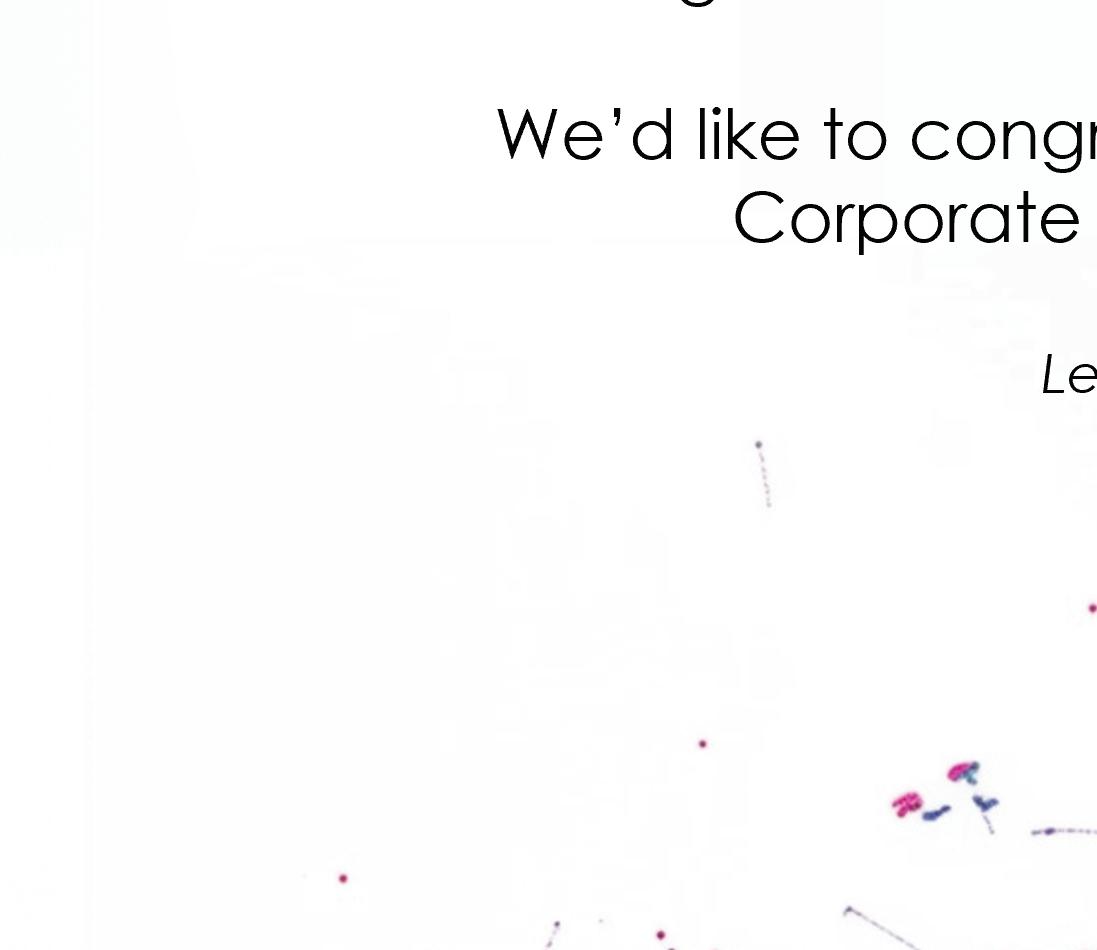


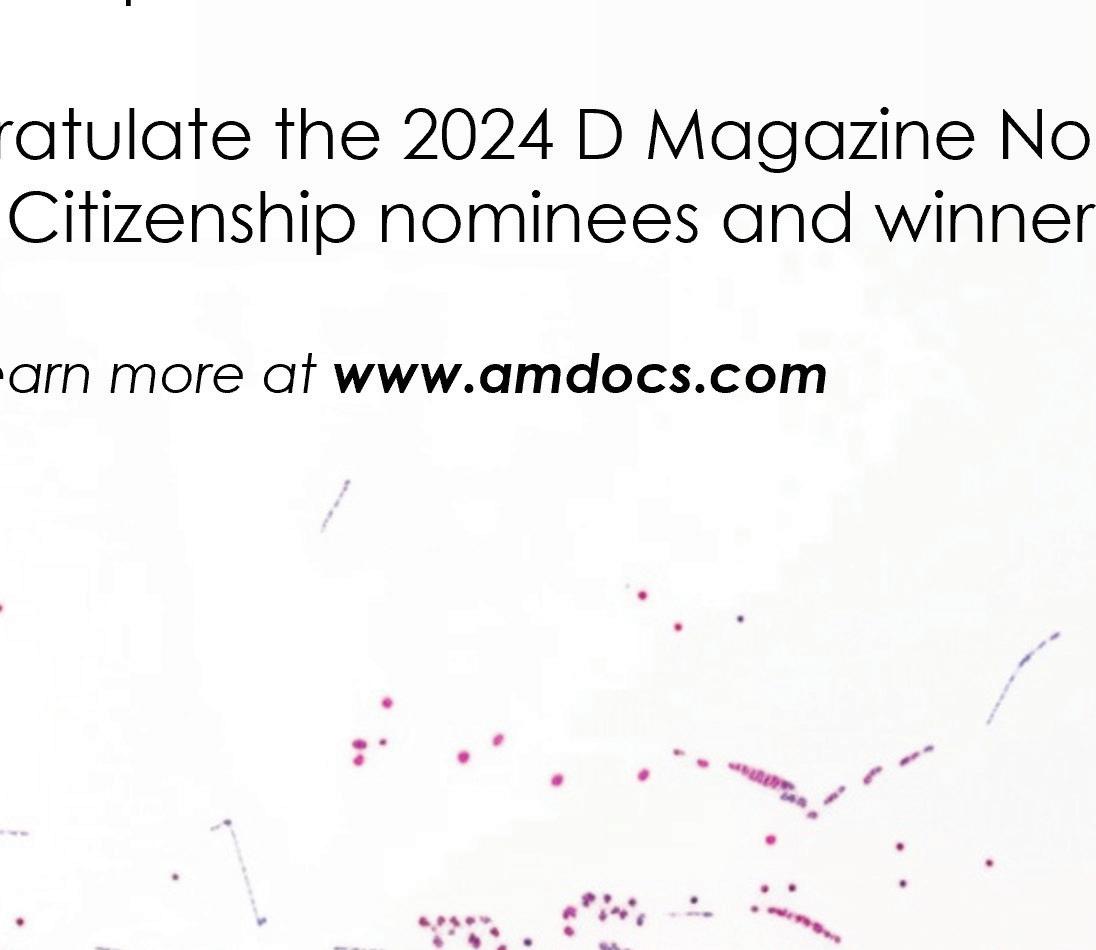



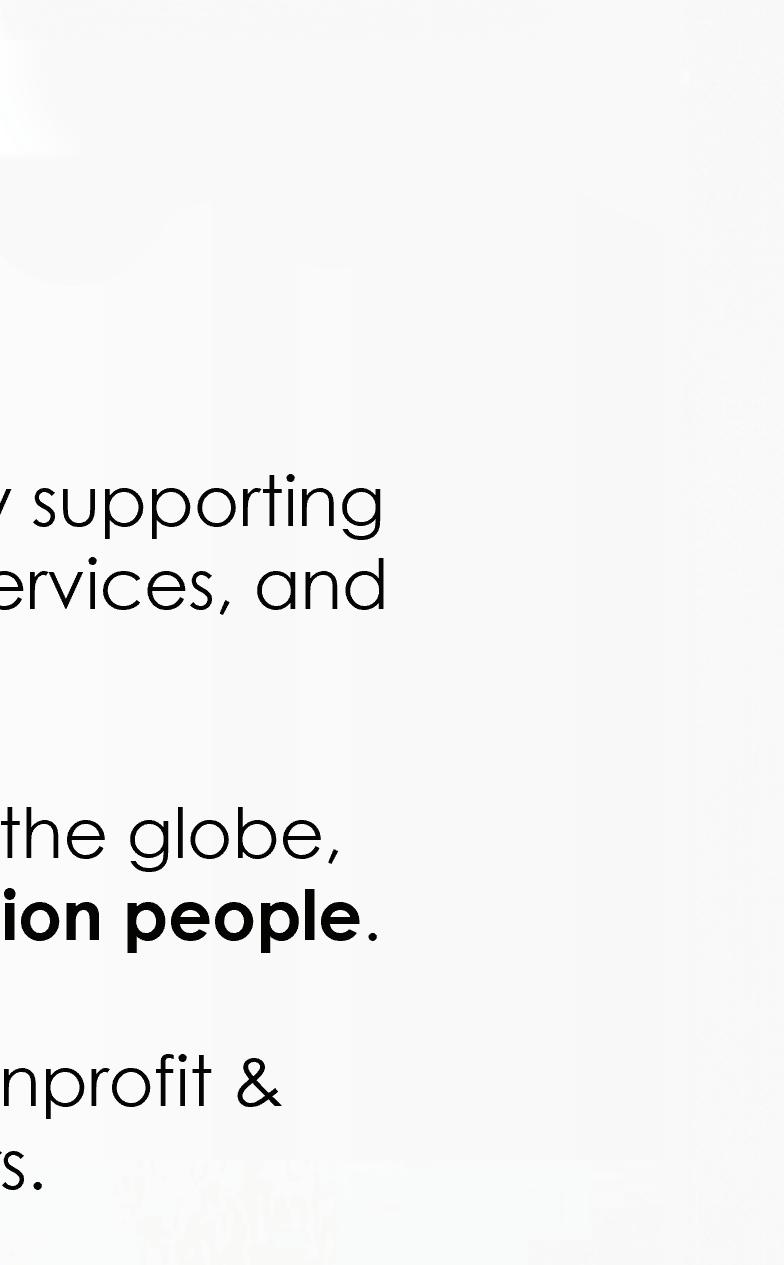


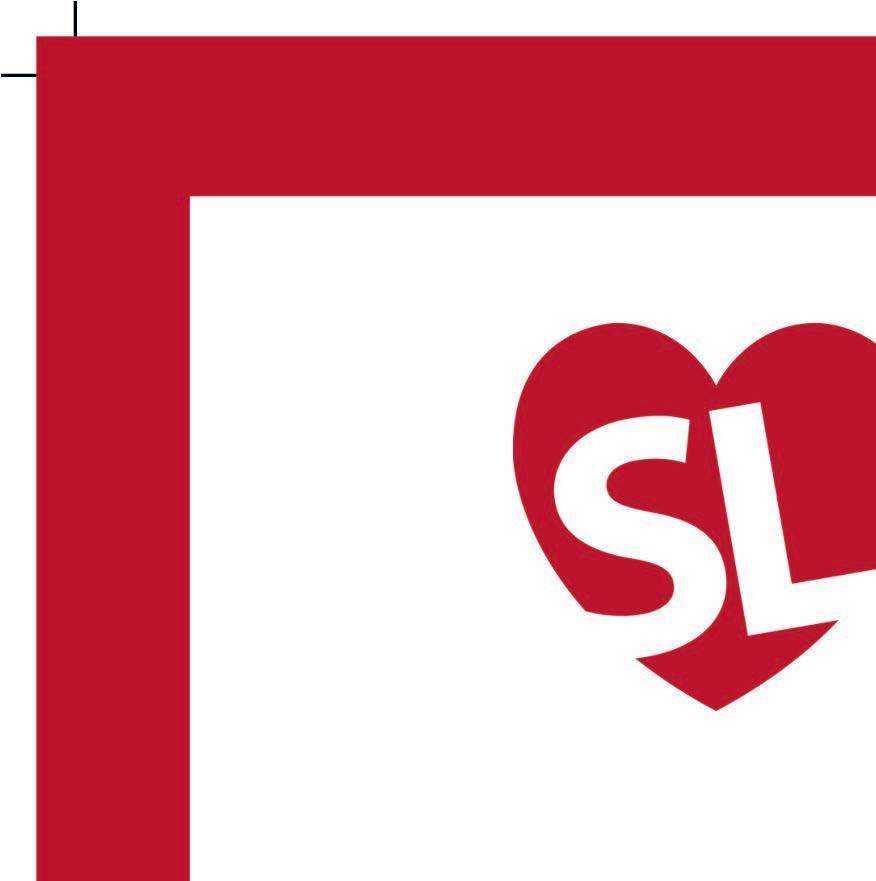


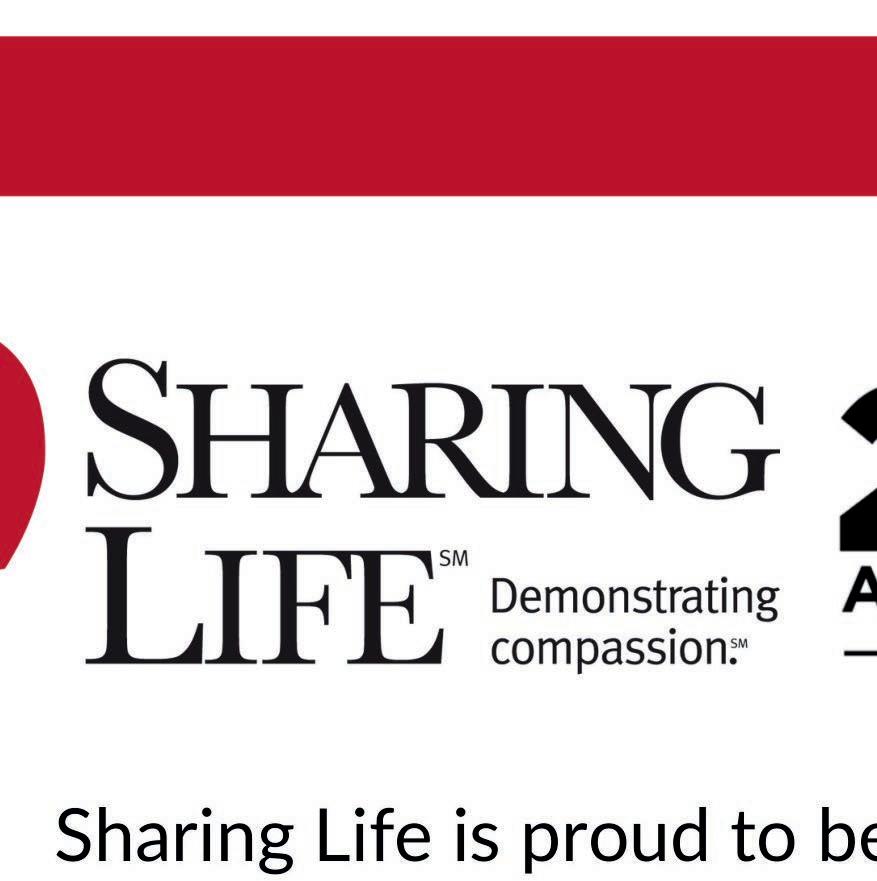
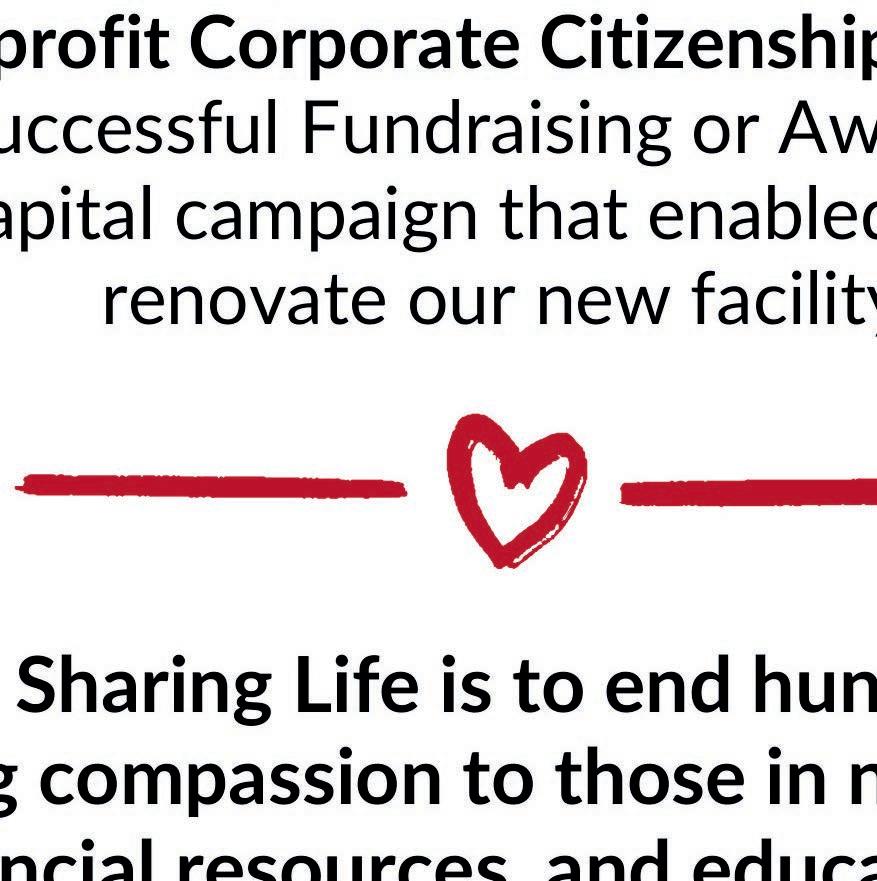

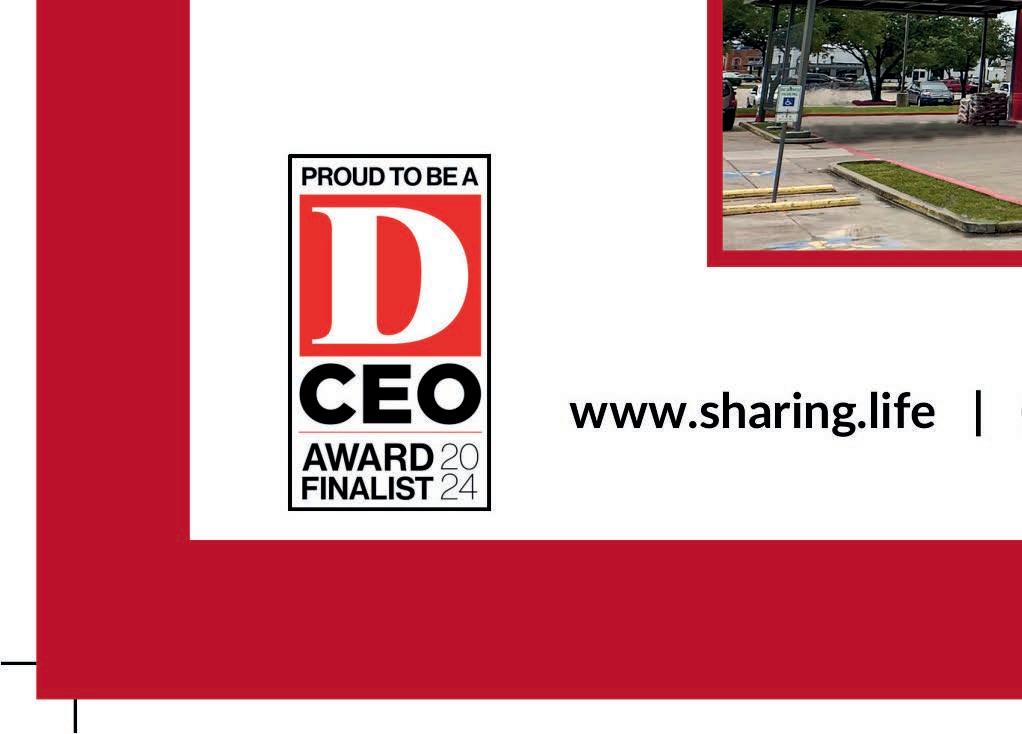

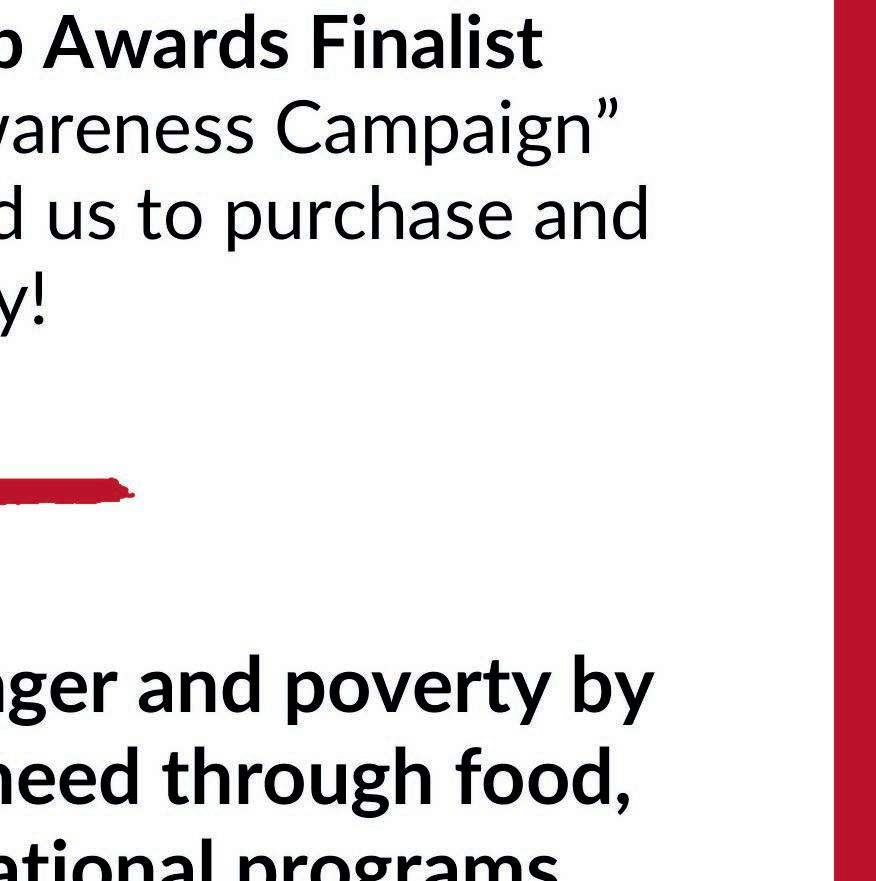

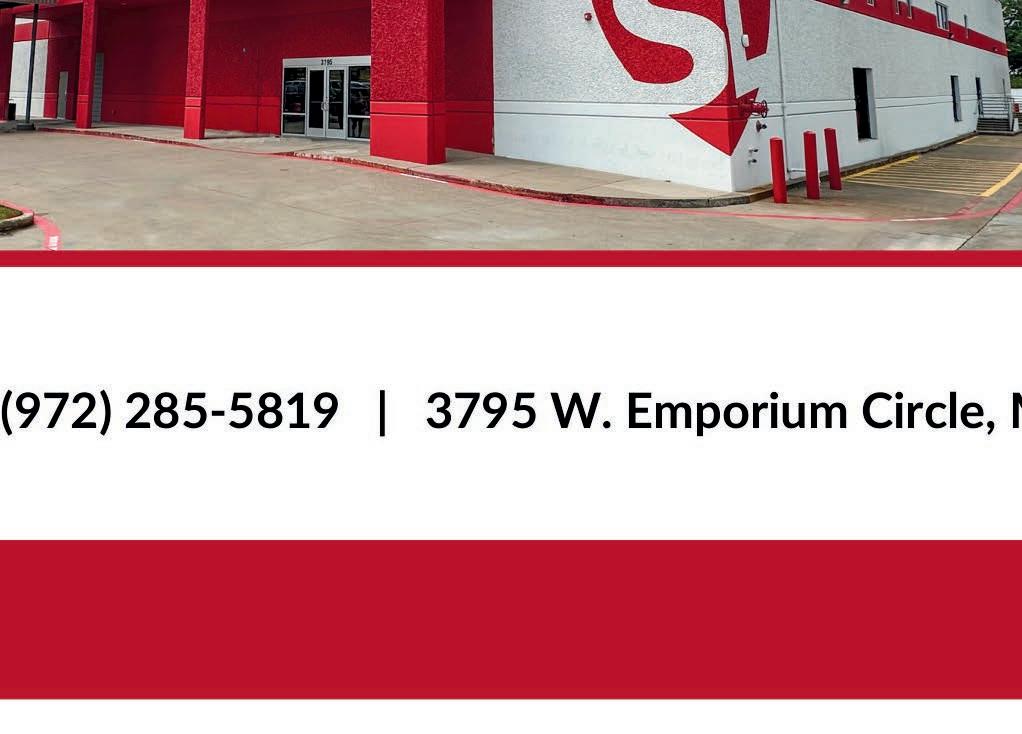


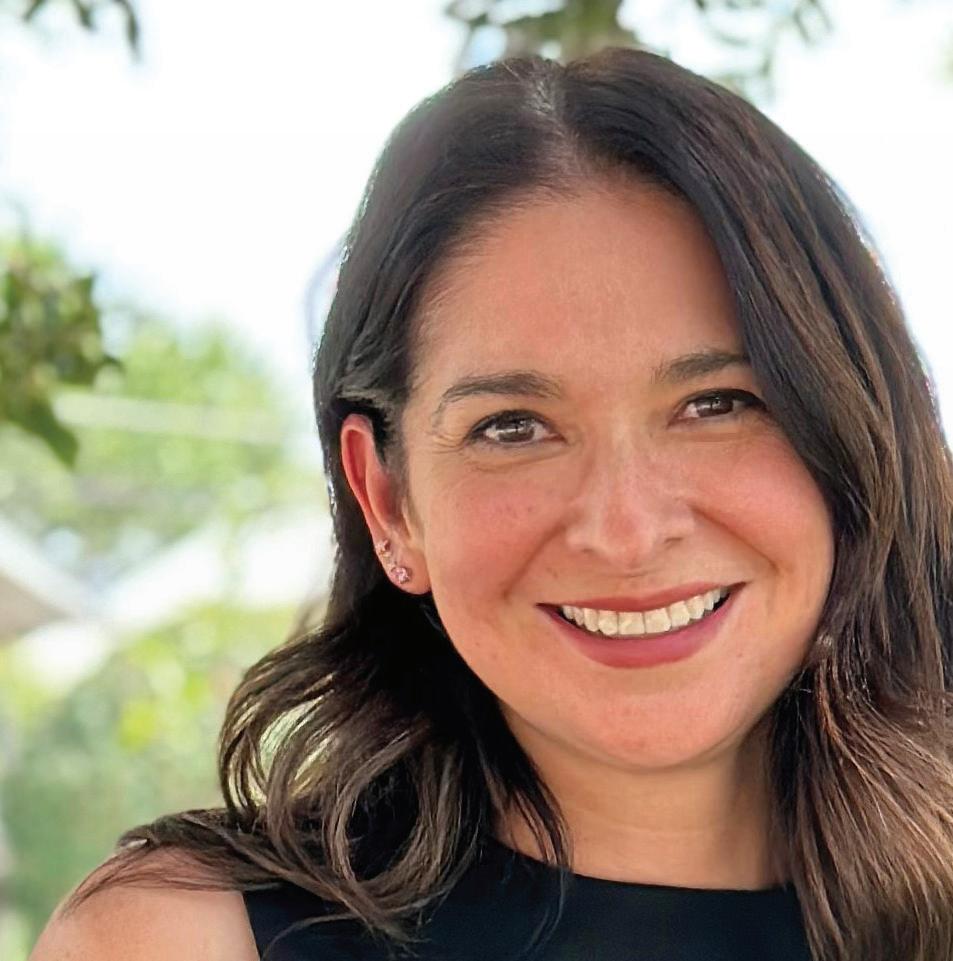
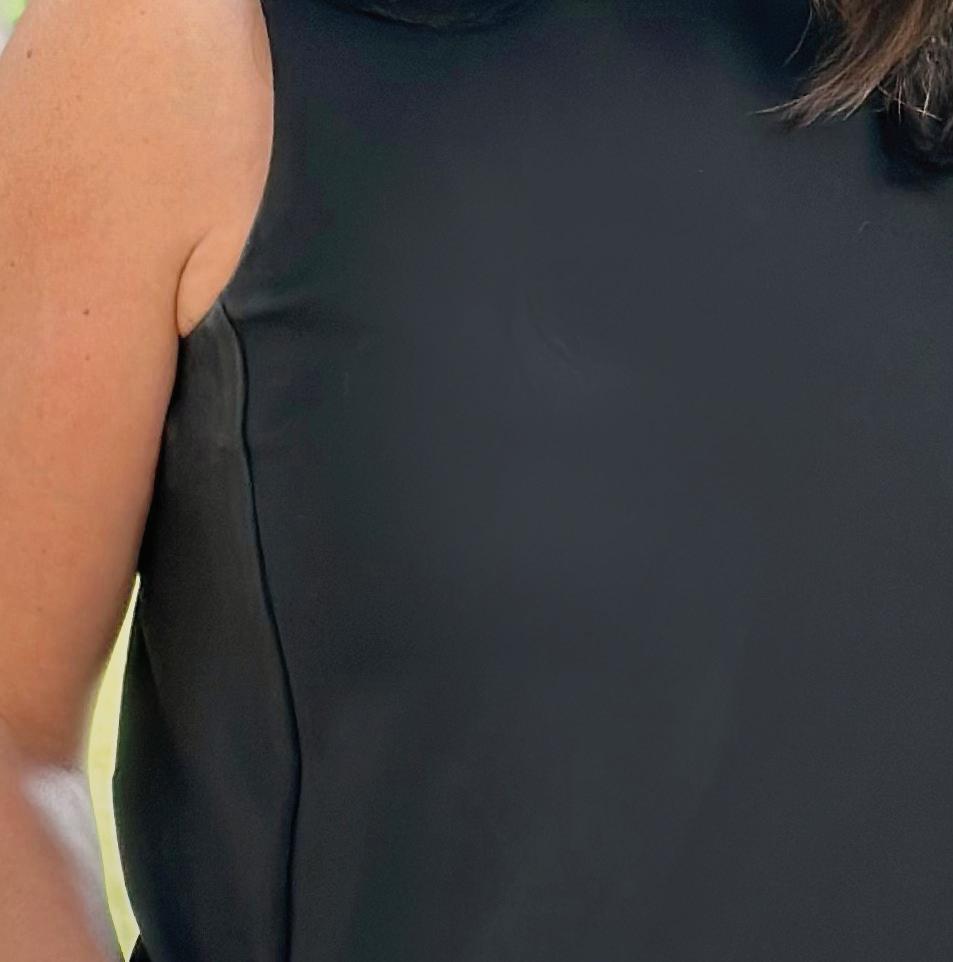

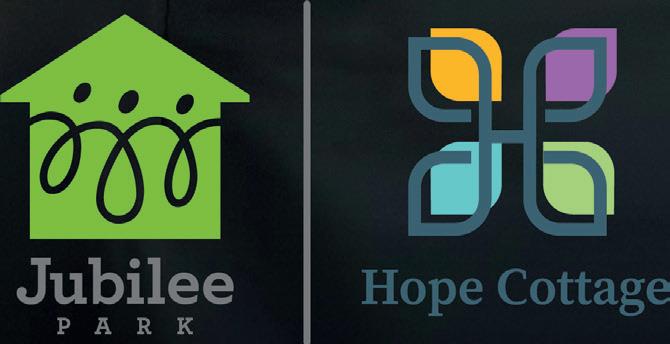



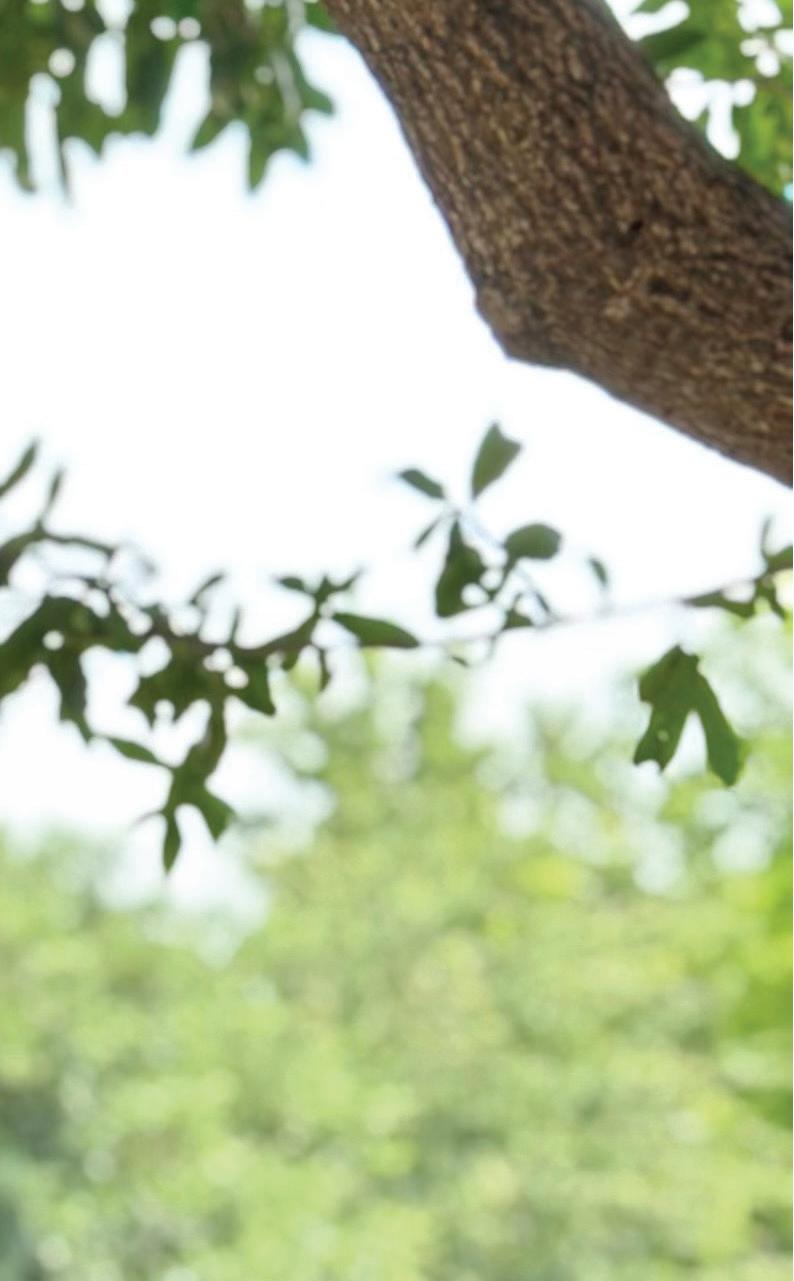




Marissa Castro Mikoy, President & CEO, Jubilee Park & Community Center and Stephanie
Honored to be nominated for Leadership Excellence by the D CEO Awards
Through our collaborative partnership, Jubilee Park & Community Center and Hope Cottage uplift children, families, and communities for a stronger Dallas. Together, our impact is boundless.







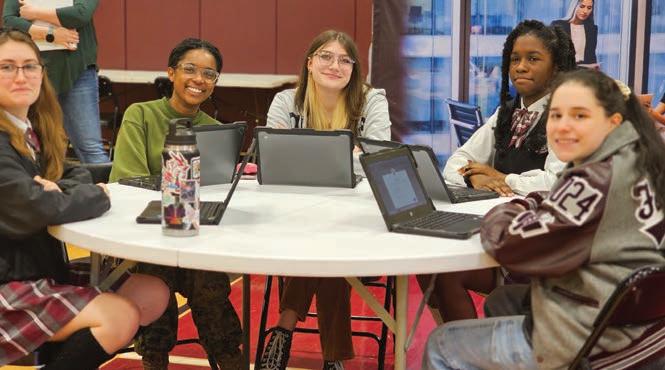











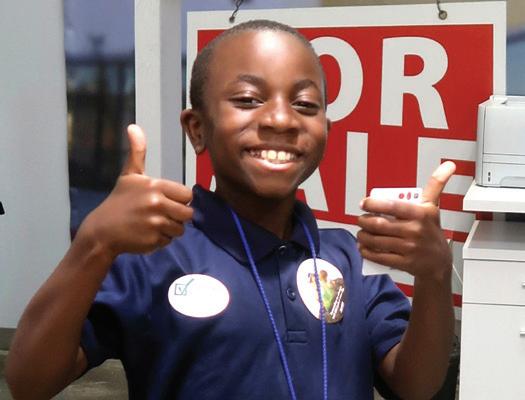





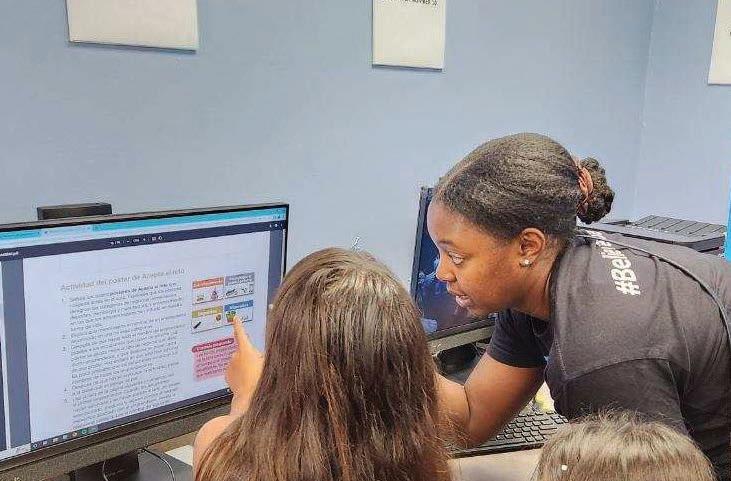




Dear North Texas,

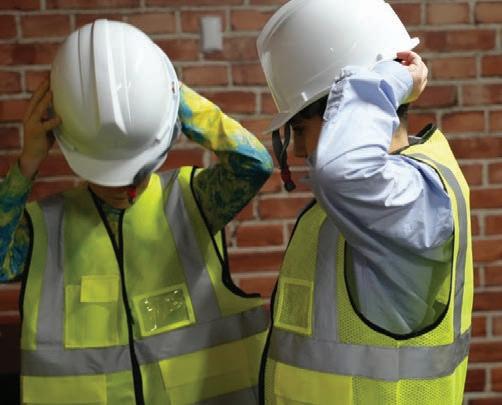



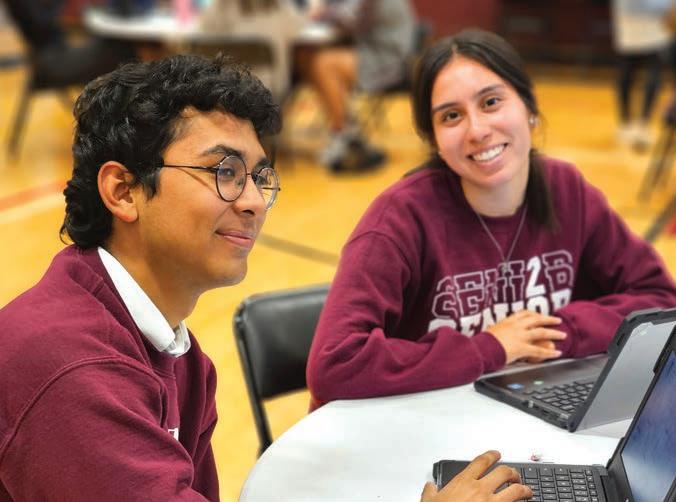
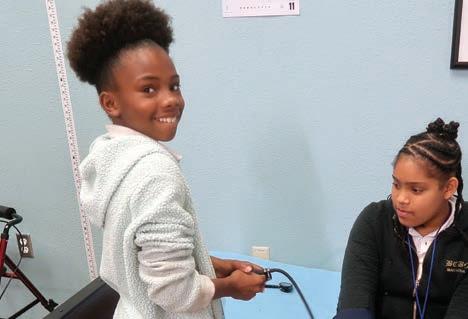























The potential to fill a strong pipeline of workers is right under our noses – in classrooms all over North Texas. We know, because we witness that potential unleashed when students have access to hands-on learning experiences in workforce, entrepreneurship and financial literacy skills.
Together, we can prepare students – and our region – to thrive.
That’s why we partner with businesses and community members to mentor, coach and lead more than 100,000 students annually… because if our young people can see it, they can be it.







Chris LaTurno, President & CEO, Junior Achievement of Dallas






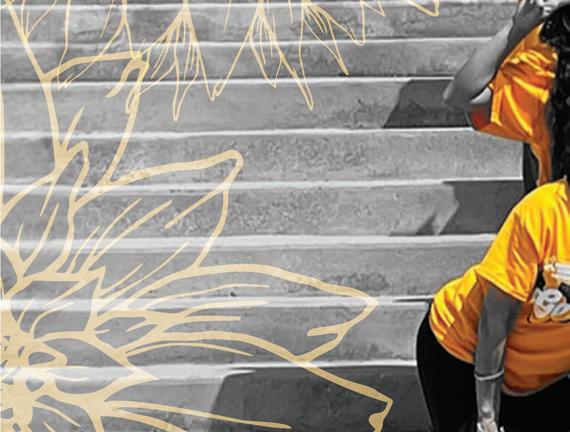



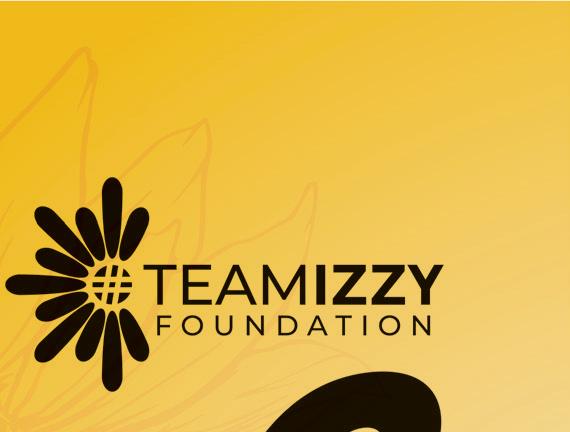

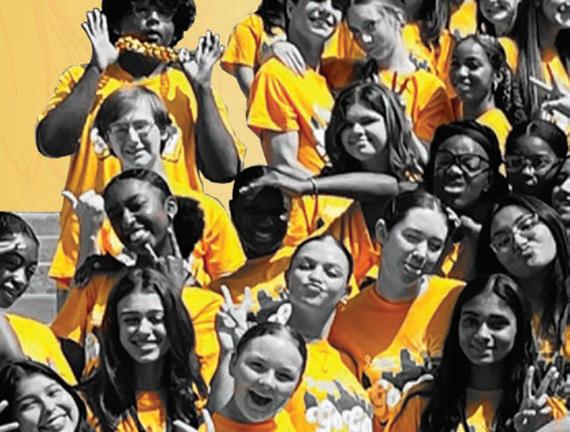

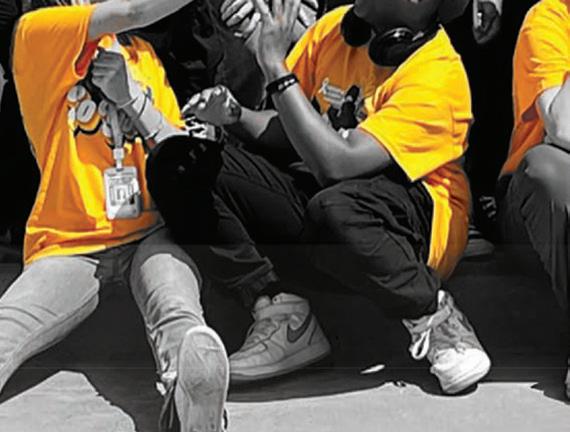
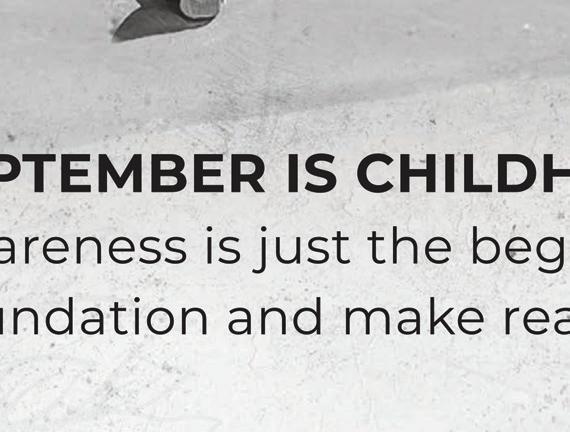



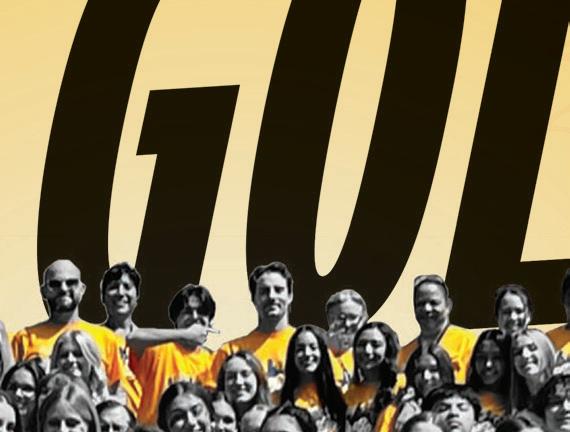









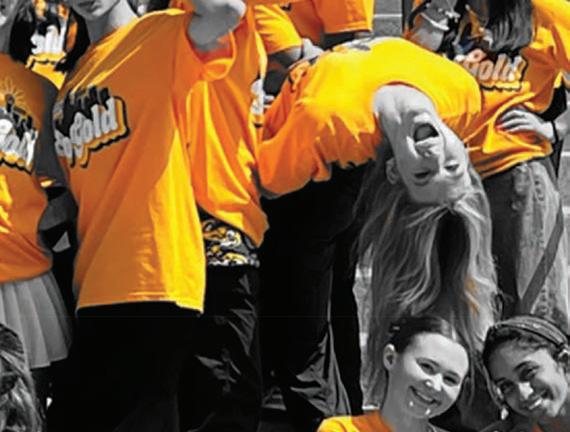
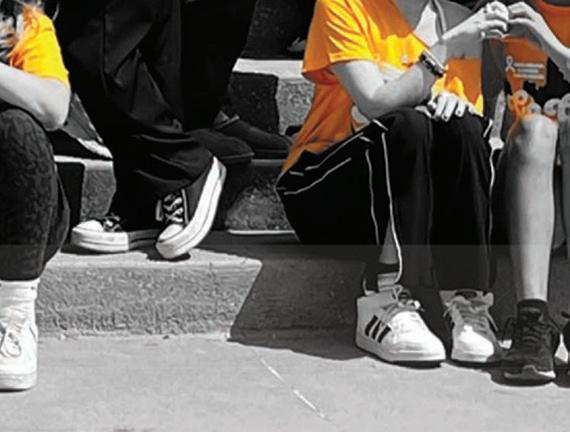

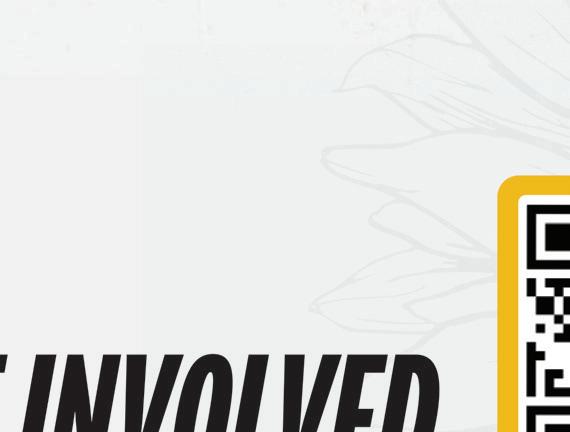



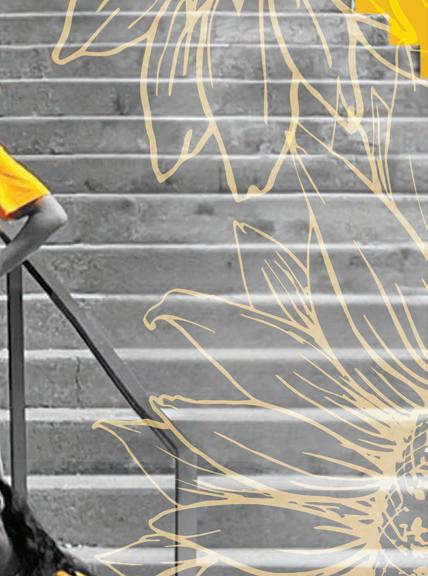



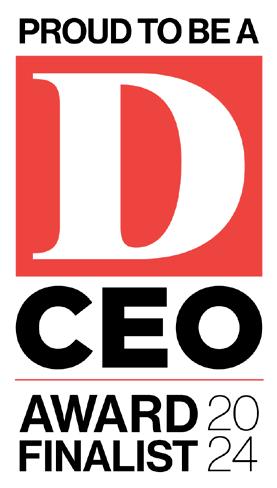

At NETSCOUT, we help protect global leaders of industry from risks of disruption by solving their most challenging network performance and security problems – ensuring that their connected world runs safely and smoothly.
Though our reach is global, our commitment is local. Whether it’s through empowering employee philanthropy, supporting local charities with volunteer service, or helping to bridge the digital divide, we are dedicated to making a difference in North Texas and beyond.
Together, let’s make a stronger community where everyone thrives. NETSCOUT in Allen, Texas is not just a workplace, it’s a cornerstone of community empowerment and support.







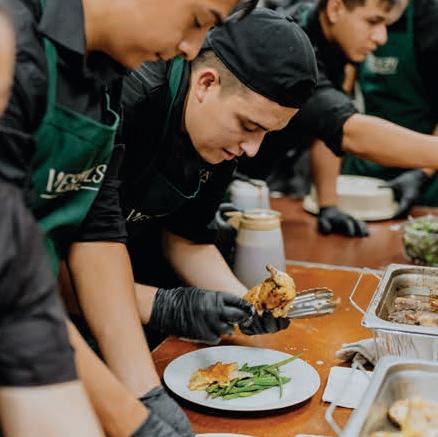











Established in 2007, Vestals Catering is a trusted partner for events across Texas, delivering on our promises for seamless event execution and dedication to detail. We alleviate planning stress, delivering impeccable service and custom menus for weddings, galas, corporate events, and special celebrations. Backed by our proven track record of culinary excellence and generous hospitality, our team of event experts are here to make sure your events are a complete success.


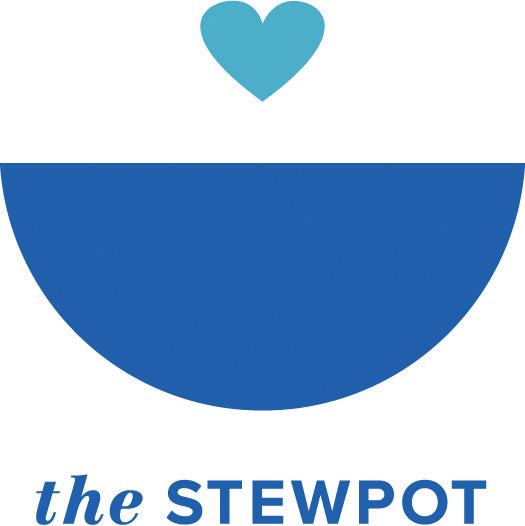


The Stewpot of First Presbyterian Church of Dallas is a safe haven for those experiencing and at-risk of homelessness. Because of the support and partnership from YOU, our community, we can provide individuals and families with resources for basic survival needs and opportunities to start a new life.

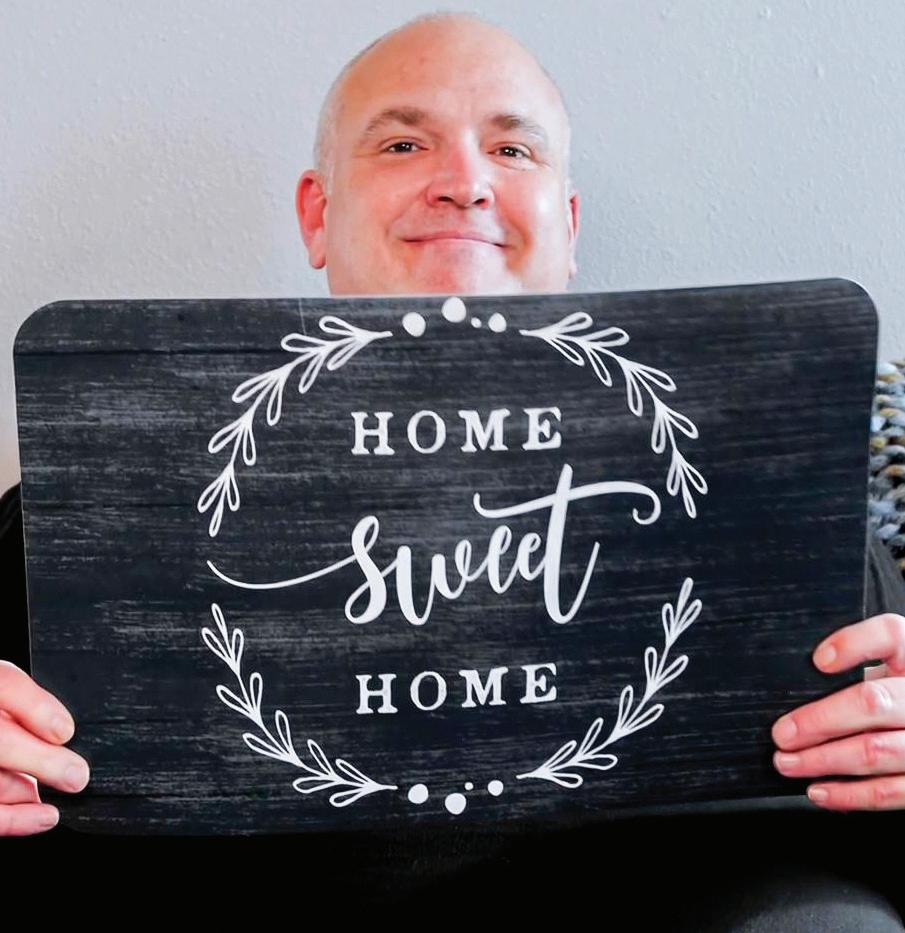
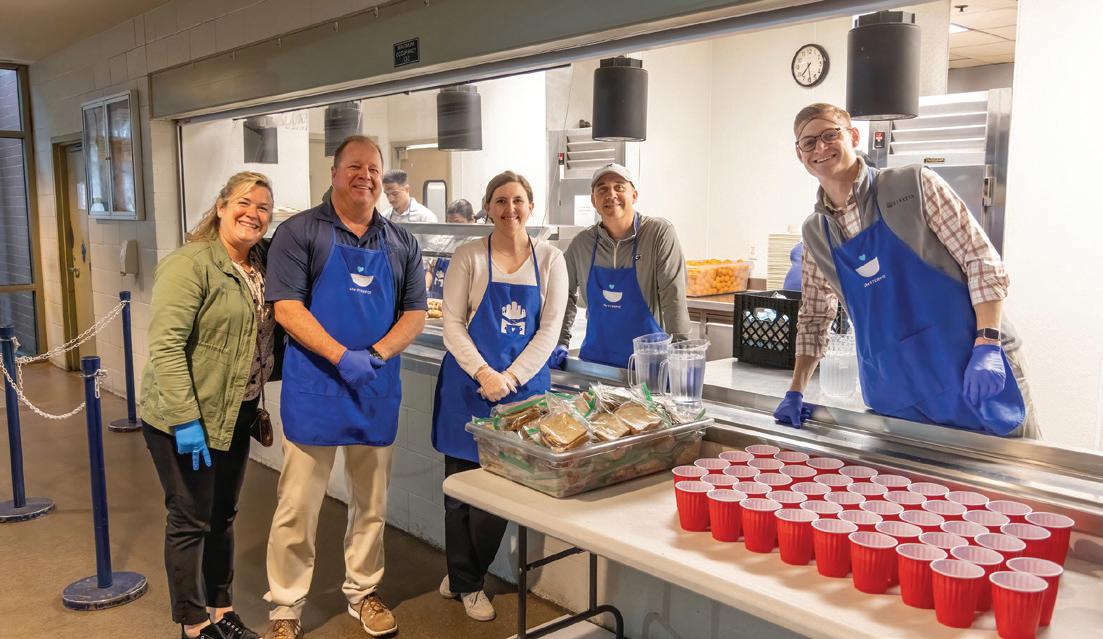




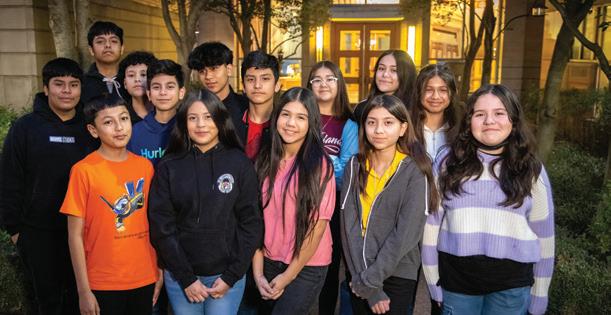


Congratulations to Brenda Snitzer Executive Director, The Stewpot


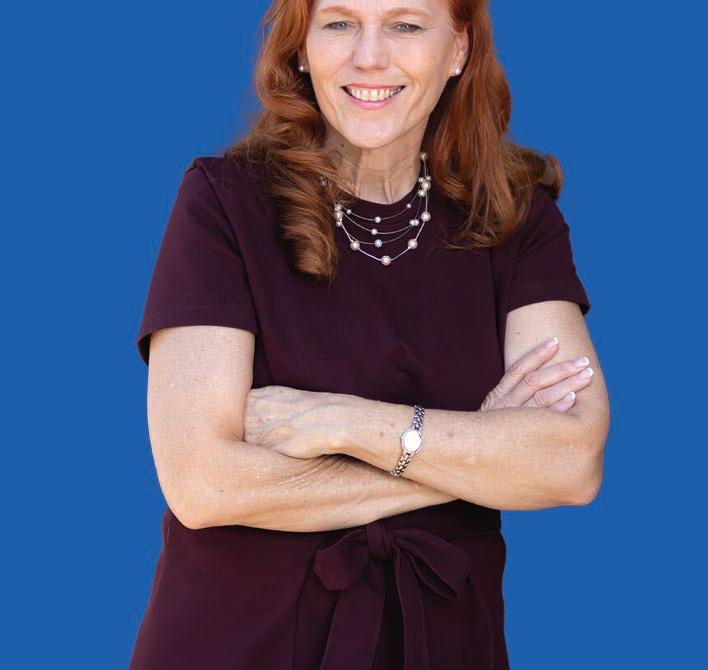
Finalist, D CEO 2024 Nonprofit and Corporate Citizenship Awards

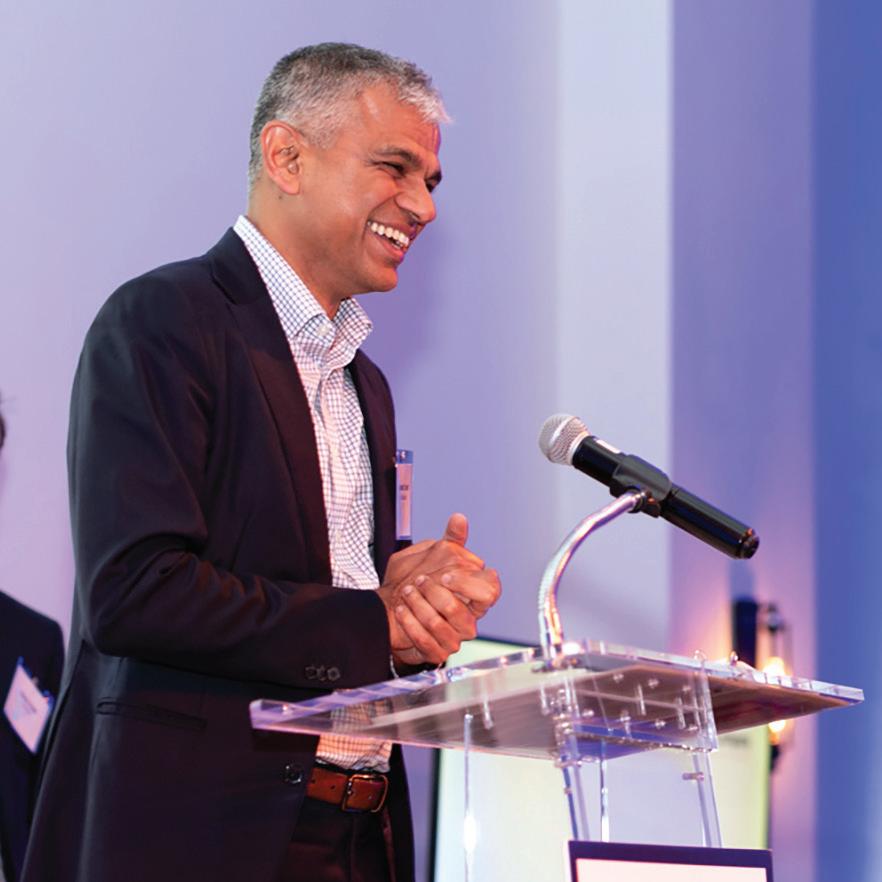
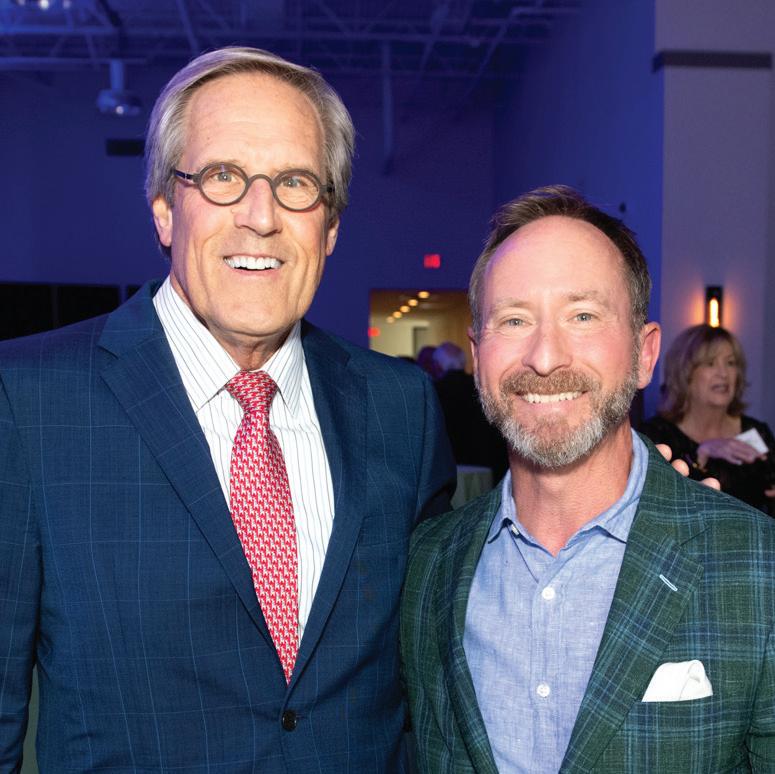
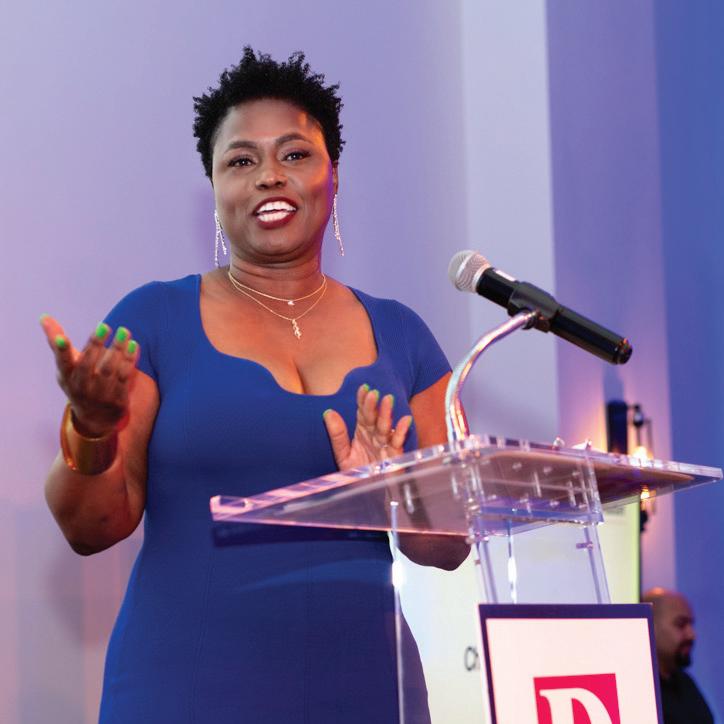

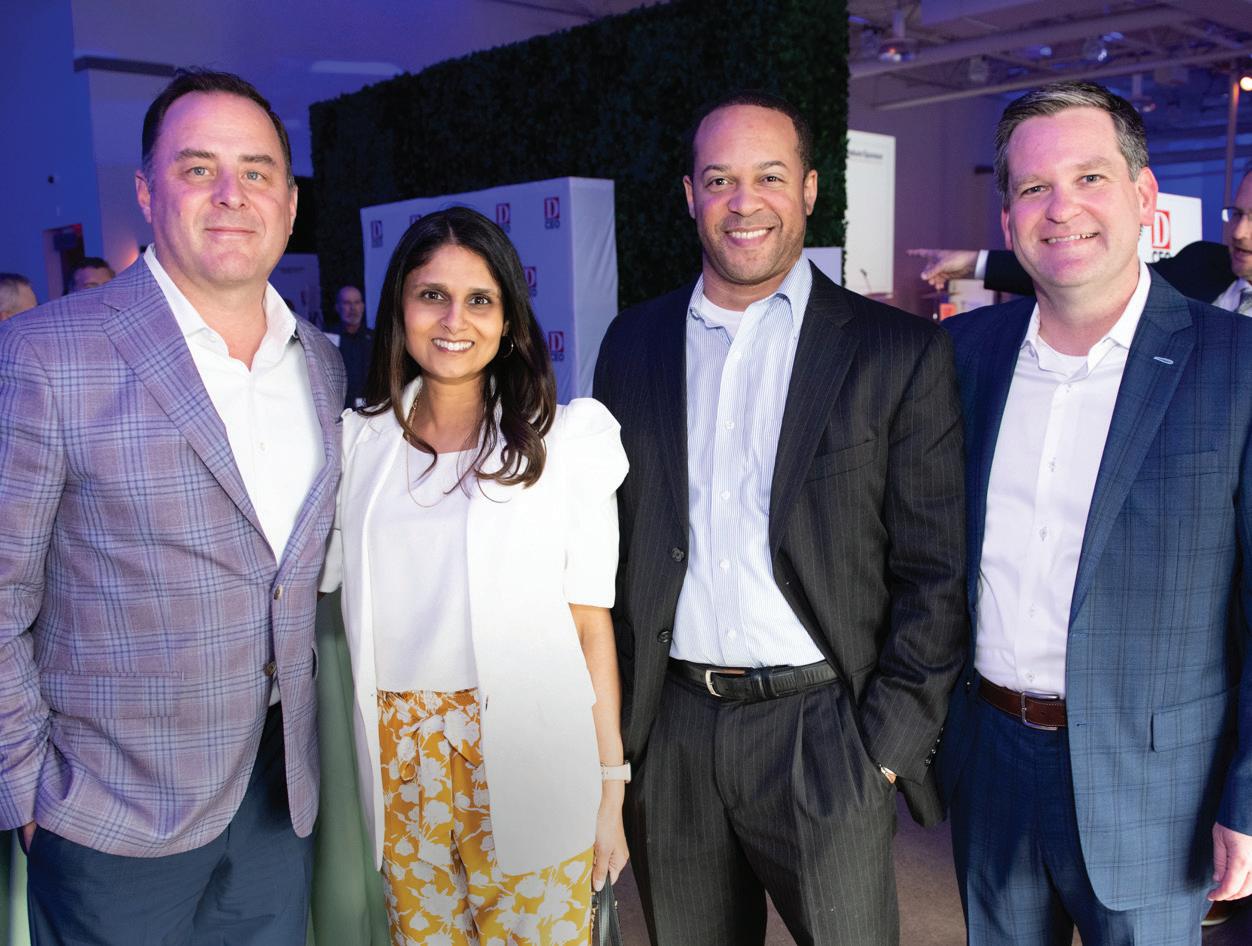
the region’s top cfos and other industry leaders gathered in April to celebrate those being recognized in D CEO’s Financial Executive Awards 2024, presented in partnership with the Association for Corporate Growth Dallas-Fort Worth, Financial Executives International, and TXCPA Dallas. As part of the program, Mahesh Shetty, founder and CEO of ILE Homes, was honored with the Constantine “Connie” Konstans Excellence in Corporate Governance Award. Other honorees included Cameron Lessard of Thryv, Jennifer Mitzner of Baylor Scott & White Health, Anand Govind of o9 Solutions, and Andrea Hulcy of Tolleson Wealth Management. Thank you to title sponsors Forvis for supporting this event.


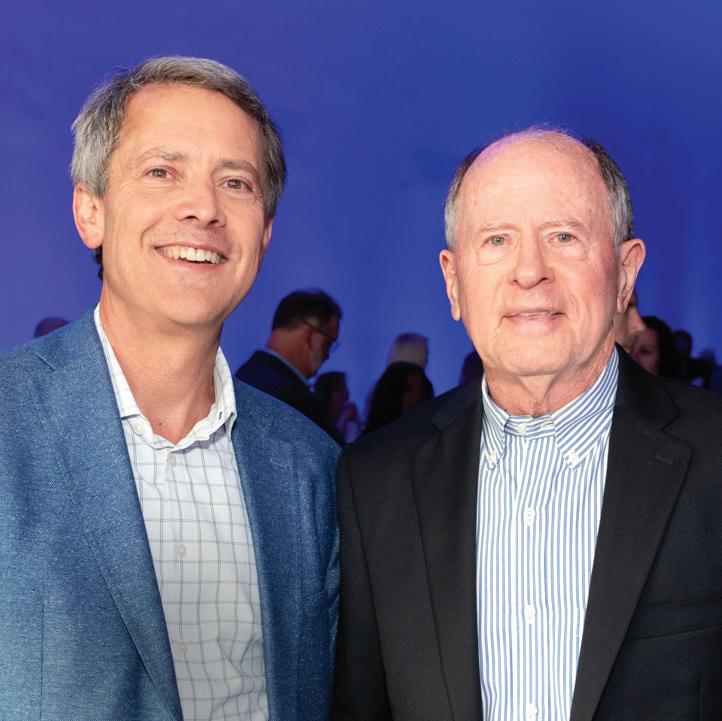

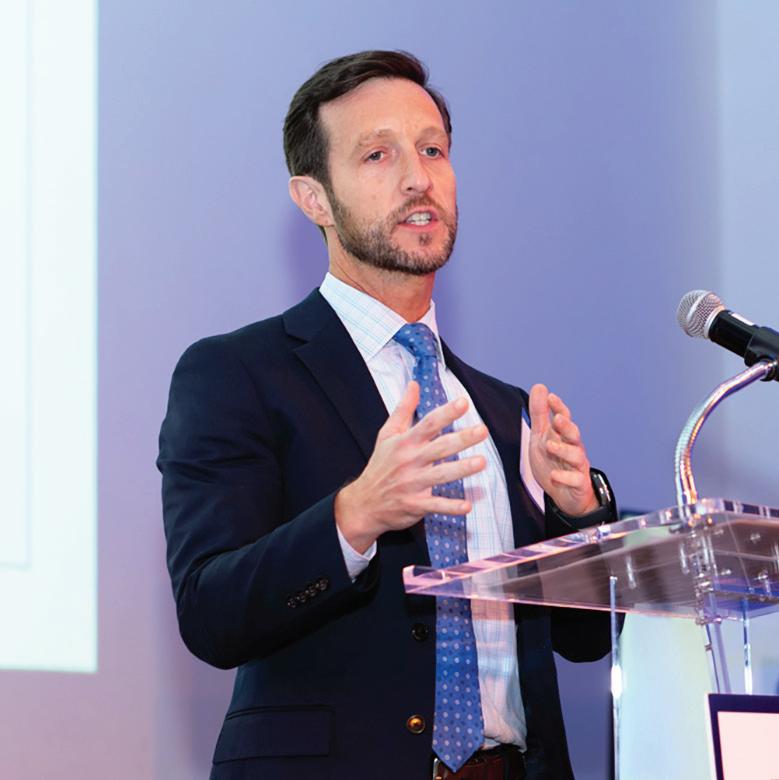
ROGGE DUNN, CEO, ROGGE DUNN GROUP
everyone apologizes; however, when leaders need to apologize, the stakes are particularly high. Successful leaders use apologies to fix mistakes they or their company made. Given social media and journalist watchdogs, the consequences of not apologizing, or a botched apology, are huge.
As a Harvard professor notes: “When we’re acting as leaders, the circumstances are different. Their apologies have broad implications. The apology is carried out not merely at the individual level but the institutional level.” Barbara Kellerman, “When Should a Leader Apologize—and When Not?” Harvard Business Review, April 2006.
In recent years, employees, shareholders, and the general public have demanded accountability, authenticity, and acknowledgment of wrongdoing. Whether that be Boeing for its repeated safety failures, BP’s Horizon disaster, the Norfolk Southern chemical derailment, or any other organization— big or small—the need to apologize is ever-present.
Americans, in general, and employees, in particular, forgive company leaders, politicians, and celebrities and give them a second chance when they admit fault, apologize, and specify actions they are taking to prevent the problem from occurring in the future. They are punitive when they believe a leader or a company is ignoring, denying, or deflecting from a big mistake.
When mistakes cause reputational harm, corporate leaders should consult PR professionals. Determine your end-game goals and which constituencies are you trying to persuade, assuage, and assure better
conduct in the future. Then fashion the content of your message accordingly.
It’s not just the wording of the apology, but whether it’s delivered via written statement, press conference, or video. Whenever possible, managers should apologize in person in front of their entire team. If a visual apology is contemplated, carefully consider what location and visual backdrop will be most effective. Norfork Southern’s apology would have been more effective had its press conference been held in East Palestine, in the heart of the community harmed. Why do you think presidents and governors make time to visit the disaster scene and are criticized when they don’t visit immediately?
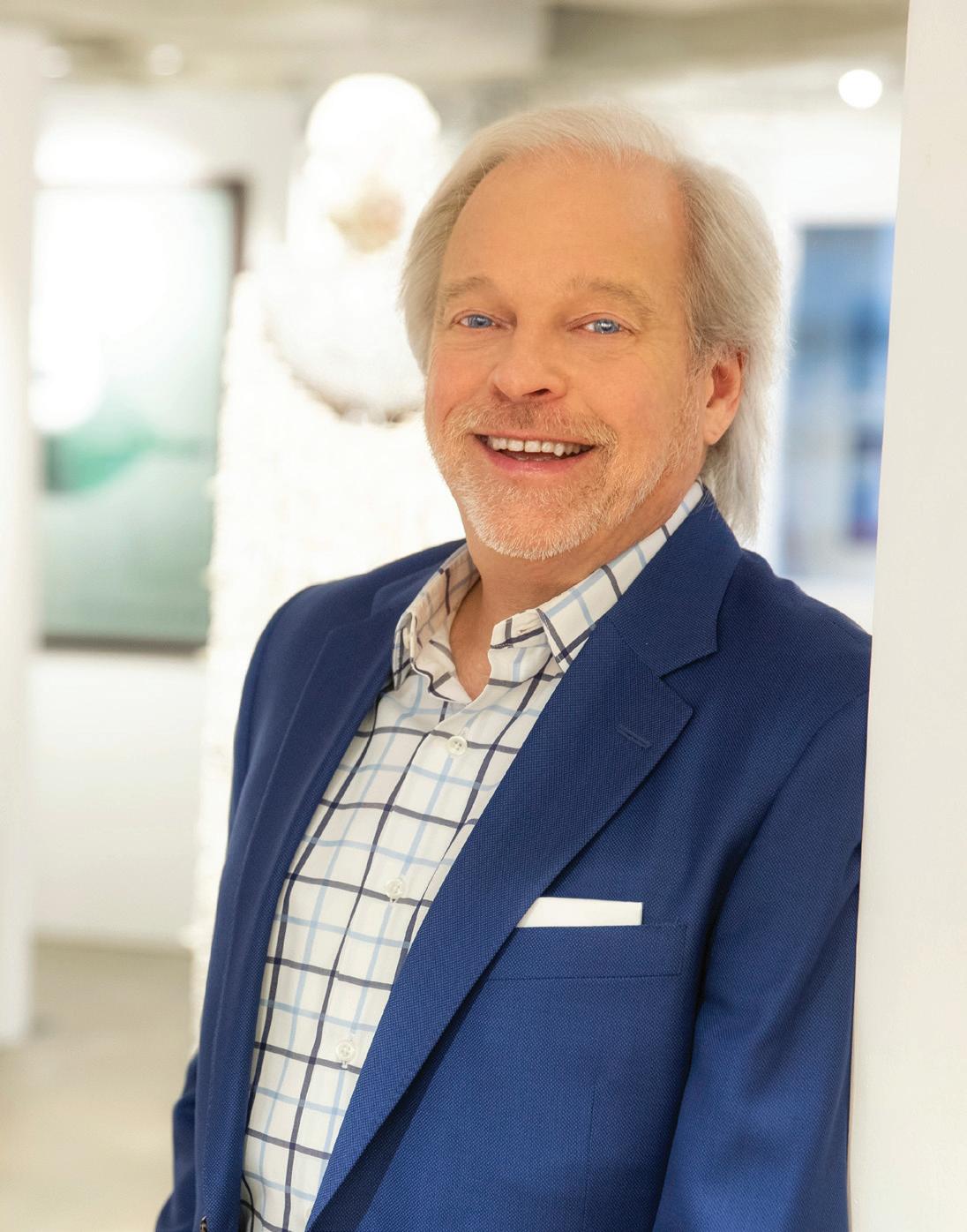
ROGGE DUNN represents companies, executives, financial advisors, and entrepreneurs in business and employment matters.
A leader’s apology is doubly important and beneficial because it establishes an important aspect of the company’s culture. If leaders sincerely and effectively apologize when appropriate, managers and other employees will embrace apologies. A leader’s apologies encourage thoughtful and open workplace discussions, which improves workplace morale.
The Takeaway: Mistakes will always be made; a successful leader owns them and by making a thoughtful apology, minimizes the damage.
Clients include the CEOs of American Airlines, Baker Hughes, Beck Group, Blucora, Crow Holdings, Dave & Busters, Gold’s Gym, FedEx, HKS, Texas Motor Speedway, Texas Capital Bancshares, and Texas Tech University, and sports figures like New York Mets manager Buck Showalter, NBA executive Donnie Nelson, and NBA Hall of Fame coach Larry Brown. Dunn’s corporate clients include Adecco, Beal Bank, Benihana, Cawley Partners, Match.com, Rent-A-Center, and Outback Steakhouse.
500
In 2021, 2022, 2023 and 2024 Dunn was included in D CEO Magazine’s Dallas 500 list, which recognizes the most influential business leaders in North Texas. He has been named a Texas Super Lawyer every year that award has been given and recognized as one of the top 100 attorneys in Texas by Texas Monthly (a Thomson Reuters service) and a D Magazine Best Lawyer 15 times.
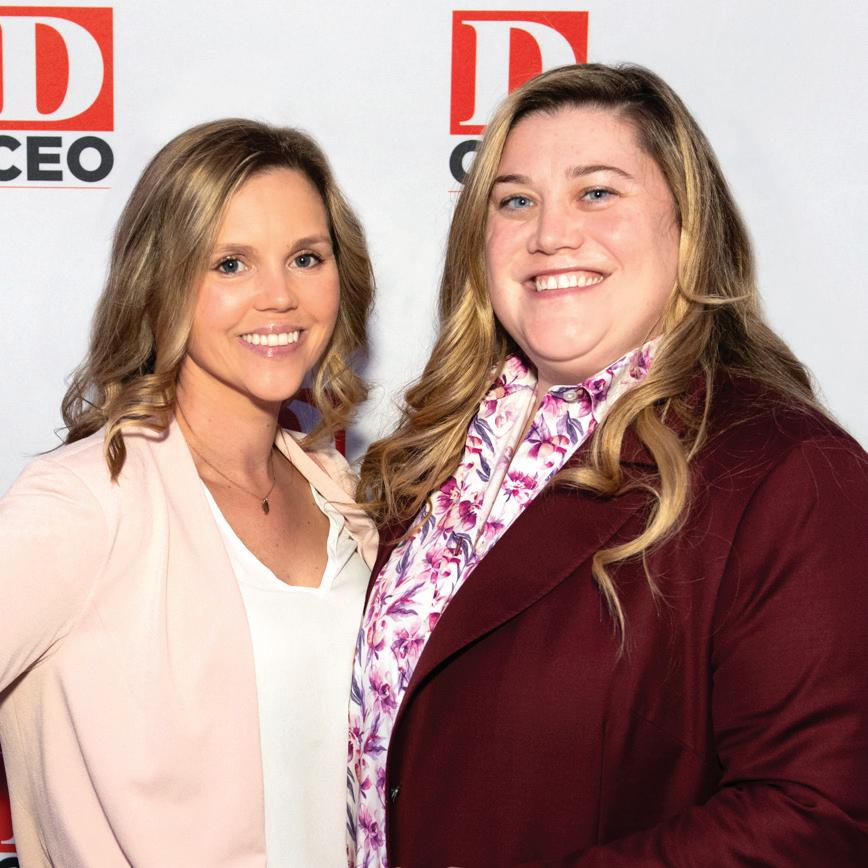
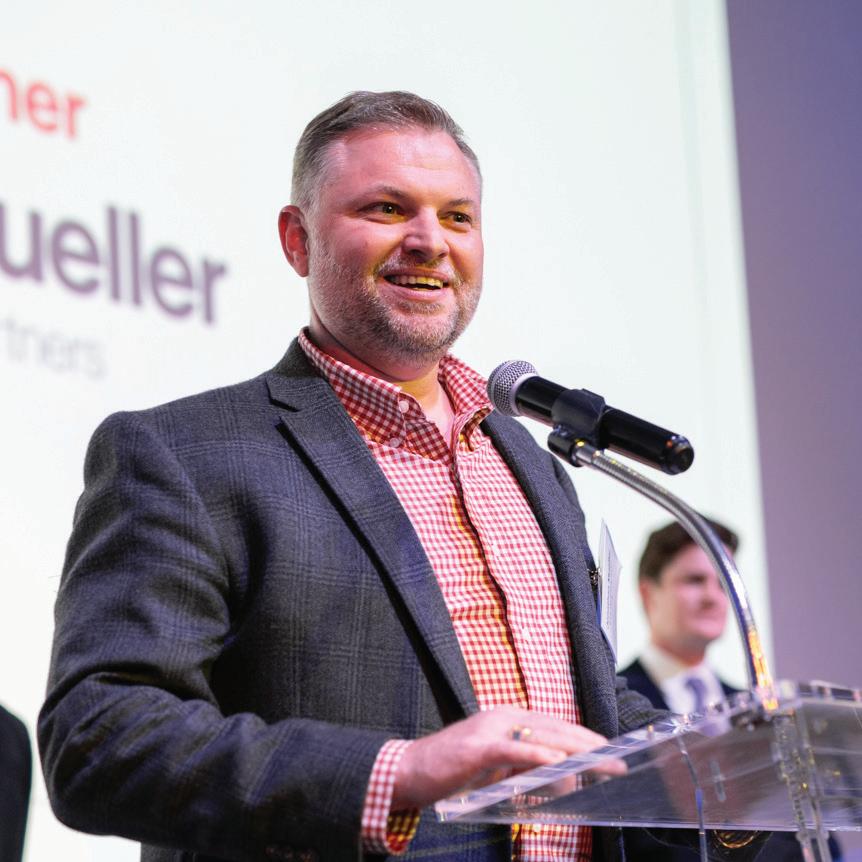
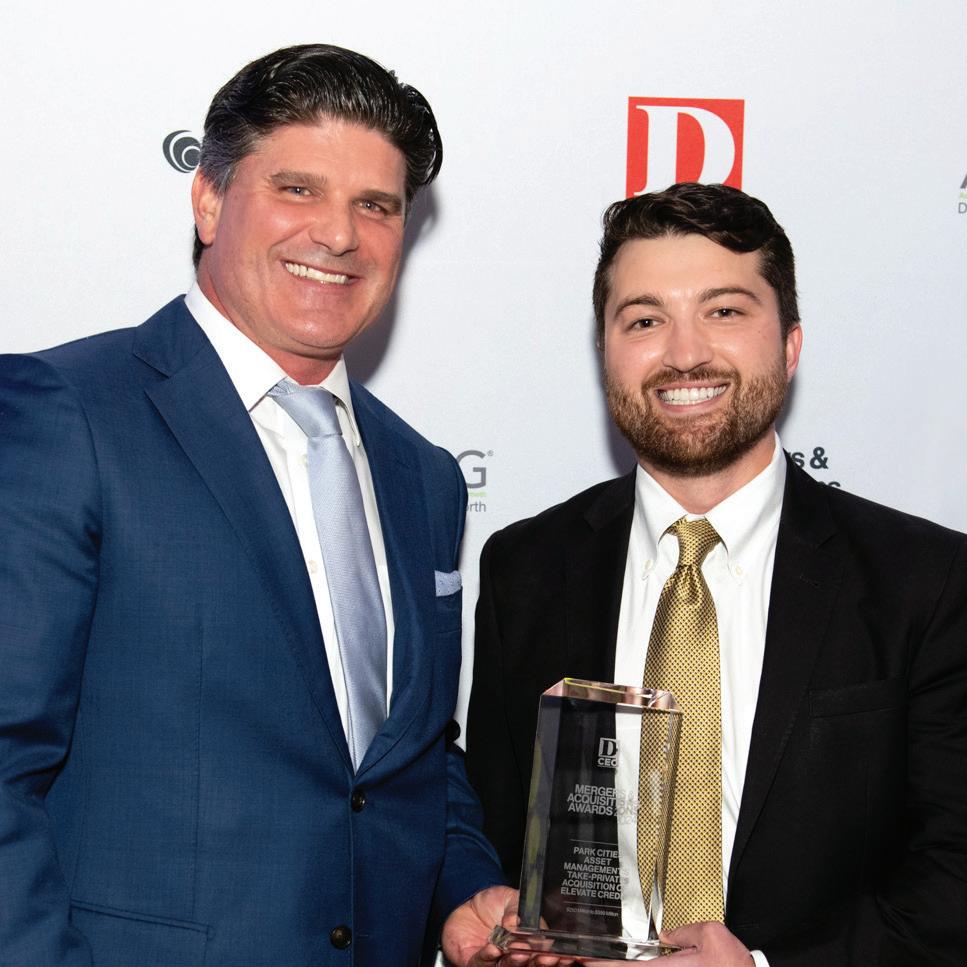


in partnership with the association for Corporate Growth Dallas-Fort Worth, D CEO recently hosted its 2024 Mergers & Acquisitions Awards. A crowd of 200 gathered at On The Levee to honor the region’s top deals and dealmakers. Along with the awards presentation, the event featured a fireside chat with this year’s Legacy Award honoree, Tony Banks, a director at RSM US. Now in its 11th year, the program honored individual achievements and notable transactions that stood out last year. The night recognized deals and dealmakers in 12 categories for their contribution to the local M&A market. Honorees included Avantax for its takeprivate sale of Cetera and investment banker of the year Jon Mueller of Exit Partners.

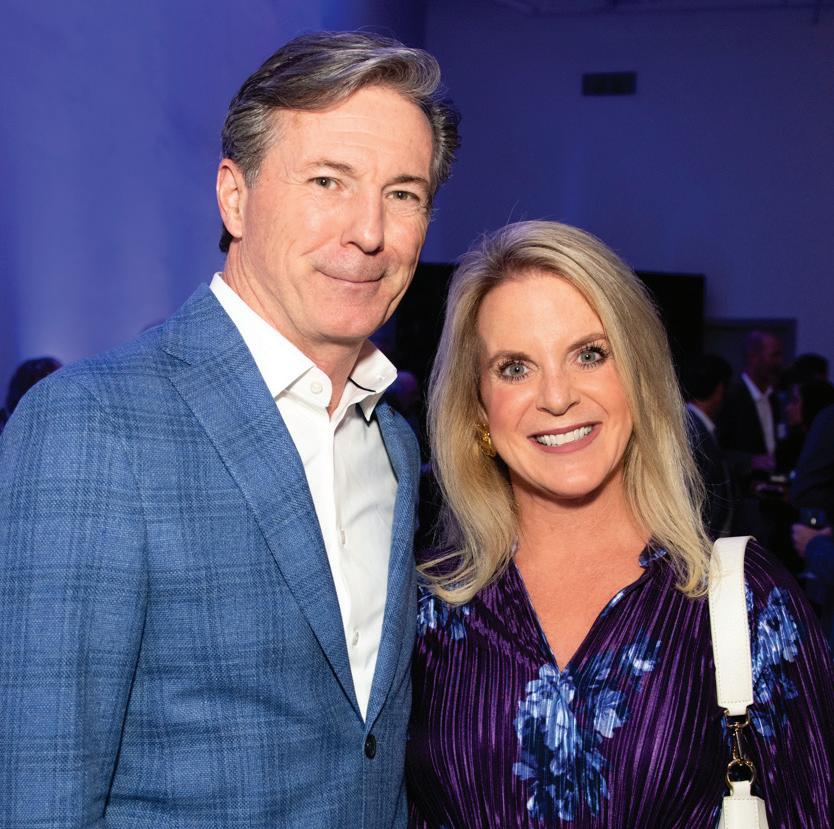


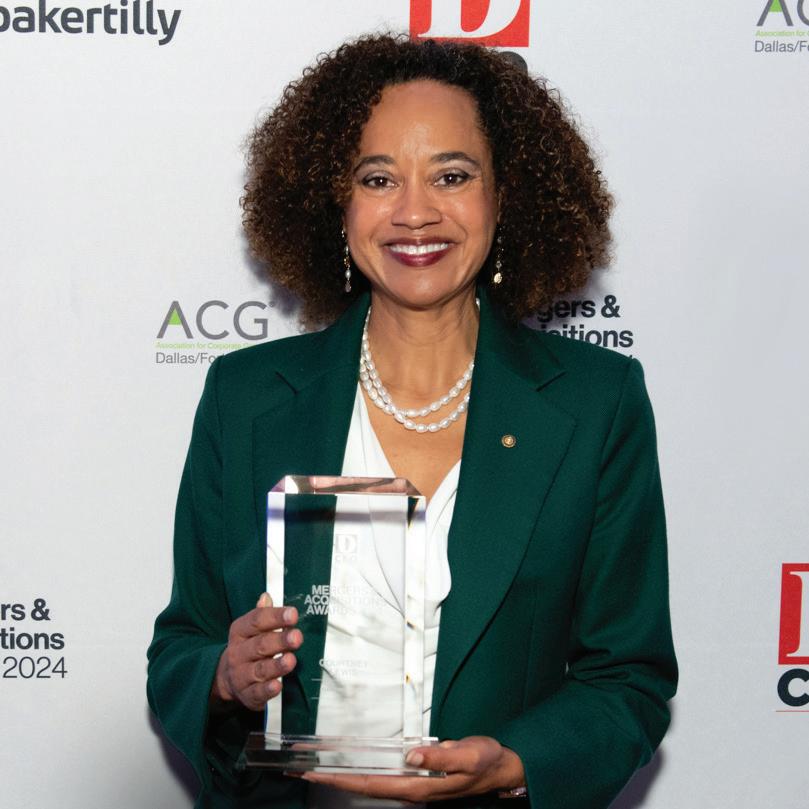
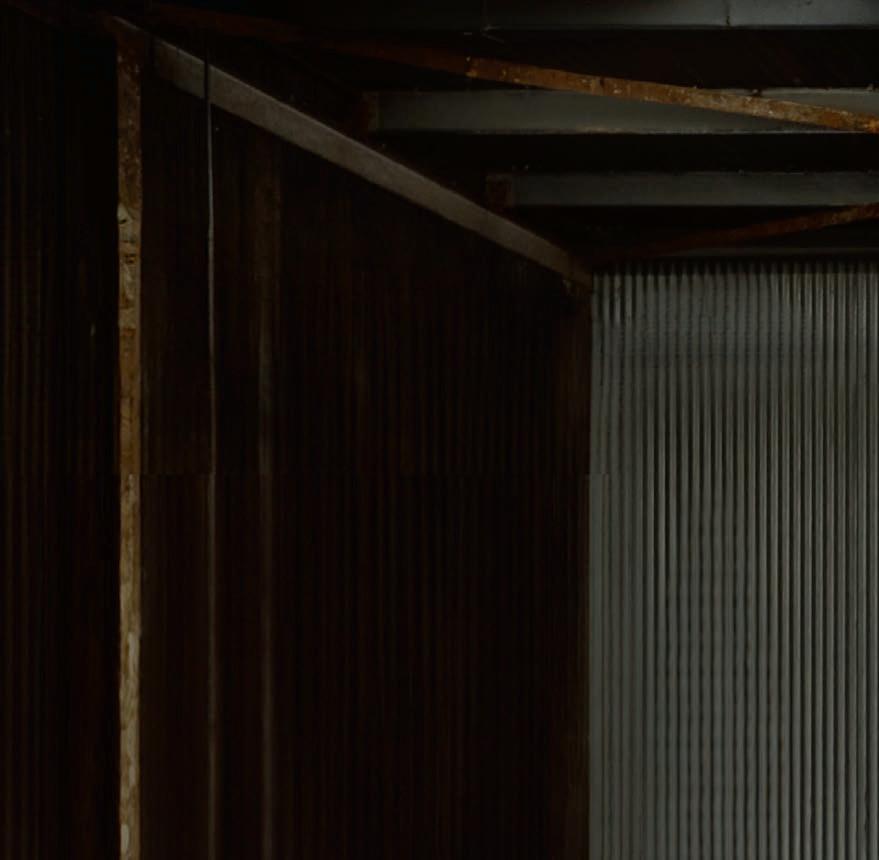










We're not just in the banking business. We’re in the nda-way-to-get-dealsdone business





















AT TEXAS REGIONAL BANK, WE’RE IN THE BUSINESS OF YOU.







As a Texas bank through and through, nothing is more important to us than the growth of our communities. That’s why our local loan officers are empowered to make fast decisions, so you can get the funds you need to grow your business. Learn more at TRB.bank.
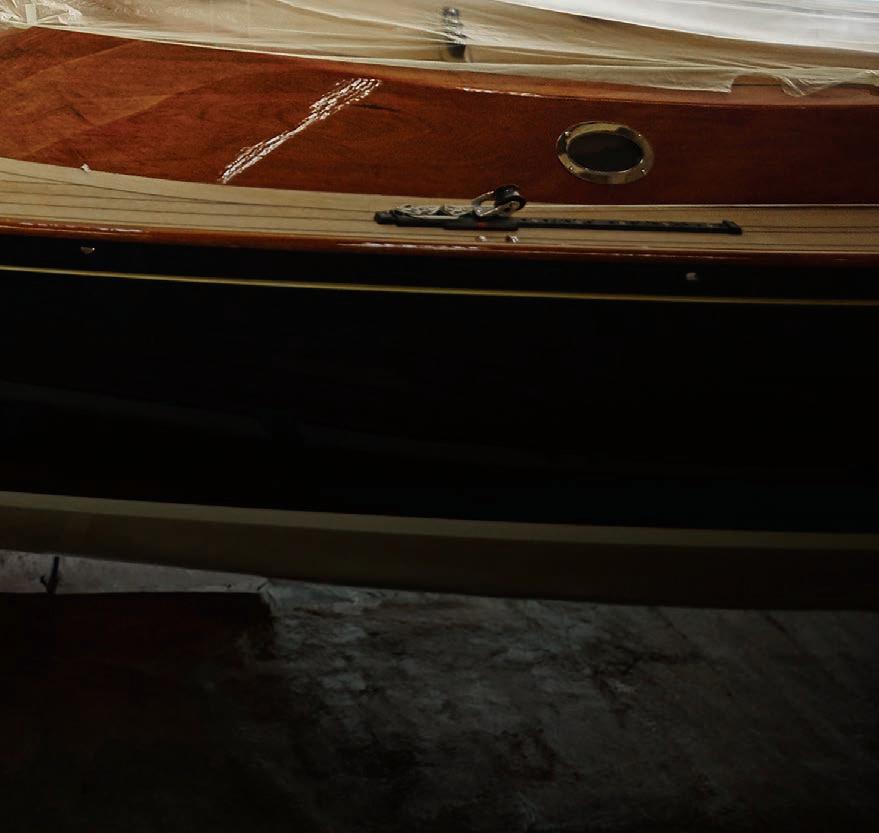







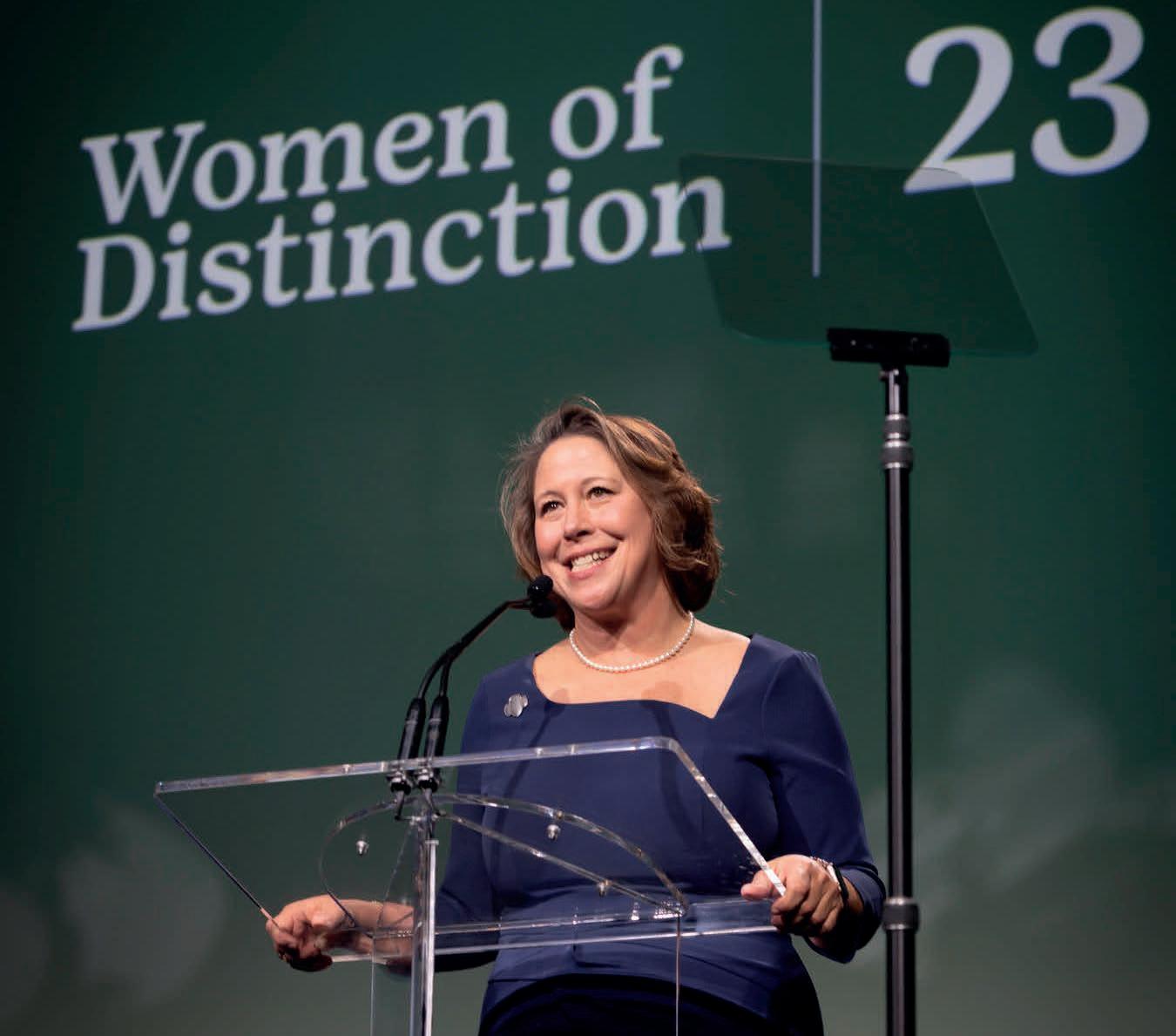



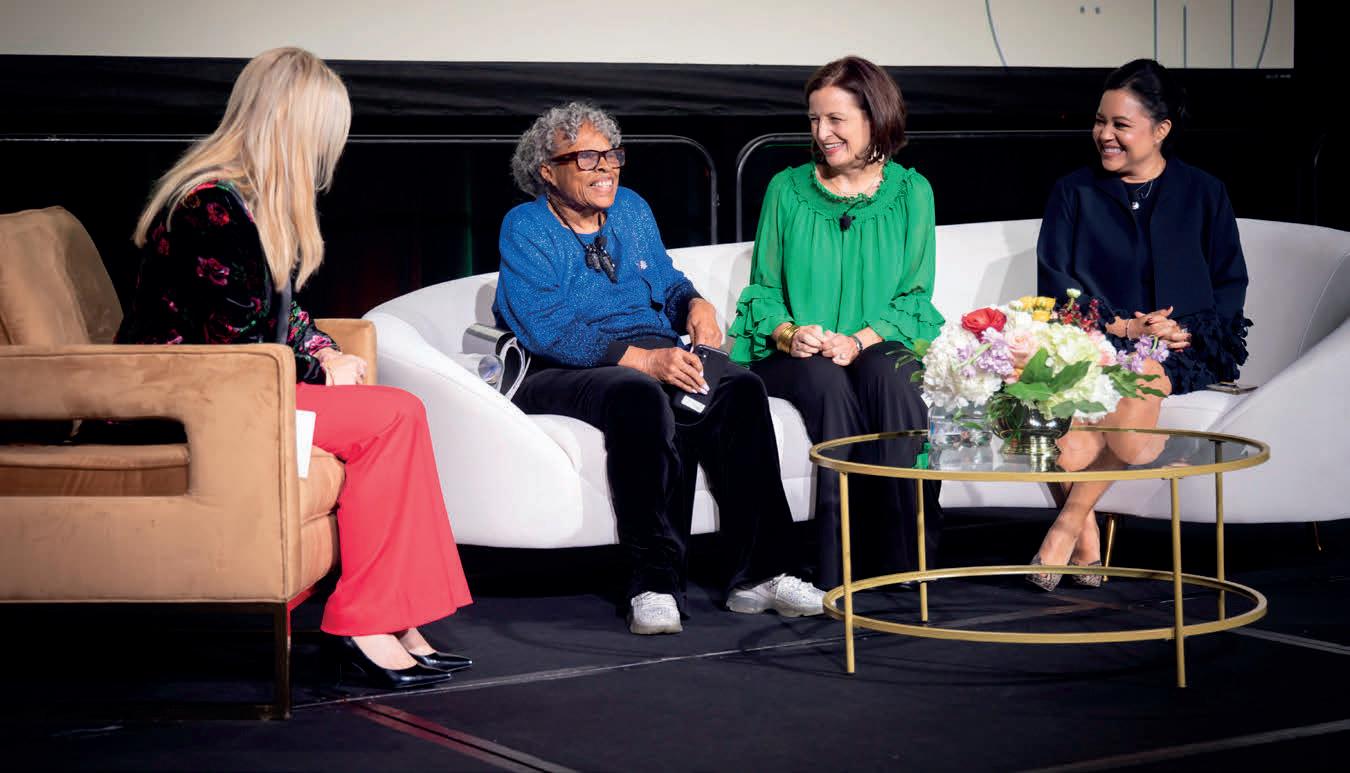













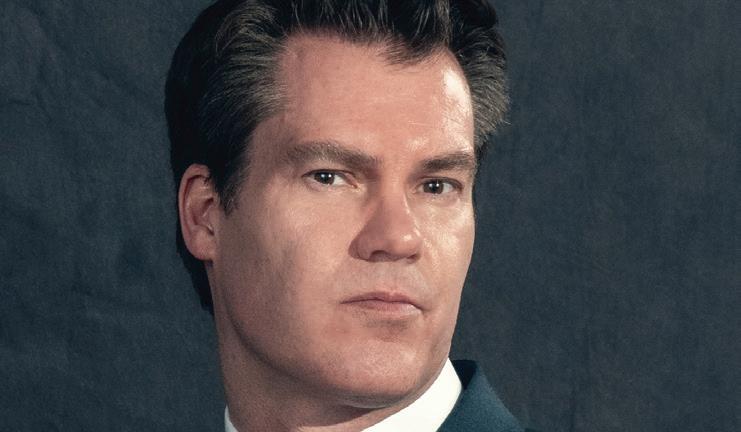



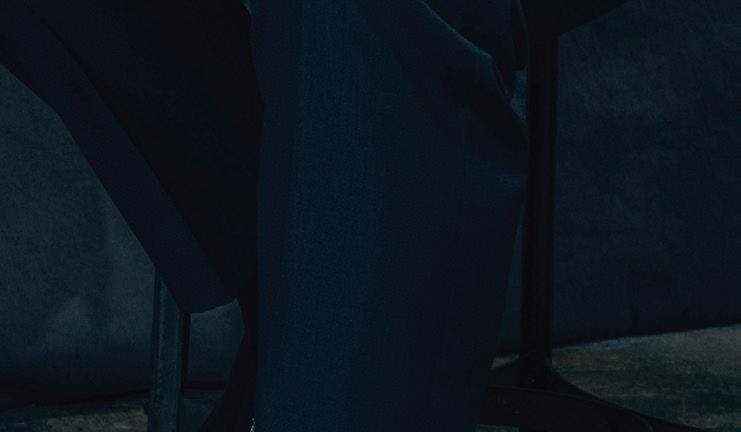
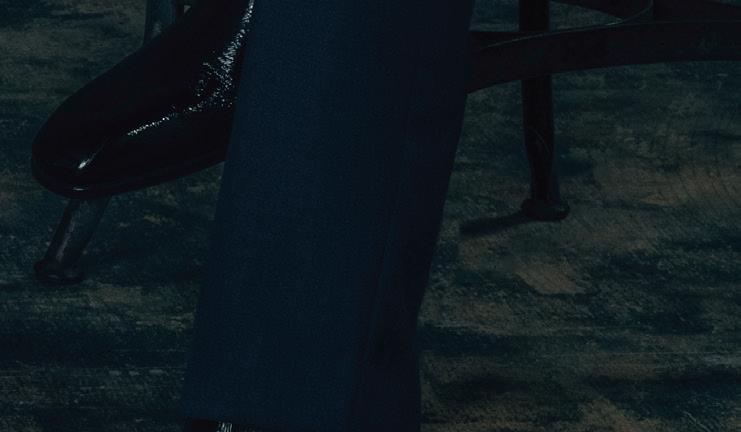










































39 YOU NEED TO KNOW Mandy Austin, Texas Regional Bank
42 MEET THE 500 Cedric Rockamore, American Airlines
42 LOCALLY SOURCED Adrienne Aaron, Glazed & Glossed
44 SPORTS BUSINESS Mark Kundysek, NexCourt
46 ON THE LINKS WITH Billy Quinn, Pearl Energy Investments
73 LEADING OFF
Winjie Tang Miao, Texas Health Resources

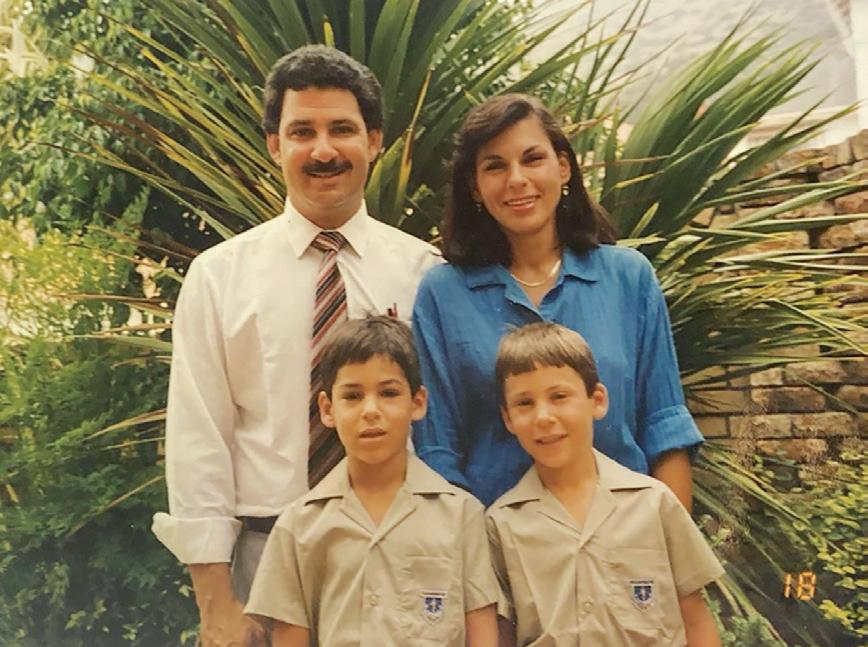

74 LAW
The Department of Justice has introduced a game-changing program to incentivize corporate whistleblowers, putting a Dallas law firm in a unique position to grow its practice.
76 ON TOPIC
Payton Mayes of JPI, Gabby Everett of BioLabs, and Esteban Abascal of Interamerican Foods/La Moderna USA share what they learned from their first job.

79 PURSUITS
Keith Davidson, CLA 82 ART OF STYLE
Shelby Patrice, Budget University 84 WELL TRAVELED: BELIZE
Jessica Nunez, TruePoint Communications 86 ROOTS
Jonathan Rosenberg, White Unicorn Agency
88 END MARK
George Leighton Dahl




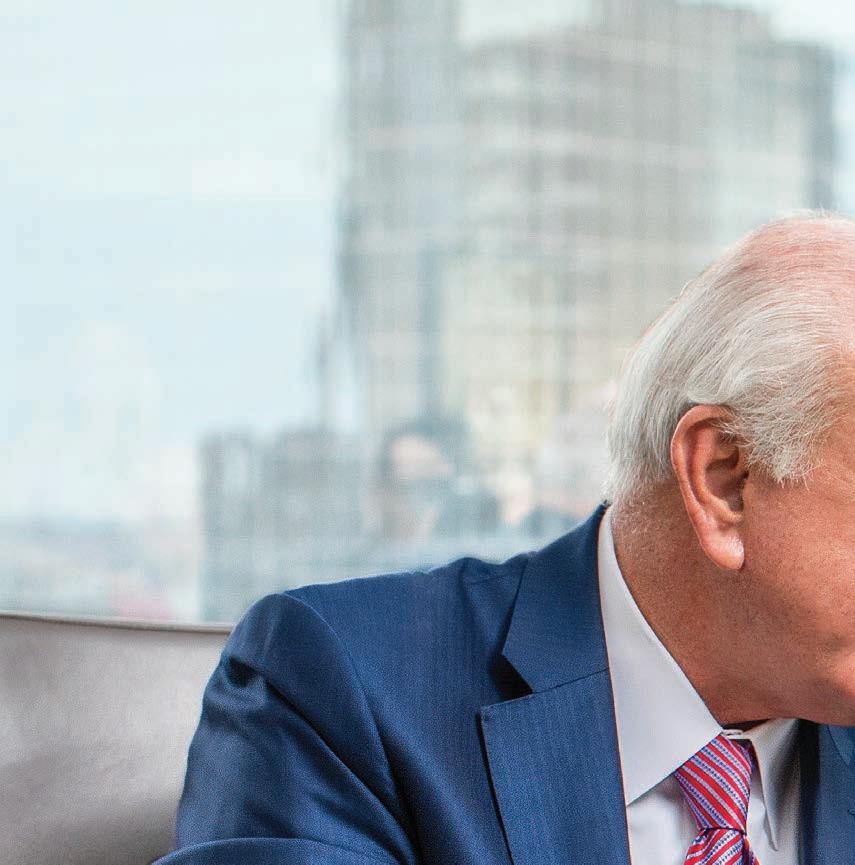
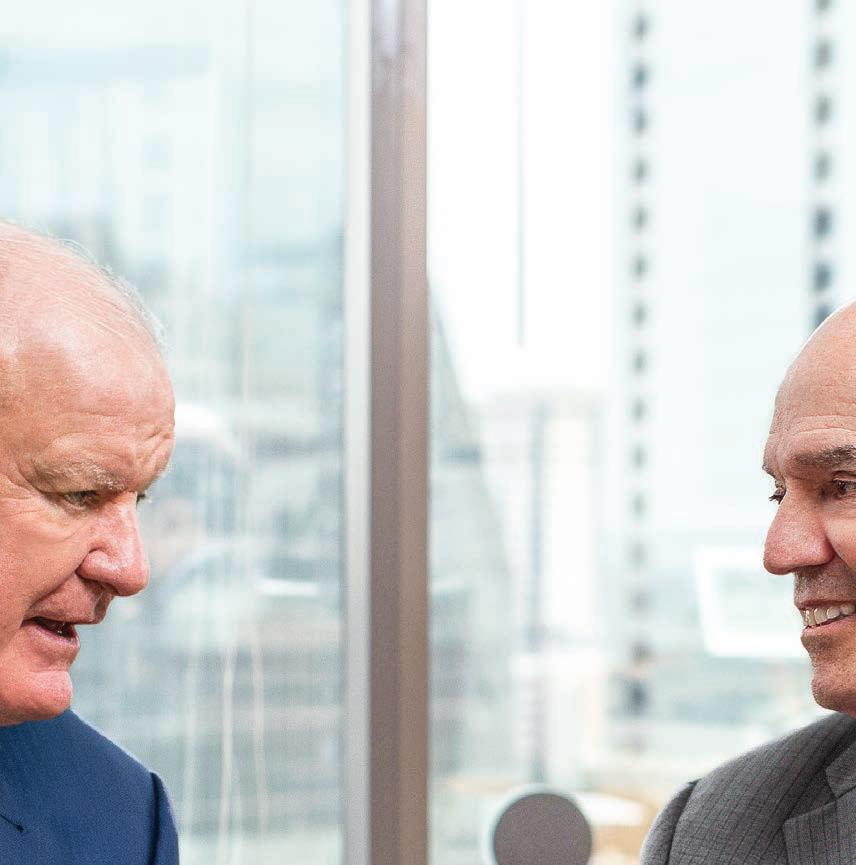


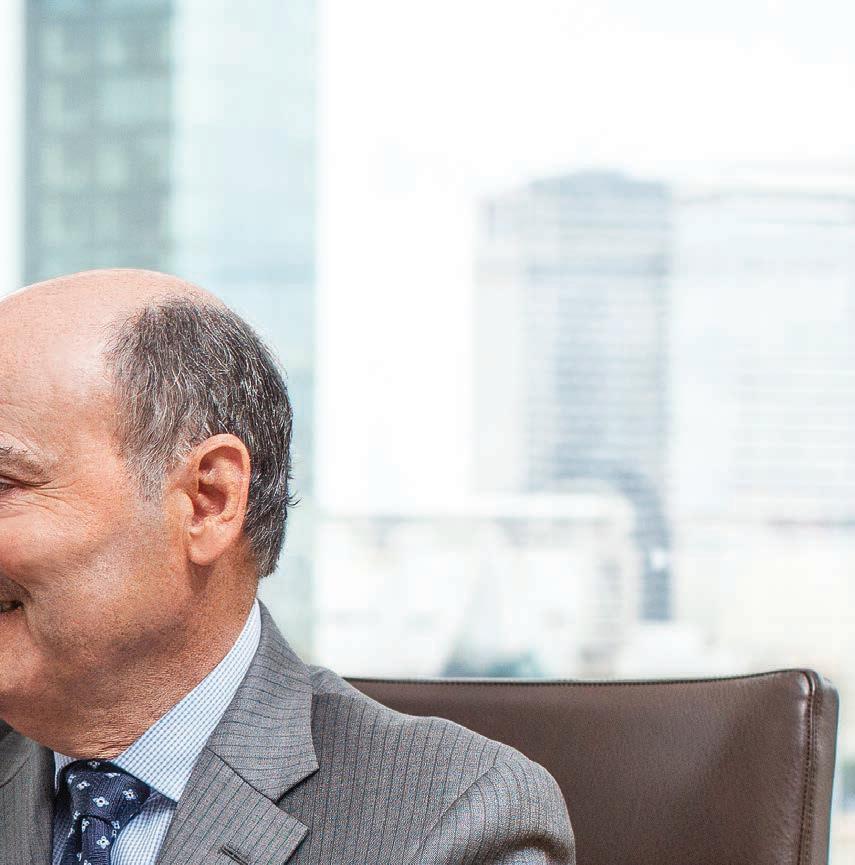

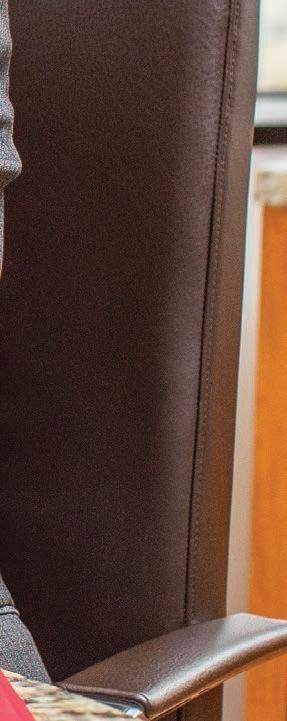



dallas has a lot going for it—its can-do spirit, businessfriendly environment, and relatively low cost of living are all frequently cited as strengths. Another advantage that doesn’t get mentioned as much is the region’s thriving nonprofit community and the deep support area organizations receive.
Nationally, nonprofits saw a drop in giving in 2023, primarily due to concerns about inflation, reports Giving USA. Yet Dallas continues to be home to the largest community-wide giving event in the nation—Communities Foundation of Texas’ North Texas Giving Day. Last year, the event raised $63.9 million via nearly 100,000 donors, bringing the 15-year total to an astounding $566 million.
In recognition of the important role arts, education, healthcare, social, and other organizations play in DFW’s economy and quality of life, I’m thrilled to share that D CEO is launching a newsletter that covers the intersection of business and nonprofits. Called Greater Good and distributed bimonthly on Fridays, content will include profi les of nonprofit leaders and organizations, features on area executives and their volunteer activities, gala recaps and photo galleries, news briefs, fundraising reports, a calendar of top upcoming events, volunteer opportunities, and more.


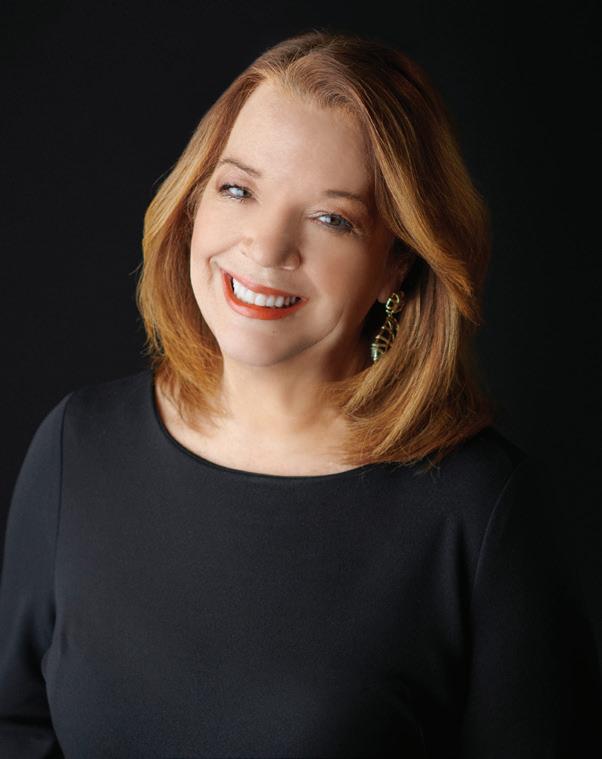
We’ve reported on these things in the past but are expanding our coverage and editorial strategy. It allows us to build on the success of our Nonprofit & Corporate Citizenship Awards (see the story on page 56), which debuted in 2018. This year’s program attracted more than 720 nominations, demonstrating the strength of the community—and solidifying our decision to launch Greater Good. It perfectly aligns with our mission of connecting C-suite executives in North Texas and using our megaphone wisely. I hope you’ll become a founding subscriber to Greater Good—it’s free. Just visit dmagazine.com/ greatergood. I’d love to hear your story ideas and suggestions, too. You can reach me at christine. perez@dmagazine.com.

Christine Perez Editor
•
•
•
•
•




PUBLISHER Noelle LeVeaux
EDITORIAL
EDITOR Christine Perez
MANAGING EDITOR Ben Swanger
SENIOR EDITOR Will Maddox
ASSOCIATE EDITOR Audrey Henvey
ASSISTANT EDITOR Layten Praytor
CONTRIBUTING WRITERS Richard Alm, W. Michael Cox
EDITORIAL INTERNS Celie Price, Bridget Reis, MiCaih Thomas
ART
DESIGN DIRECTOR Hamilton Hedrick
STAFF PHOTOGRAPHER Elizabeth Lavin
ADVERTISING
SALES MANAGER Rachel Gill
ADVERTISING DIRECTOR Rhett Taylor
SENIOR ACCOUNT EXECUTIVES Cami Burke, Haley Muse
MANAGING EDITOR OF SPECIAL SECTIONS Jennifer Sander Hayes
DIGITAL SALES COORDINATOR Olivia Booth
CLIENT OPERATIONS COORDINATOR Julianne Emeterio
MARKETING & EVENTS
MARKETING DIRECTOR Madeline Alford
ADVERTISING ART DIRECTOR Katie Garza
ASSOCIATE ADVERTISING ART DIRECTOR Andrea Chavez
EVENTS PRODUCER Kevin Morgan
EVENTS COORDINATOR Breanna Furrow
SPECIAL PROJECTS ASSISTANT Jordan Radasch
MARKETING INTERN Katie Shults
EVENTS INTERNS Ciara Delgado, Victoria Gonzalez, Simoné Virden
AUDIENCE DEVELOPMENT AND BRAND
AUDIENCE DEVELOPMENT COORDINATOR Emma Barretto
EDITORIAL PROGRAMS MANAGER Sarah Masquelier Risi
SPECIAL PROGRAMS COORDINATOR Betty Burns
SENIOR GRAPHIC DESIGNER Anita Moti
RETAIL STRATEGY MANAGER Steve Crabb
MERCHANDISER David Truesdell
OPERATIONS ASSISTANT Macey Pieterse
DIGITAL
DIGITAL DIRECTOR Ricky Ferrer
DIGITAL OPERATIONS COORDINATOR Jade Garrett
SOCIAL MEDIA MANAGER Melissa Tallo
SOCIAL MEDIA INTERN Olivia Potthoff
PRODUCTION
DIRECTOR Chris Mulder
PRODUCTION MANAGER Grace John
PHOTO RETOUCHER Jasmine Green
PRODUCTION INTERN Aubrey Matson
BUSINESS
CONTROLLER Sabrina LaTorre
SENIOR ACCOUNTANT Debbie Travis
SENIOR STAFF ACCOUNTANT Randall Rasor
ACCOUNTS RECEIVABLE COORDINATOR Jessica Hernandez
AP SPECIALIST Ron Dewey
EMPLOYEE ENGAGEMENT DIRECTOR Patricia Martin
IT TECHNICIAN Luan Aliji
OFFICE MANAGER Will Smith
ADMINISTRATIVE COORDINATOR Nikhael Virden
HOW TO REACH US
MAIL 750 N. Saint Paul St., Ste. 2100, Dallas, TX 75201
MAIN OFFICE 214-939-3636
WEBSITE www.dmagazine.com/dceo
The magazine assumes no responsibility for the return of unsolicited manuscripts.
LETTERS TO THE EDITOR feedback@dmagazine.com
CURRENT SUBSCRIPTION 800-732-9673 or subscriberservices@dmagazine.com
NEW SUBSCRIPTION www.dmagazine.com/requestdceo
ADVERTISING 214-939-3636 x 128
REPRINTS 214-939-3636 CUSTOM PUBLISHING 214-540-0113
SUBSCRIPTIONS
11 issues for $54 in the United States, possessions, APO and FPO; $70 per 11 issues elsewhere. Please provide old and new addresses and enclose latest mailing label when inquiring about your subscription.
EDITOR-IN-CHIEF AND CEO Christine Allison
PRESIDENT Gillea Allison
CHIEF FINANCIAL OFFICER Thomas L. Earnshaw
FOUNDER Wick Allison
CERTIFIED AS A WOMEN-OWNED SMALL BUSINESS BY WOMEN'S BUSINESS COUNCIL SOUTHWEST
PEFC/29-31-337
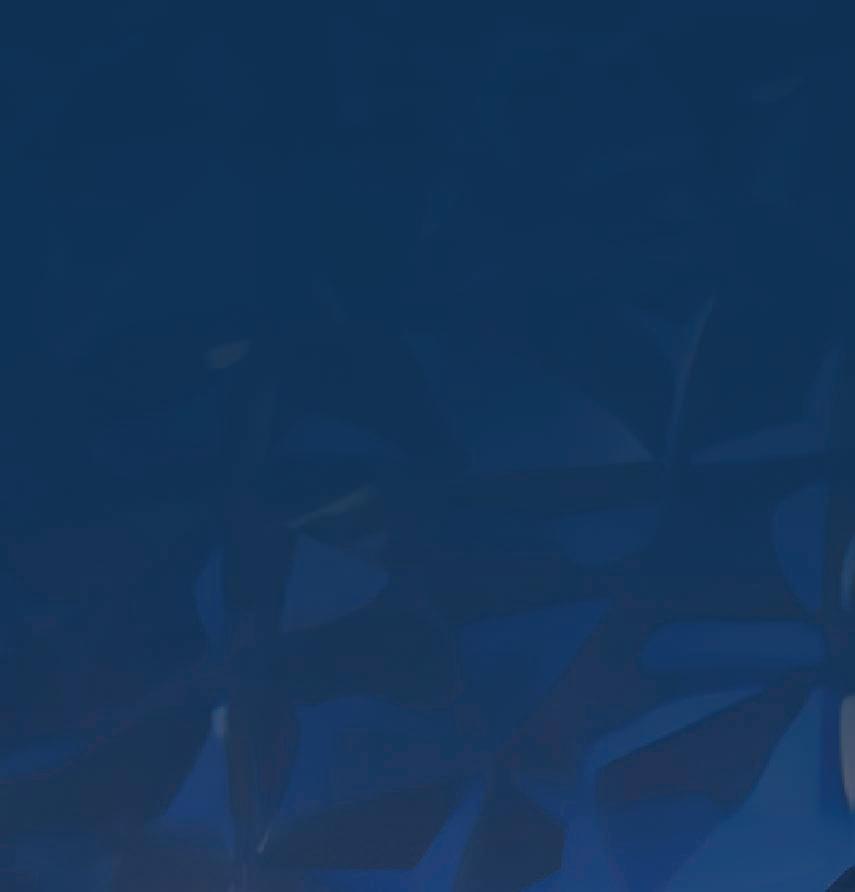














At Capital One, we believe that people deserve to feel confident, capable, and in control when it comes to their money.
That’s why we are partnering with Khan Academy to offer a financial literacy course that breaks down complex financial concepts into simple, easy-to-understand terms.
The course is free for everyone.




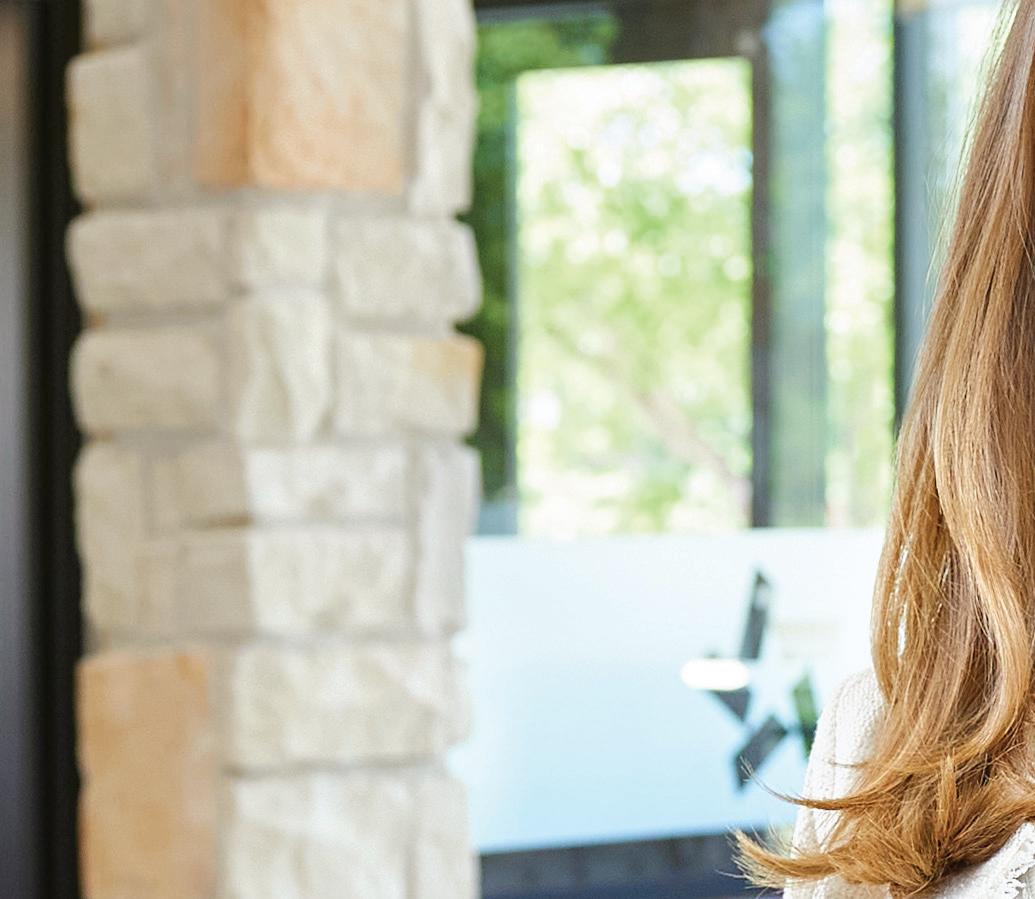




After building her career at a larger institution, the commercial banking guru is now leading DFW operations for fast-growing Texas Regional Bank.








Mmandy austin is good at growing things , whether it’s beets in her garden or the many businesses she nurtured as a corporate banker and Dallas market president during a nearly two-decade career at Bank of Texas. And now, she has something new to cultivate: Texas Regional Bank. Austin was tapped to lead statewide commercial banking operations and the North Texas region for the Harlingen-based financial services company earlier this year.
The banking exec is about as North Texas as they come. Her family has deep roots in the region, and she grew up in Denton. She stayed close to home for college, attending SMU’s Cox School of Business, where she earned a bachelor’s degree in finance and an MBA. It was also where she met her husband, a C-130 pilot who was stationed at Dyess Air Force base in Abilene. “He drove in to visit some of his high school friends who were meeting up with some of my sorority sisters,” Austin says. “My dad was retired Air Force, so we had something to talk about. We hit it off, and here we are, 17 years later.”
Austin picked SMU due to its esteemed business school, she says, thinking maybe she’d follow in the footsteps of an aunt who was a CFO. A math geek, she initially planned to become an accountant. But along the way, she realized she wanted to find something numbers-based that would also allow for more social interaction. Someone in SMU’s career center recommended banking, and she got an internship at Bank of
Texas. During her 18 years there, she went from making copies of packets for the loan committee to heading up the Dallas market.
“When I got into banking, I wasn’t sure what I wanted to do, but I knew banking would give me exposure to a lot of different businesses,” Austin says. “What I didn’t realize was that I would fall in love with it and that it would be my career. I love it—I see the impact banking makes, not only economically but from a philanthropic and an impact perspective. If done right, you can really transform a community in a positive way.”
That’s what she aims to do at Texas Regional Bank. Formed in 2010 by a group of South Texas bankers, it entered the Dallas market in 2022 with the acquisition of Denton-based AccessBank Texas. Its ecosystem has been built around the needs of clients and the markets it serves, Austin says, whether that’s trust and wealth management or private banking or international, given its presence on the border. It’s amping up its capital markets and public sector services with the acquisition of Dallas-based Estrada Hinojosa and Co., one of the largest municipal bond underwriting firms in the state.
“We have built a really diversified platform, given our size—we are only about a $2.6 billion bank,” Austin says. “So, what we need to do now is scale the delivery of our products and services to the markets we’ve moved into.”
On the commercial banking side of things, she’s targeting companies with a minimum threshold of $10 million in annual revenue, much smaller than the $100 million+ clients she worked with at Bank of Texas. Industry targets include healthcare, energy, and real estate. It’s a “tremendous market,” says Austin, who adds that about 17,000 Dallas-Fort Worth companies fit in the revenue range. “Needless to say, we’ll be staffing up to support the market,” she says. “The wonderful thing about banking in Dallas is that there’s room for all of us to be here. Even though it’s highly competitive and you have to excel at the products and services you offer, there’s plenty of room for everybody.”
Formed in 2010, the bank now has $2.6 billion in assets.
The bank’s operations fall into four statewide regions: the Rio Grande Valley, Houston, Hill Country (Austin and San Antonio), and North Texas, which includes everything from Waco north.
From the start, the strategy has been to build a broad shareholder base and ownership structure, so no one family could control more than 10 percent of the bank.
A core strategy is to keep the growth going by raising enough capital to be effective in the market. (Austin says Texas Regional will likely do another raise sometime this year.)
The bank has five local branch offices and two loan production offices. It plans to open a branch on Lovers Lane and a commercial banking center in Preston Center this fall.



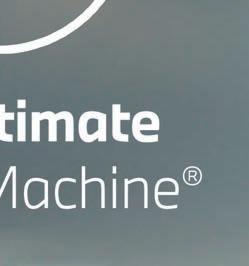

Chief Diversity Officer AMERICAN AIRLINES
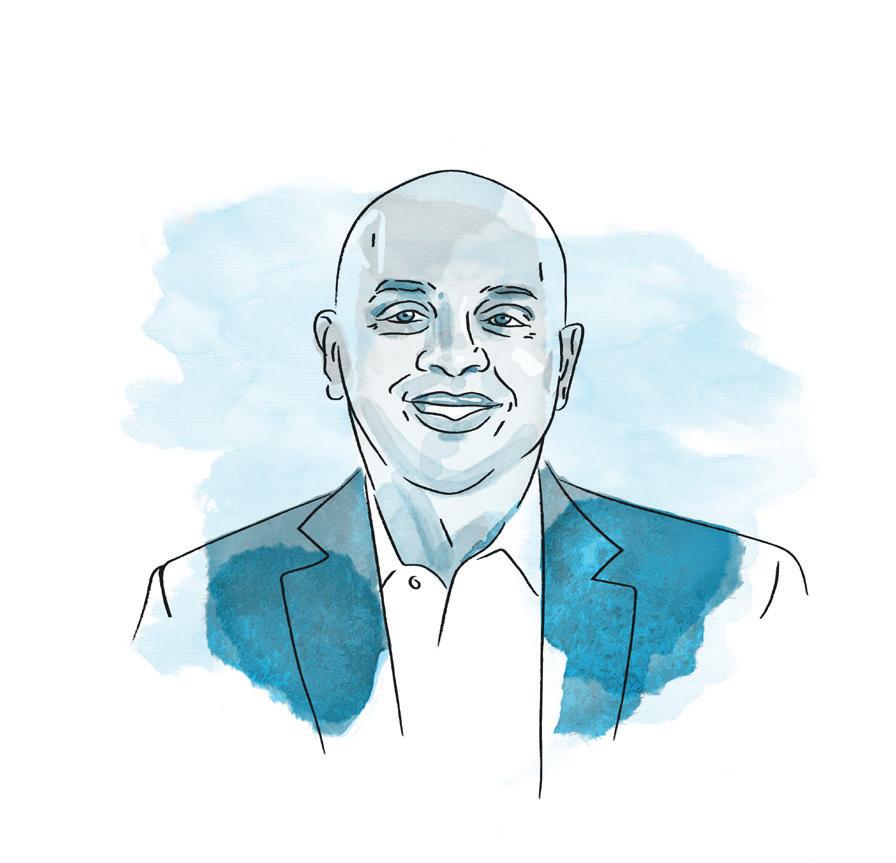
when coaching others around him about dei, Cedric Rockamore always begins with the why. He joined American Airlines in 2010 as the director of ramp services at Philadelphia International Airport for U.S. Airways. Following the company’s merger with American Airlines, he was named managing director of hub operations at Washington Reagan. He moved to North Texas in 2017 to become a vice president at American and, four years later, was named the airline’s chief diversity o cer and VP of global people operations. Last year, the company celebrated its eighth straight year of receiving a perfect score on the Disability Equality Index. Rockamore says his best career advice is to “take risks and be OK with being uncomfortable; you never know what avenues it could lead to if you don’t take the risk and try.”
EDUCATION: EmbryRiddle Aeronautical University (MBA, BS)
BIRTHPLACE: Little Rock, Arkansas
FIRST JOB: “My first job was working at an HBCU in lawn service. Through that job I learned to respect hard work and value manual labor. As much as I didn’t enjoy it at the time, I knew I needed to push through and leave a positive lasting impression.”
TOUGHEST CHALLENGE: “Being involved in two airline mergers and coaching teams through the transition.”
HOBBY/PASSION: “I’m a ‘self-proclaimed’ cigar aficionado.”
FIRST RIDE: “A 1972 Buick Skylark. I wish I still had that car.”
DESTINATION OF CHOICE: “Anywhere in South America. My favorite city in Europe is Rome.”
DINNER PARTY: “I would choose to have dinner with Mark Cuban and Cynt Marshall. They seem grounded in the work they do and have a strong sense of discipline that I highly respect.”
INDUSTRY CHANGE: “I would like to see aviation taught to students as early as high school to help increase exposure to the field. Many don’t know an aviation career is even possible for them. If we start to expose youth early on, they can learn about the many pathways available to careers in the industry.”
PIVOTAL MOMENT: “My mother su ered a massive
stroke, which left her highly disabled. My mother was my confidant; I was foced to learn to bounce back on the foundational things that she taught me and find strength in our new reality.”
FUN FACT: “I’ve been to two boot camps—one in the Army and the other in the Navy.”
MUST-READ: “An autobiography of Abraham Lincoln, because I believe he truly embodies the complexity of humans with how he dealt with his trials and tribulations.”
LOCAL FARE: “My favorite is Hillstone in Preston Center. My go-to item on the menu is the Hawaiian ribeye with a fully loaded baked potato.”
ALTERNATE REALITY: “If not in my current career, I would teach because it’s the best way to learn and spread knowledge. Teaching also allows you to be challenged and learn about di erent approaches to processing information.”
FUTURE FORECAST: “I’m excited about creating greater access, awareness, and opportunity for all when it comes to careers in aviation.”
Adrienne Aaron launched her skincare startup to meet the needs of postpartum mothers.
like many new moms, adrienne Aaron battled postpartum depression and anxiety, and neglected her selfcare, after the birth of her first child. A former ballerina who went on to work for Fossil, Armani, DKNY, Ralph Lauren, and Kate Spade New York, she searched for answers. In doing so, she identified a gap in the market for beauty brands that target new moms. “Most of the products were about how to fix yourself—like how to get rid of stretch marks,” she says. “That made me feel damaged.” So, Aaron launched Glazed & Glossed, a skincare brand that makes a hyaluronic serum. The company will soon add a facial moisturizer. “Many products for women are made by men,” Aaron says. “We’re making products for women by women.” After promoting her products via popup shops at Kendra Scott, Madewell, Credo, and Swoozie’s, the self-funded company has snagged shelf space at Stanley Korshak and Talulah & Hess. —Bridget Reis
SELF-CARE SERUM
Aaron’s debut product is a collagen that’s used to smooth wrinkles and increase hydration and elasticity of the skin.

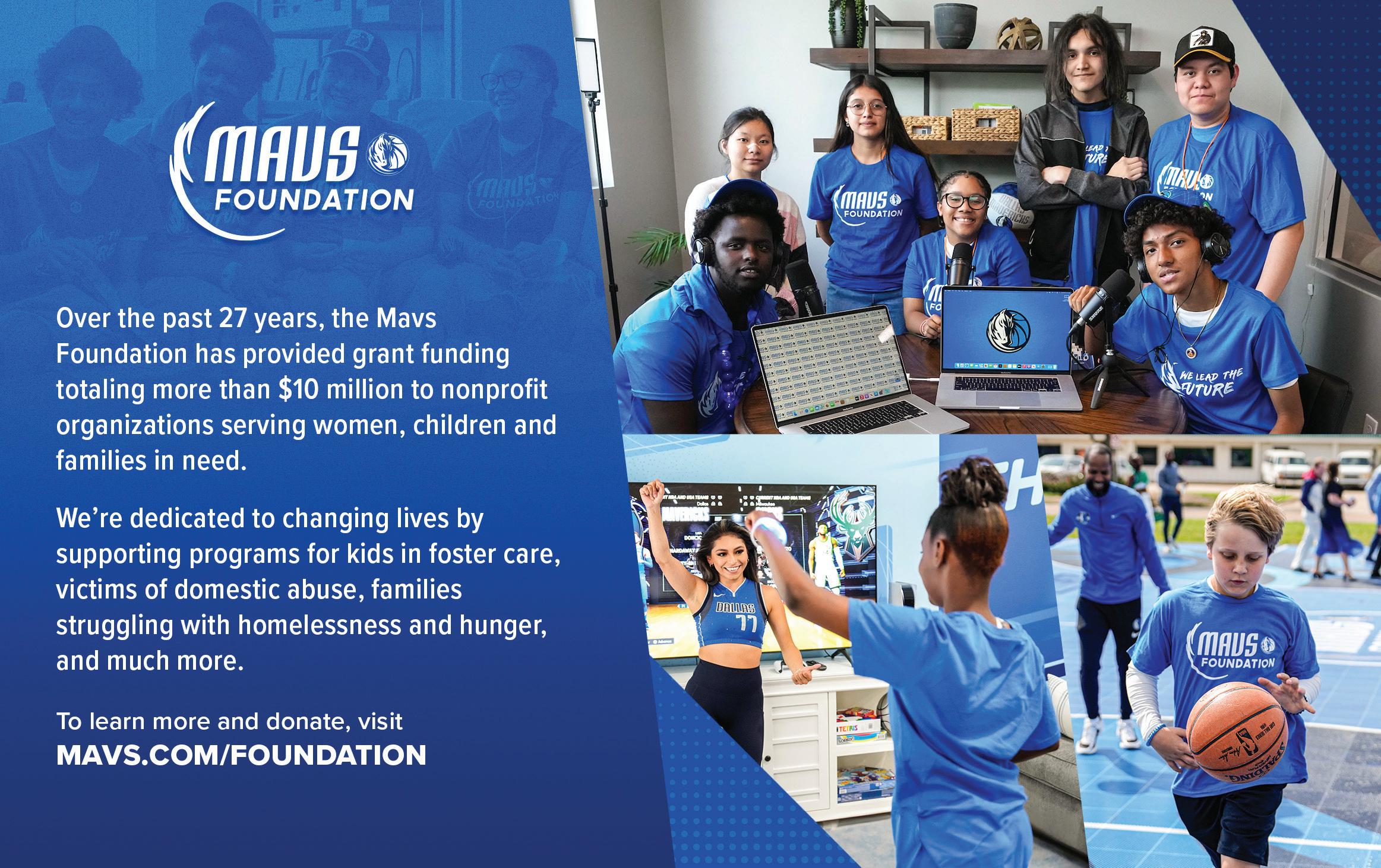

story by LAYTEN PRAYTOR
in 1989, mark kundysek was working for grand prairie-based reed plastics when he noticed a set of specialty tiles in his sales manager’s office. He learned they belonged to a client for which the company provided raw materials. It was Sport Court, a national company that builds private courts in residential neighborhoods. Intrigued, Kundysek spent $250 for a kit of court samples and brochures. Shortly after, he left Reed Plastics and became a part-time dealer of court tiles. In 1991, he founded his company, NexCourt, to become a full-time Sport Court distributor. He ran the fledgling business out of his brother’s home in Arlington and commandeered his backyard for storage.
After three years of running construction, marketing, sales, scheduling, and upkeep alone, it became too much for one person. So, Kundysek recruited his wife and cousin to each join the startup.

Today, NexCourt is the only licensed dealer for Sport Court in the region and DFW’s leading provider of playing surfaces, having built more than 10,000 basketball, tennis, pickleball, and multipurpose courts in North Texas. Due to the pickleball boom, the company, which generated $6 million in revenue last year, is experiencing a golden moment. “In 1989, we gave our customers a pack of equipment; it included pickleball, but no one played it,” Kundysek says. “There was even a rule book but it didn’t catch on. Now, it’s going crazy.”
NexCourt has formed partnerships with the Dallas Mavericks, Dallas Stars, Frisco Roughriders, Conference USA, and Nancy Lieberman Charities and built courts for each. Kundysek gets a special kick from building personalized courts for families. “I’m currently working with a family that I built a court for in 1991,” he says. “The couple had five kids, and now they have 11 grandkids. We’re going to renovate their old court for the new generation.”
HOLDING COURT
Kundysek’s company is the DFW region’s leading provider of playing surfaces.
This year, the entrepreneur expects a 10 percent increase in revenue, fueled mostly by pickleball demand. Kundysek has built more than 130 courts in the last three years and has 40 more under contract. “There isn’t another dealer in the country that has done 100 [pickleball] courts,” he says. “We’re going to be very busy over the next three to five years. Pickleball will only get bigger.”




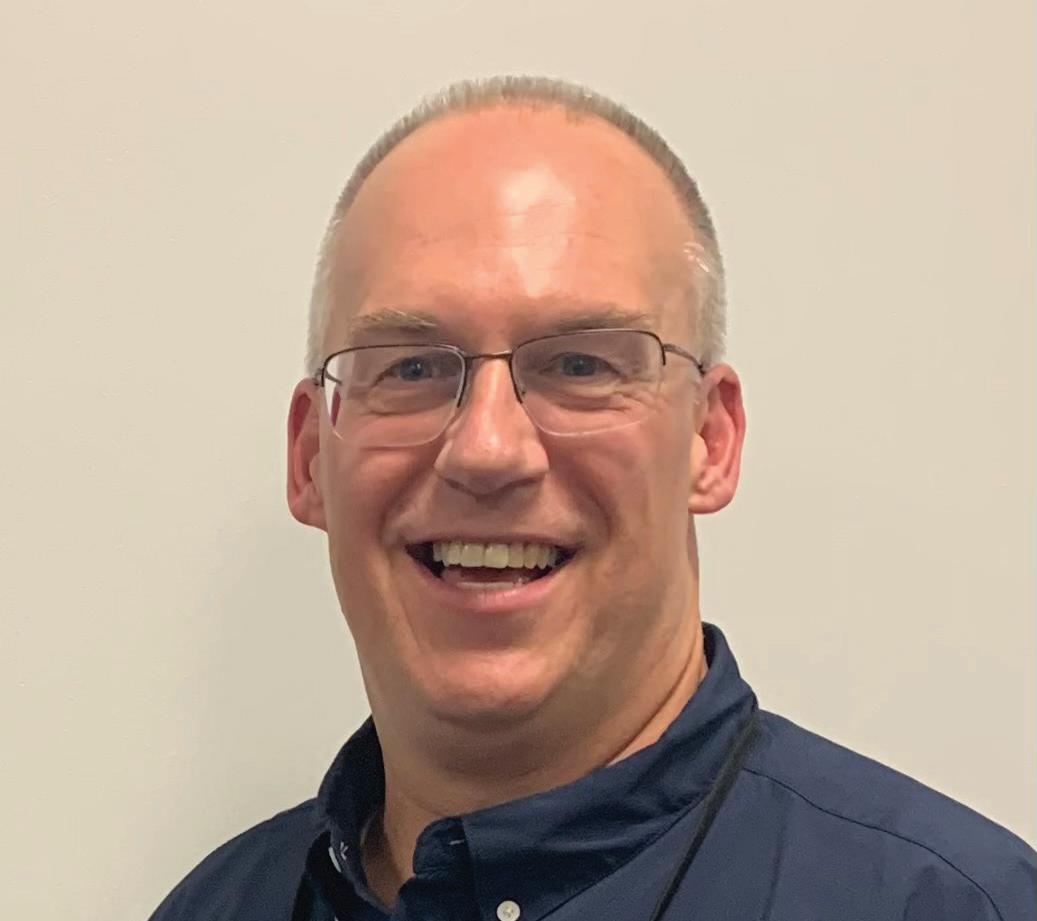
His firm was behind the country’s most successful energy fund over the last 20 years. And he’s about to deploy another $1 billion.
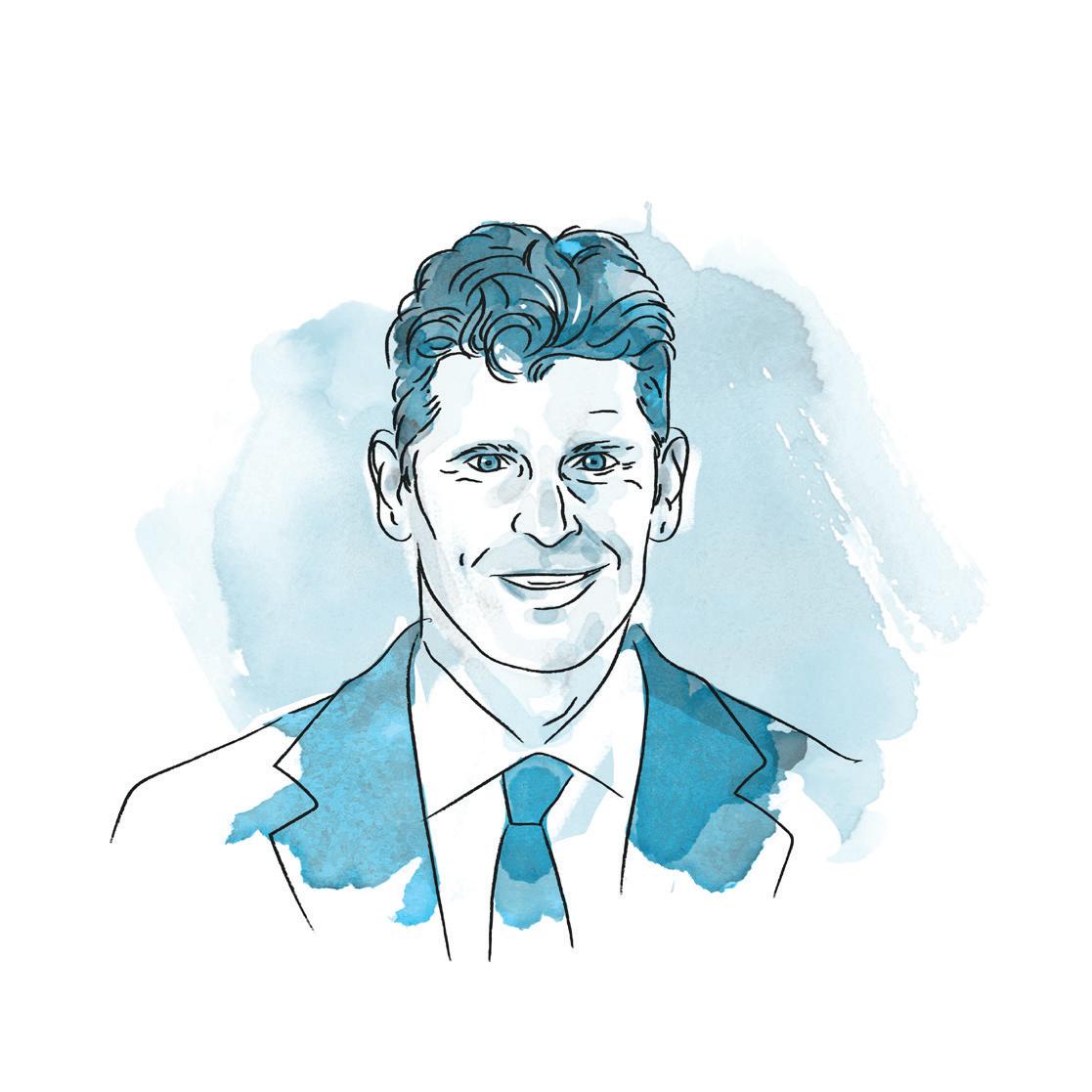
there’s nothing flashy about billy quinn’s golf game. The energy investor reserves his flash for the octagon; he trains in MMA daily. His draw off the tee finds fairways, his disciplined approach shots, more often than not, set him up for success with the flat stick, and his green reading, at least at Dallas Country Club, is top notch.
That’s where Quinn and I teed it up in early June, under rolling clouds. He starts par-par through two holes, followed by a bogey on the third. After a layup tee shot on the par five fourth hole, the thunder rumbled—followed by the horn. As the rain moves in, we head into the clubhouse for some Arnold Palmers and snacks.
Quinn is at the helm of Pearl Energy Investments. The founder and driving force behind the PE firm, he has steered the company to about $2 billion in cumulative capital commitments. Established in 2015, Pearl has seen a net return on investment of 250 percent across its three funds and three co-investments. According to data from Preqin, Pearl’s first fund, initiated in 2015, was the country’s most successful energy fund in the past 20 years based on net ROI.
The company specializes in controlling shareholder investments; its biggest hit has been with Permian Resources, formerly known as Colgate Energy. In late 2015, Pearl committed $75 million to the now-public oil and gas company. After a $150 million acquisition and additional capital infusions, Permian Resources reported $3.1 billion in oil and gas sales in 2023. The 2018 co-investment paid out investors eight times their money. “If not the best, it’s at least a top three most successful energy story of the last 10 years,” Quinn says as the rain starts to ease up.
What differentiates Pearl from other funds is that the firm’s principals invest between 5 to 10 percent of each fund as opposed to the 1 to 2 percent many other PE firms put up. “Put your money where your mouth is,” Quinn says as we head back out to the course. “We’re not just deploying other people’s money; we want our money in this.”
Before founding Pearl, Quinn was with Natural Gas Partners, where he was a crucial player in the company’s sixth fund—the most successful energy fund in the last 25 years based on net ROI data, per Preqin. It paid out investors more than 7.5 times their money; the main portfolio driver was Energy Transfer, which paid out the fund’s capital commitments five times over.
While at NGP, Quinn was part of the Texas Rangers ownership group, but he lost out on another major professional sports opportunity. The Dallas Stars were up for sale in 2011, and Quinn assembled a group willing to buy the NHL franchise out of bankruptcy. Ultimately, he lost to current owner Tom Gaglardi, who allegedly outbid the group by about $100 million. “[Former Stars CEO] Jim Lites always likes to poke fun at me, calling me cheap and telling me the franchise is worth more than $1 billion now,” Quinn says with a laugh. “I missed that one, but I think I’m doing fine.”
Looking ahead, Quinn, who concludes our nine holes on a dreary afternoon at 6-over, will initiate a fourth energy fund this fall. It will deploy just under $1 billion. “Our returns are top of the pack,” he says. “But it starts with massive discipline, long-term building, hard work, and after that, a little luck hopefully finds us.”

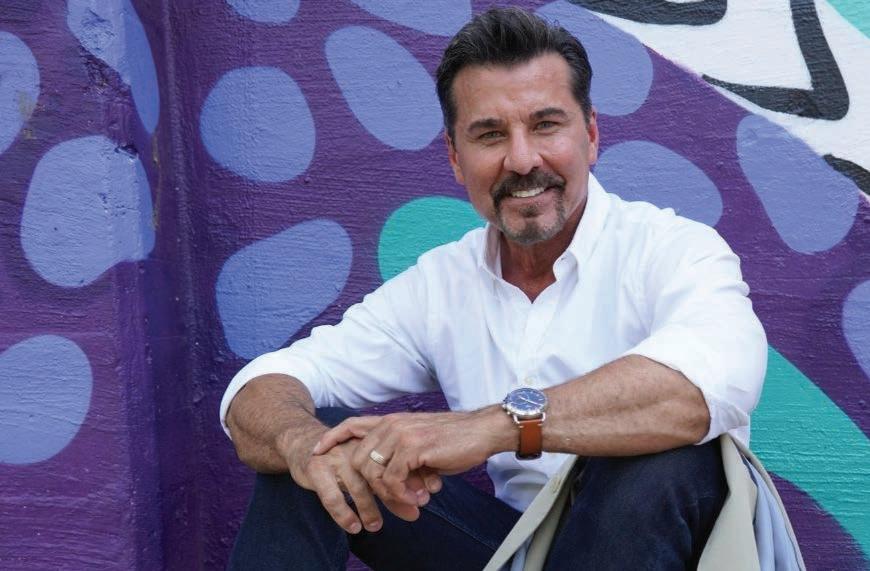
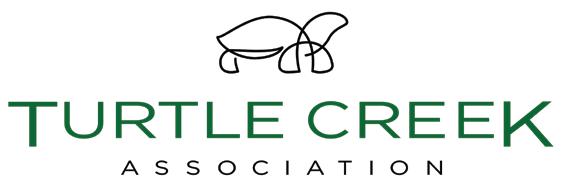







Dallas-based Makeready has mastered the art of storytelling at its unique luxury hotels across the country, ushering in hospitality’s new Golden Age.

story by AUDREY HENVEY



TUESDAY AFTERNOON, coffee and croissants are being served up from a retro coffee shop on 1321 Commerce St. Delve deeper into the property, and you’ll come across a room with two grand fireplaces, stately sofas, and deep wooden walls that stretch up to the skylight above. Just beyond, you’re met with an incandescently lit walkthrough featuring sage and navy seating arrangements and pots of playful greenery. Throw a casual glance around the room, and your eyes might land on a portrait

of Napoleon or on the most attitudinal-looking stuffed pheasant you’ve ever seen.
That’s the charm of The Adolphus Hotel today—you feel drawn to seek out and notice the subtle magic tucked within each seating area, each collection of art, and each carefully placed lighting fixture that makes up the space. And it’s all by purposeful intention and design.
“People don’t always know why they become loyal to a certain restaurant or a certain hotel,” says Christine Magrann, president and COO of Makeready, the company behind the latest iteration of the historic Dallas hotel and a collection of unique venues across the country. She explains: It’s a combination of many parts working together—service, music, linens, lighting, food, and more.


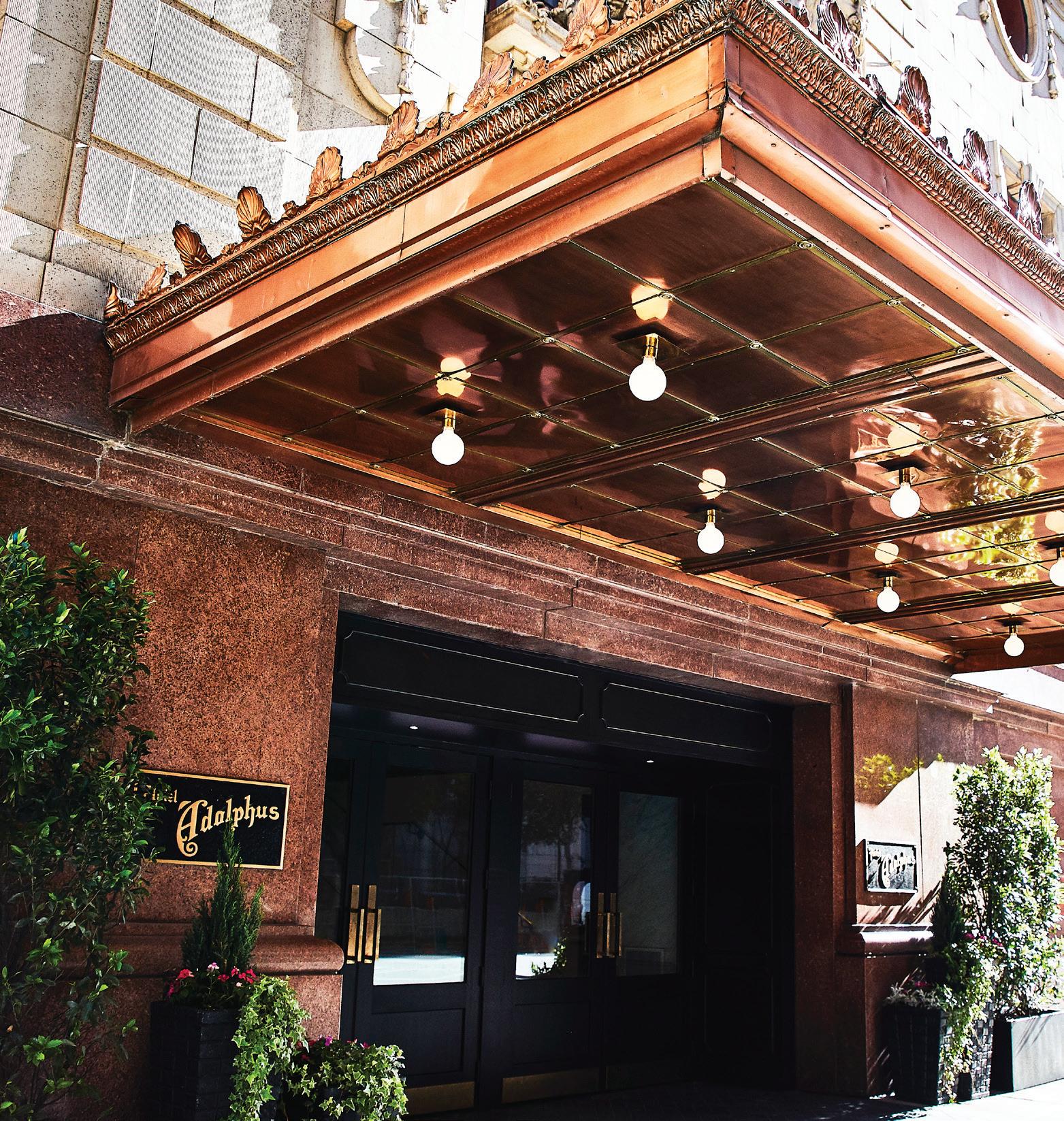
“If you pay attention to those details, then all of a sudden, you look up and there’s this harmony,” Magrann says. “The harmony of details coming together is what makes really exceptional spaces.”
The hospitality exec has made a career out of creating truly exceptional spaces. Her road to Dallas-based Makeready began with a job with Hillstone Restaurant Group in West Palm Beach. She picked up key lessons from the people she worked with along the way. Paul Leone at The Breakers resort in Palm Beach taught her how to pay microscopic attention to detail. From working as assistant director of food and beverage at The Mansion on Turtle Creek, she had a front-row seat to collaborating with a high-level chef. While serving as director of restaurants at Gaylord Entertainment, she learned that hospitality doesn’t have to be cookie-cutter. And while working with food and beverage mogul Tristan Simon at Consilient Restaurants, she learned that she liked teaming up with a founder and a visionary.
It was one of the reasons why, when she connected with Makeready founder and CEO Jim Merkel in 2016, things easily clicked into place. Merkel wanted to create a firm that would be hyper-focused on one-of-a-kind hospitality experiences—a brand that would stand out in the industry. “The idea that I could work directly under a vision-
Playing
the
When it first


experience” venue.
Just a year after its 2021 debut, the hotel was named to Condé Nast Traveler’s “Best New Hotels & Industry Openings in the World” list.



ary again and pull through his vision from the ground up was really attractive to me,” Magrann says. “I knew Jim’s skill set in investment and development and my skill set in building cultures, company, and operations would be a great partnership. Right from our very first conversations, we felt we had opposing skills that would be really valuable in partnering together.”
She became president and chief operating officer of the company, which creates, manages, and operates independent hotel, restaurant, and retail brands across America. Along with The Adolphus, the company’s portfolio includes Halcyon, a hotel in Denver’s Cherry Creek district; The Eliza Jane hotel in New Orleans; and Hank’s Seafood Restaurant in Charleston.
Makeready has made it a point to stay “in the background” of the properties it manages—a lesson Magrann learned from her time at Consilient. Founded by Simon when he was in his 20s and later attracting capital from Dallas billionaire Tim Headington, it became one of the region’s most successful restaurant groups and expanded to other major markets. Simon sold his stake in the operation in 2014 and launched Dallas-based placemaking and real estate investment firm Rebees.
“Back in the day, Consilient had a bunch of special, individually branded restaurants that were supported by a
corporate entity,” Simon says. “Your revenue doesn’t come from the corporate entity. The real business is the restaurants and the hotels. That’s what people care about.”
The ownership group is a support system, he adds. Rather than making it the focus, the goal should be to spotlight the businesses generating revenue and the people running those businesses. “And so, if you’re the leader of the overarching enterprise, it’s easiest to do that if you sort of de-emphasize yourself and operate in a more behind-the-scenes manner that puts the businesses that are generating the revenue and the people running those businesses up front,” Simon says.
Magrann puts it another way: “The guest wants to feel connected,” she says. “If you make it too complicated, then it takes longer for them to have a true connection. When our guests go to The Adolphus, they want it to really be all about The Adolphus. They want a memorable experience, and they want this special, rich story history of The Adolphus to come out.
“When you start layering in Makeready as the management company—we’re the vision or the ideation behind the concepting or the programming—it becomes muddled,” she adds. “Their connection gets a little thinner and a little thinner, and it takes longer. So, I think if we are humble and our ego gets put to the side, it allows for a quicker, more intimate, deeper connection with our experiences.”
THE WOMAN would be the ultimate hostess. She would have landed on South Carolina’s shores with nothing but a monogrammed steamer trunk and a heart for meeting new people. The daughter of a ship captain, she would
become the kind of woman who, after welcoming you and taking your bags, would say, “Now, let’s get you a drink.”
Her name would be Emeline, and she would never exist. But her persona would fill the walls and essence of Makeready’s new property in Charleston.
When the company set out to establish a hotel in the city, it turned to what it knew best about the power of placemaking—a story to tell. “Emeline is a fictional character; we made her up,” Magrann says. “But now she has a very real personality, and people feel that Emeline is real.”
The luxury property opened four years ago with 212 all-king guest rooms, 128 suites, and 16 double-king-bed accommodations. It includes a wood-fired eatery, coffee shop, courtyard, gallery of found objects, Crosley turntables in every room, a signature scent from Red Flower, and custom ceramic vanity accessories crafted by a local Charleston artist.
Leaning into unique food and beverage options was especially key. Emeline features onsite restaurant Frannie & The Fox and Clerks Coffee Co. “We thought if we can



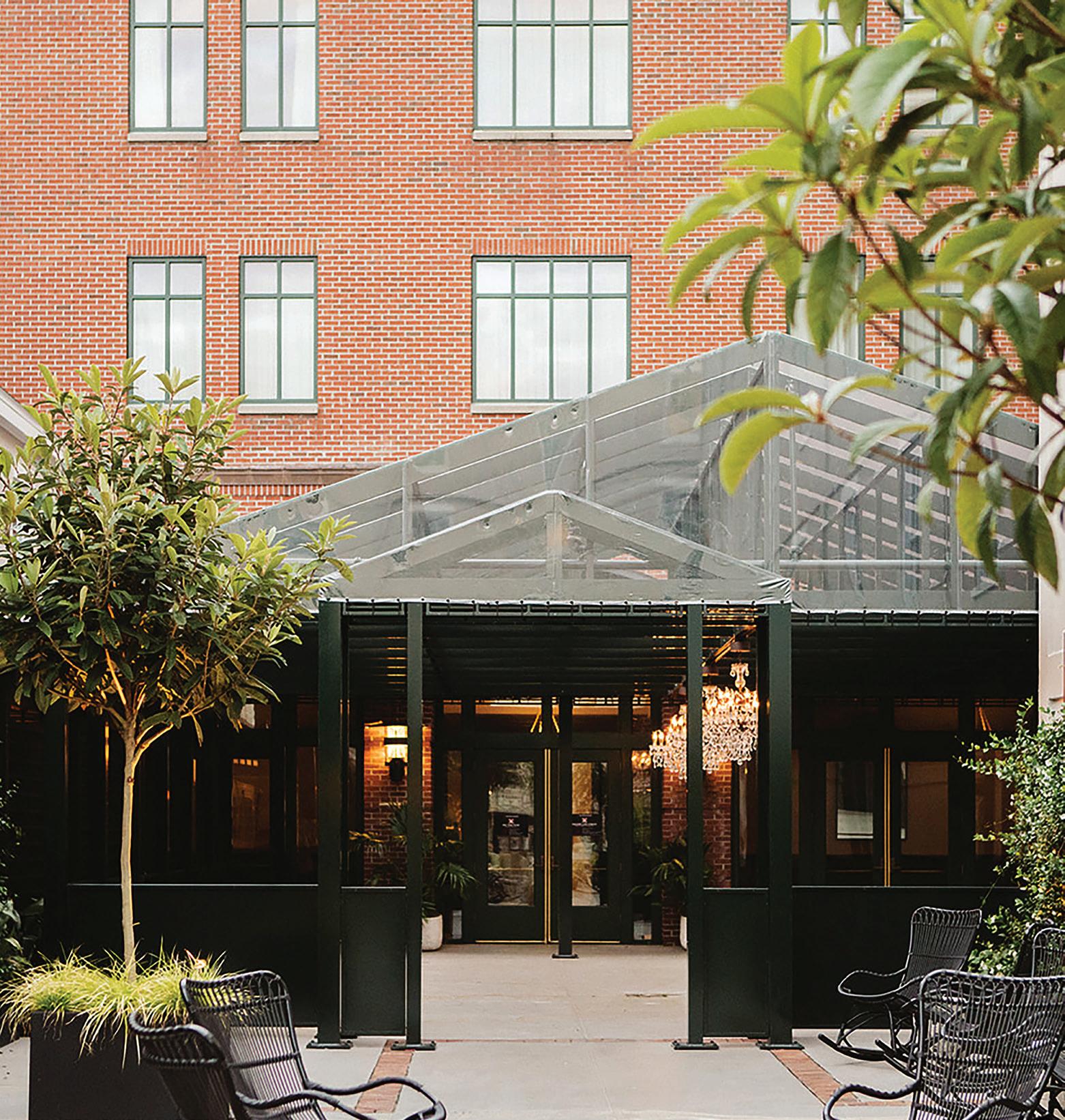
sevelt, Babe Ruth, and Roy Rogers. The historic venue closed in 1972; Rockbridge Capital, the money behind Makeready, bought it in 2014. Under Makeready’s purview, it reopened as Noelle in 2017. Magrann visited the Noel family’s home as part of the research for the endeavor. “We got pictures and archives and tried to understand what they wanted when they opened the hotel, so we could be really respectful of that,” she says. Today, the property features restored terrazzo floors, original brass hardware, and geometric Art Deco millwork carved on ceilings.
get people to come here for the restaurant experience, the coffee shop, and the outdoor courtyard dining, they’re going to want to stay at Emeline,” Magrann says. “And, in fact, that’s what has happened. It’s really worked.”
Establishing a new hotel in Charleston called for the weaving of a narrative with a strong sense of character. Other standouts in Makeready’s portfolio draw on historic properties that have their own stories to tell. “Our job at Makeready is, ‘Can we tell that story? Can we bring the story to life?’” Magrann says.
It’s a strategy that has driven the success of properties like Noelle in Nashville, which originally opened in 1930 as the Noel Hotel and hosted guests like Eleanor Roo-
When it comes to establishing a vision for a venue, the research process begins about two and a half years in advance. It involves talking with local employees, including bartenders, retailers, and chefs. “Because we’re so food and beverage focused, we try to become colleagues and friends and supporters of local chefs so we can learn what works, what works for the employee pool, what works with the guest demographics, and what they’re looking for,” Magrann says.
A key part of the process is to stay humble. “We pay special attention to this,” she says. “And I drive this home with our team—that we are not all-knowing. We might have great success in one city, but we must really learn what each city wants, what the guest is looking for, and where the need is.”
The research has revealed different interests—and, as a
result, different offerings—in different cities. “Charleston likes change,” Magrann notes. “Charleston wants to come to our restaurants and see different programming and different decor and different experiences.” Meanwhile, she says, Dallas likes to continuously evolve but is rooted in tradition. The Adolphus reflects that identity: the iconic French Room at the hotel still hosts its traditional teas, while the hotel’s rooftop pool provides a more dynamic vibe.
It’s one of the best things about working on the independent side of the industry, Magrann says. There’s an ability to be creative and cultivate one-of-a-kind, custom experiences, but threaded similarities that tie them together. There’s a minute attention to detail, down to how dim the lighting is, what the acoustic effects are, and what design elements are showcased. They each also have an immersive “opening statement.” The entrance to a Makeready hotel will likely include a coffee shop or retail experience before guests come across the front desk.
In addition, each venue will feature unique food and beverage options that stand on their own branding. “Our marketing strategy for our restaurants is we don’t always associate it with a hotel,” Magrann says. “People come to Frannie & the Fox just for Frannie & the Fox. We also have our guests come to Emeline. Our goal is that 60 percent of our restaurant guests will come from within the community. It’s working really well.”
DURING HER 30-year career, Magrann has seen the hospitality industry go through wild swings and evolve, surviving a global pandemic and experiencing the profound impact of social media, which has led to higher expectations for quality and a sense of place. “The hospitality industry is really getting to a great place again, and I’m excited about it,” Magrann says. “Eight to 10 years ago, if you wanted an affordable price, it was kind of a commodity product; it wasn’t always fresh food, and it wasn’t always creative food. Today, we can create approachable value for guests at many different levels. And the quality is great. I think we’re doing a good job of that.”
Magrann says Makeready, which has 1,300 employees, has reached the point where it’s attracting exceptional talent. It’s a sentiment echoed by founder Merkel, who says the company is building an executive team for the next phase of growth. “Makeready has always been designed around, ‘How do we be the best and not necessarily the biggest?’ In that, if we continue to build execution capabilities for the company, the growth is inevitable,” Merkel says. Makeready also is focused on developing freestanding restaurants. Its first project was a second location of Charleston’s Hank’s Seafood in Ohio, bringing the iconic restaurant’s 25-year history to a new state. “In order for us to have a successful food and beverage reputation
growing these freestanding restaurants outside of a hotel affiliation is a really important strategy,” Magrann says. “We’re gaining a reputation for being a strong food and beverage company with talented culinary teams. Our future is bright with the type of growth and ownership partners that we will continue to work with.”
In 1976, a D Magazine feature declared that the 1940s had been the Golden Age for Dallas society. Stories of extravagant parties, costume balls, and local hot spots were offered up as evidence. They included The Adolphus, where you could dance to the music of Harry James, Freddy Martin, and Henry Busse in the Century Room. “The Golden Age is gone,” the 48-year-old essay lamented, citing a flight to suburbia. But through the magic of working at The Adolphus and other luxury properties across the country, Makeready may be ushering in a new era.
Placemaking expert Simon seems to think so. “There’s a whole tradecraft around creating and managing those types of hotels that I think Makeready possesses and sort of exhibits about as well as any player in the hotel space,” he says. “They’re building something really great.”



How five North Texas companies found a way to deepen employee engagement— and community impact—by laser focusing on nonprofit collaborations.
story by CHRISTINE PEREZ
IDEAL FIT.
WHITE HAD SEGUED FROM a long and successful corporate career to the nonprofit sector, leading the North Central region of the American Cancer Society and managing its national partnerships. The influential CFT pulls both worlds together, helping businesses, as well as families and individuals, amplify the impact of their giving and community involvement.

“It can be defeating as a young child to feel you are different. ...
As a company, CBRE is focused on the future— on generations to come.”
KATHERINE GILLIS
White says he had high expectations for North Texas, and they have been exceeded. “The philanthropic scene here in Dallas is truly amazing,” he says. “The willingness for Dallasites to be generous—there isn’t another city I’m aware of where there is this level of generosity—and the nonprofits benefit from this. I love the way vision and effort come together here; it really speaks to the synergies that exist.”
He has experienced corporate citizenship from both sides, in his five years at the American Cancer Society and his 30 years at General Electric, AT&T, Verizon, Motorola, and more. Along the way, some trends have emerged. “Corporations have started to align their philanthropic efforts and community engagement efforts along a specific, defined set of pillars versus broadly spreading it out across the board,” White says.
“Most often, those pillars align with the values of their employees and their customers. They want to show synergy and connection between their philanthropic efforts and the overall mission of their companies.”
Instead of helping many organizations out in smaller ways, more businesses are going in deep with a specific nonprofit or two. The five finalists in the Collaboration of the Year category in D CEO’s 2024 Nonprofit and Corporate Citizenship Awards show just how successful those partnerships can be. Profiled below, they include CBRE and Camp John Marc, Amdocs and Mercenary Robotics; the Dallas Mavericks and Dallas ISD and Girl Scouts of Northeast Texas; Medical
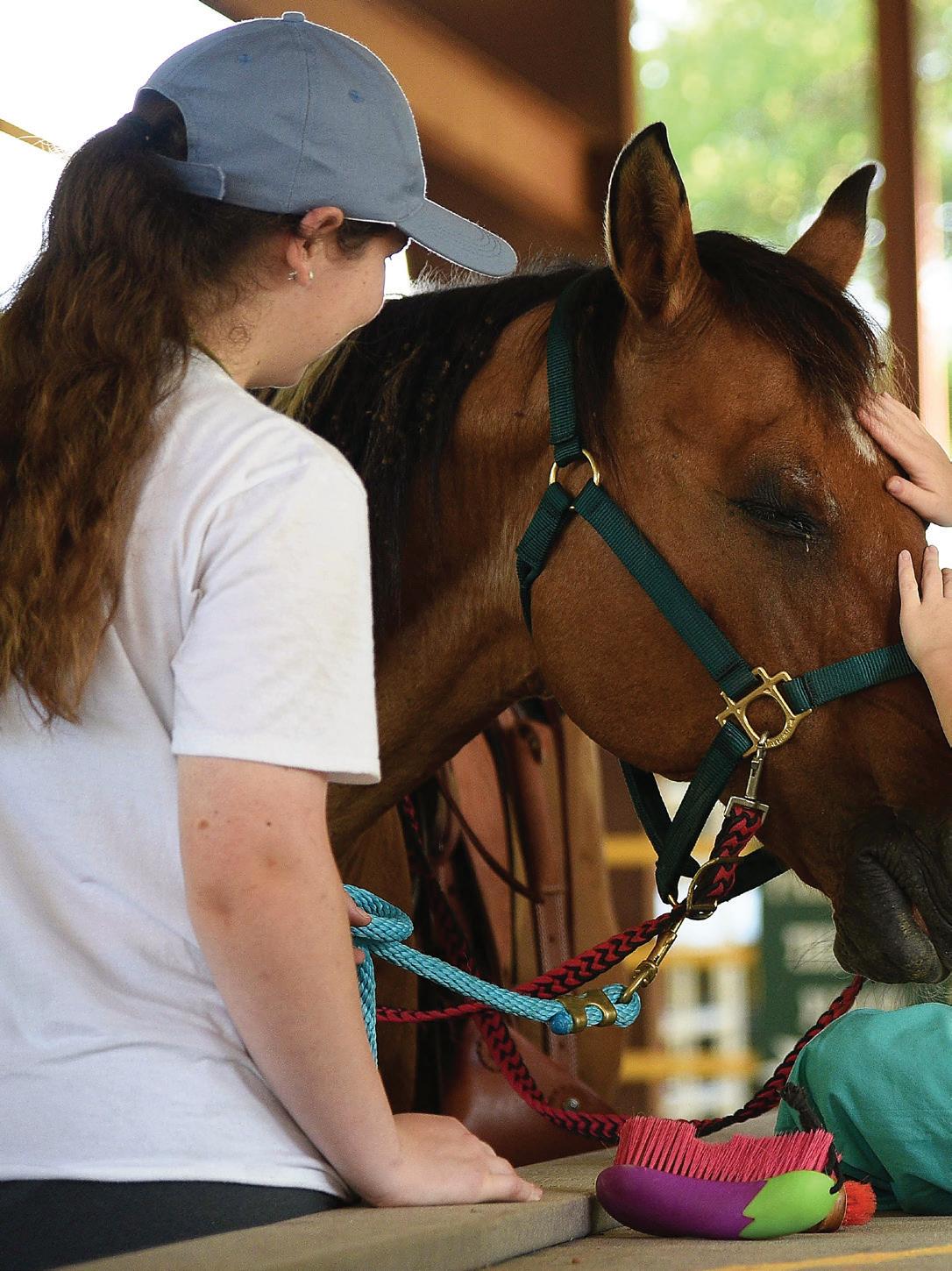
City Healthcare and North Texas school districts; and Southwest Airlines and Wearsos.
White says that collaboration works best when there’s a commitment to the cause of the nonprofit and a good alignment with the values of the company and its customers and employees. It’s even better when skills-based volunteerism comes into play, leveraging the company’s specific industry and the talents of employees. “So, it’s not just a donation of dollars, it’s a donation of expertise and skills,” White says. “It yields fantastic results.”
CBRE + CAMP JOHN MARC
TWENTY-FIVE YEARS AGO, the Dallas office of global real estate firm CBRE was looking for ways to give back to the community and wanted to focus on three things—local impact, a cause connected to the commercial real estate community, and an initiative that supported children. It found what it was looking for in Camp John Marc. The nonprofit provides specialty camp experiences for youngsters and teens with chronic medical and physical challenges.
It sits on more than 200 acres in Bosque County, donated by Dallas real estate veteran Marc Myers and

his wife, Jan, in honor of their son, who died of bone cancer in 1987 at the age of 9. Each year, Camp John Marc hosts about 3,000 campers and their family members at its 11-week-long summer camps and more than 25 weekend camps. The organization works to help children bond with one another by segmenting the camps into sessions that focus on specific medical challenges, such as cancer, craniofacial issues, neurological conditions, and lupus (in a cleverly named Camp Lupupalooza).
The collaboration with CBRE has accelerated the camp’s growth and success. The support has largely come from an annual fundraising event called Chefs Showcase, where local celebrity chefs display some of their premier dishes at a black-tie gala that also features live music, dancing, and casino games. Held at the Ritz-Carlton and run exclusively by CBRE volunteers, it has raised nearly $5 million for Camp John Marc since its inception.
Employees also take part in volunteer workdays at the camp. This past spring, a team of 50 helped fix bed frames, paint horse fences, lay bricks, put together shower chairs, and more. Leading the charge of everything Camp John Marc for CBRE is Managing Partner Kathrine Gillis.
The volunteer work “solidifies the ‘why’ behind Chefs Showcase,” she says. “It’s a great opportunity for our team to feel more connected to the camp, and it’s always a lot of fun.”
A key mission of Camp John Marc is instilling confidence in the campers it serves. “It can be defeating as a young child, at ages when you are most vulnerable and impressionable, to feel you are different,” Gillis says. “As a company, CBRE is focused on the future—not only the future of real estate, but the generations to come.”
WHEN STEAM ACADEMY’S Mercenary Robotics team competes, the McKinney-based nonprofit has an MVP in the wings: communications and media software giant Amdocs. Through its 5G Experience Lab in Plano and its Mobile Services division, the company provides support, mentorship, and helps the team integrate sophisticated parts into their robots that allow for more complex operations and data collection.
Amdocs discovered the team while looking for “organizations that aligned well with our belief in making a difference in society,” says Anthony Goonetilleke, group president of technology and head of strategy. It also fits with a key part of the company’s corporate social responsibility strategy: to be a STEM education evangelist.
“It gives Amdocs the opportunity to promote the development of future technologies and to inspire a new
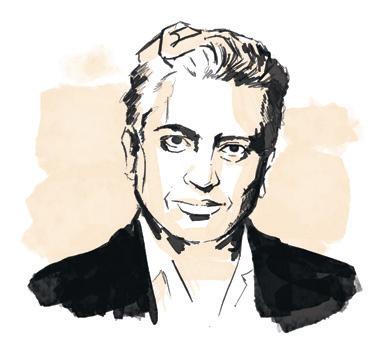
“This partnership gives Amdocs the opportunity to promote the development of future technologies and to inspire a new generation of engineers and innovators.”
ANTHONY GOONETILLEKE
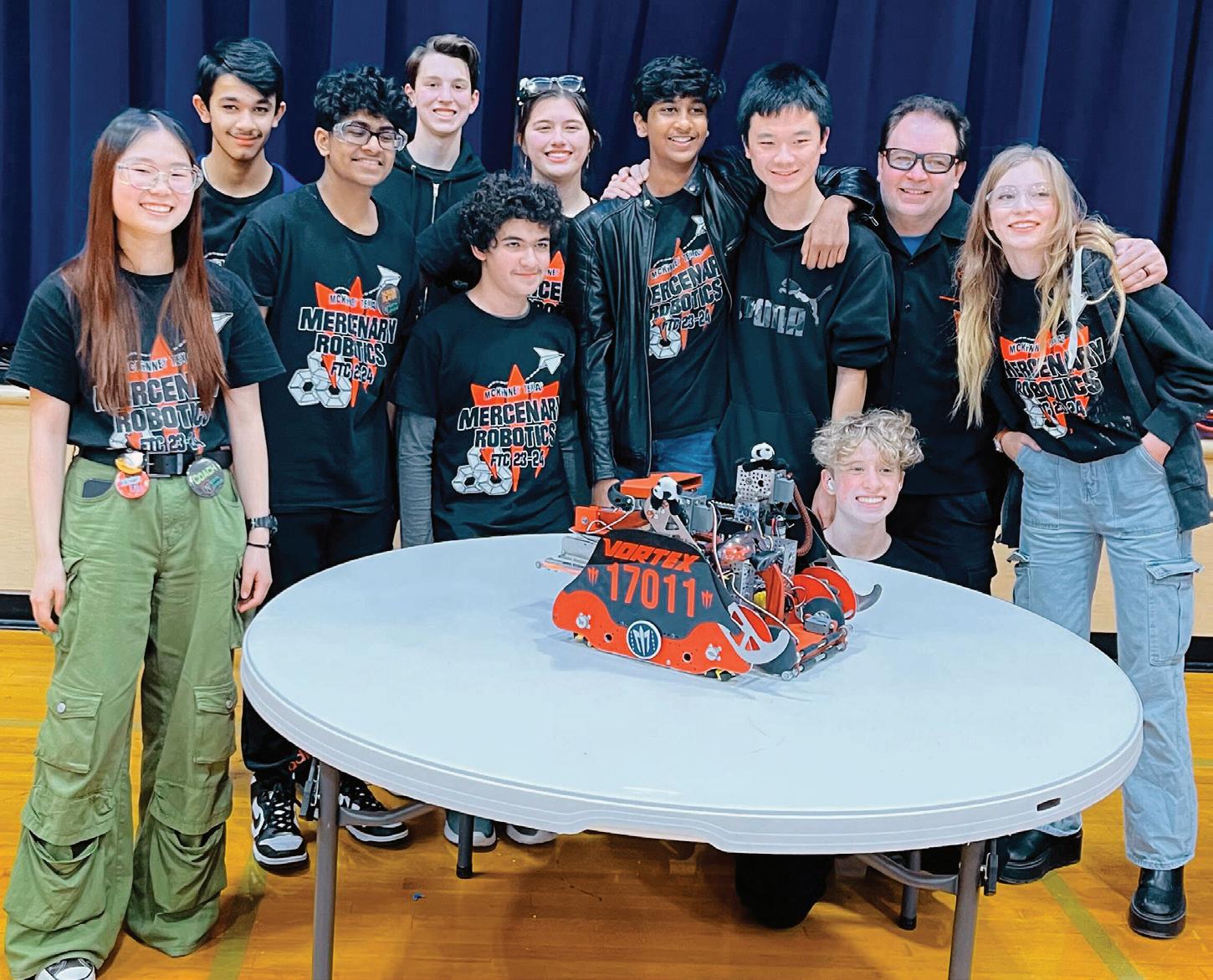
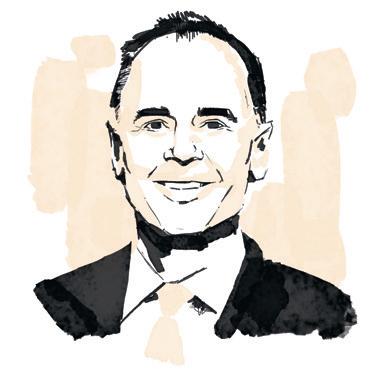
“We highlight topics like mental wellness and emergency planning for a mass casualty incident. School nurses are at the frontlines of helping children every day.”
ALLEN HARRISON
generation of engineers and innovators, showcasing the benefits of collaboration between the tech industry and educational communities,” Goonetilleke says. “And, with a long, proud history of doing business in Texas—particularly North Texas—we hope that we will see some of these young technologists working with us directly in the future.”
The academy works to get kids interested in STEM careers early on. Children as early as 4 years old can participate in its First LEGO League, building and programming small robots from LEGOs to spark early engineering skills. Older students progress to more advanced programs, such as the FIRST Tech Challenge, which involves the construction of larger robots and the use of industrial materials, and the FIRST Robotics Competition, for ages 14-18, which features large, fast-moving robots that integrate software and mechanics.
Along with providing support to Mercenary Robotics, Amdocs employees serve as mentors for students and judges in competitions. The company also hosted an event at its Plano office where the competitors showcased their machines and had the chance to get feedback from—and get inspired by—Amdocs engineers.
Goonetilleke points to specific outcomes to demonstrate the success of the collaboration, including providing the team with access to robot kits and computers and helping students learn about engineering, physics, and essential life skills, such as teamwork and public speaking. Amdocs’ sup-

port also enabled Mercenary Robotics to broaden the program to include CNC machining, powder coating, CAD modeling, Java programming, and comprehensive mechanical and electrical engineering training. Looking forward, Goonetilleke says the company plans to increase its focus on supporting and encouraging girls to become involved in the program. “We hope that our collaboration with Mercenary Robotics will continue to grow, bringing additional participants while likewise providing our employees an opportunity to mentor students, foster engagement, and fuel knowledge sharing,” he says.
OVER THE YEARS, school nurses have been called upon to handle increasingly complicated situations involving things like GI tubes, insulin pumps, and panic attacks, just to name a few, says Medical City Healthcare President Allen Harrison. That’s one of the reasons the health system developed its School Nurse Education Series, which began in 2017. “We recognized the need for this professional group to receive ongoing clinical education and knew that we could make a positive impact,” Harrison says.
Experts from Medical City, one of the region’s largest healthcare providers, developed the curriculum and update it every year. Each of the system’s 21 hospitals hosts a professional development day for school nurses in the region and provides training on emerging and evolving health trends involving schoolaged kids. Harrison says the need for the program is evident in its growth. For the 2022-23 school year, 690 nurses from 14 districts participated. That nearly doubled to 1,188 nurses from 33 districts in 2023-24. For the upcoming school year, more than 1,500 nurses have signed up for training.
Participating districts include the biggies like Dallas, Fort Worth, Frisco, and Plano, but also smaller districts in outlying rural areas, such as Crandall, Red Oak, and Sanger. Last year’s curriculum included lessons on vaping dangers, mental wellness, and strokes and cardiac events—particularly involving young athletes. Of the nearly 1,200 nurses who participated, 85 percent said they planned to make changes to their practices because of the education they received.
To enhance the program, Medical City created an ad-

visory board that includes area nonprofits and school nurse leaders who suggest topics for future sessions. “Because of their input, we can highlight pressing topics like mental wellness and emergency planning for a mass casualty incident,” Harrison says. “School nurses are at the frontlines of helping children every day, and our goal is to support them.”
TEN YEARS AGO, Southwest Airlines began updating its aircraft fleet with new seats that used “ELeather,” recycled material made from leather scraps destined for landfills. Along with environmental benefits, the lighter material reduced the weight of each plane by about 600 pounds, helping it cut fuel consumption and expense. But upgrades left Southwest with a mind-boggling 43 acres of discarded aircraft seat leather.
To help figure out what to do with it all, the airline created a sustainability program called Repurpose with Purpose. It works with nonprofits, foundations, schools, and social enterprises to turn the leather into new products. Last year, Southwest aligned with Wearsos, an organization that, through upcycling, helps provide job opportunities for marginalized in-
dividuals. It learned about Wearsos through another Repurpose with Purpose partner, the Tropical Agricultural Research and Higher Education in Turrialba, Costa Rica. “Our goal is to identify partners who can think creatively about how to upcycle our aircraft seat leather after its voyage on our aircraft has come to an end,” says Ana Schwager, corporate responsibility program manager for Southwest. “Wearsos’ work supporting communities in rural Costa Rica also aligns with our mission of finding partners who make a difference in their communities.”
The venture’s products include handbags, backpacks, jackets, and other goods made of recycled materials. Along with leather, Southwest provides grants to help the enterprise create jobs and buy equipment used to make the upcycled items. It also helped Wearsos expand its reach by launching an e-commerce site, building a social media platform, and reaching out to Southwest vendors, customers, and media contacts. The airline hosted a Wearsos event at a Global Business Travel Association conference, had the organization present its story at a Southwest Creator Day program with social media influencers, and took it to Luck Reunion, a music festival at Willie Nelson’s ranch in Luck, Texas, where it sold $7,000 in products in a single day.
The biggest impact of the collaboration has been the increase in awareness for Wearsos that Southwest

“Our goal is to identify partners who know how to upcycle our aircraft seat leather after its voyage has come to an end. Wearsos aligns with our mission.”
ANA SCHWAGER
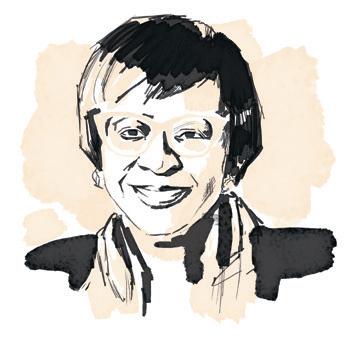
“We’re investing in the lives of our youth to empower these girls as they take the necessary steps to shatter glass ceilings. These are the leaders of our future.”

has driven, Schwager says. “Wearsos has a meaningful purpose and an important story to tell,” she says.
IN EARLY 2018, when Cynt Marshall became CEO of the Dallas Mavericks, she was determined to make the team the NBA standard of inclusion and diversity. A part of her plan involved expanding support for organizations that focused on women and girls. The Mavericks had longed worked with the Girl Scouts of Northeast Texas on various programs and events throughout the years. But in 2020, the two organizations found a way to deepen their partnership, expanding programing for girls in the region and helping the Girl Scouts organization with its DEI efforts and transformation.
Called “The Gift of Character,” the initiative is structured around four areas: people, programs, processes, and properties. The Mavs are providing $150,000 in funding during the three-year collaboration. “We’re investing in the lives of our youth to empower these girls as they take the necessary steps to shatter glass ceilings,” Marshall says of the program.
“These individuals are the leaders of our future. We recognize that, and through this partnership, we’re amplifying that.”
As part of the initiative, the region’s first Black History Month patch was introduced and earned by nearly 4,000 Girl Scouts. In 2022, the Mavericks and Girl Scouts NETX formed an after school program at Dallas ISD’s Adelle Turner Elementary. The goal was to provide a supportive environment that promotes social-emotional learning and mental health and focuses on STEM, the outdoors, life skills, and entrepreneurship. Mavericks employees serve as troop leaders and assist on the field trips. Ticket sales and corporate staff provide mentorship during Girl Scout cookie sale time. Other facets include annual Girl Scouts nights at Mavericks games and scholarships to Mavs Academy hoops camps, dance camps, and gaming camps. The team also sponsored a Science of Sports summer camp at the Girl Scouts’ STEM Center of Excellence, timed around the 2024 Summer Olympics.
“The reach and inclusion of this partnership has gone far beyond our expectations,” says Hannah Sherertz, senior director of corporate social responsibility and executive director of the Mavs Foundation. “Throughout the various programs the past three years, together we have created opportunities for women and girls of all ages and backgrounds.”
COLLABORATION
OF THE YEAR
CBRE and Camp John Marc
Finalists: Amdocs and Mercenary Robotics; Dallas Mavericks, Dallas ISD, and Girl Scouts of Northeast Texas; Medical City Healthcare and North Texas School Districts; Southwest Airlines and Wearsos
CORPORATE LEADERSHIP EXCELLENCE
John Steinmetz, Vista Bank
Finalists: J.W. Brown, Premier Capital; Shonn Brown, Kimberley-Clark; Edward Crawford, Coltala Holdings; Edgar Guevara; M Crowd Restaurant Group; Sam Kang, Schwab Charitable; Alta Mantsch, Tolleson Wealth Management; Brendan McGuire, PNC Bank; Rusty Reid, Higginbotham; Steven Williams, PepsiCo Foods North America
CORPORATE PARTNER
OF THE YEAR
Hilti
Finalists: American Airlines, Ceasons Holdings, Park Place Dealerships
CORPORATE SOCIAL
RESPONSIBILITY
Twisted X Global Brands
Finalists: AMN Healthcare, Netscout, PDS Health, Texas Capital Bank, UWorld
EQUITY LEADERSHIP
PGA of America
Finalists: Bank of America, Dallas Mavericks, Grant Thornton
IN-KIND SERVICES
SUPPORTER
Sendero Consulting
Finalists: Grit Productions & Expositions, Locke Lord, Trader Joe’s–Dallas
SUSTAINABILITY
LEADERSHIP
Overland Partners
Finalists: The Beck Group, Vizient
CIVIC IMPACT AWARD
Linda McMahon, The Real Estate Council
EMERGING LEADER AWARD Jaxson Turner, N2Y2C Charity
ORGANIZATION OF THE YEAR (MEGA)
Boys & Girls Club of Greater Tarrant County Finalists: American Red Cross North Texas, Compudopt, National Breast Cancer Foundation, Operation Kindness
ORGANIZATION OF THE YEAR (LARGE)
Family Gateway Finalists: Southwestern Medical Foundation, The Center for American and International Law, The Concilio
ORGANIZATION OF THE YEAR (MIDSIZE)
New Friends New Life
Finalists: Adaptive Training Foundation, American Jewish Committee, Christ’s Haven For Children, Dallas Eviction Advocacy Center, Dallas Sports Commission
ORGANIZATION OF THE YEAR (SMALL) Downtown Dallas Parks Conservancy
Finalists: Bridge Lacrosse, C5 Texas, Hunger Busters, Project 4031, Restorative Farms, Streetside Showers
ORGANIZATION OF THE YEAR (MICRO)
Remembering Black Dallas Finalists: BarbaraCares, Creating Young Minds, Isaiah 117 House Dallas County, Keep Irving Beautiful, Paisley’s Pals
LEADERSHIP EXCELLENCE (MEGA) Dale Petroskey, Dallas Regional Chamber Finalists: Cathy Barker, Jewish
Family Service of Greater Dallas; Daphne Barlow Stigliano, Boys & Girls Club of Greater Tarrant County; Yasmin Bhatia, Uplift Education; Adam Powell, Communities In Schools of the Dallas Region
LEADERSHIP
EXCELLENCE (LARGE)
Terry N. Ford, Lumin Education Finalists: Melissa Aucoin, National Ovarian Cancer Coalition; Kate Rose Marquez, Ascend Dallas; Brenda Snitzer, The Stewpot
LEADERSHIP EXCELLENCE (MIDSIZE)
Stephanie Bohan, Hope Cottage Finalists: Zaida Basora, AIA Dallas and The Architecture and Design Foundation; Marissa Castro Mikoy, Jubilee Park & Community Center; Robert Kent, Trust for Public Land; Diana Mao, The Nomi Network; Patrick Smith, Serve Denton
LEADERSHIP
EXCELLENCE (SMALL)
Tamika Perry, Dallas Hope Charities Finalists: Randy Bowman, At Last!; Billy Island, The Well Ministries of DFW; Keri Mitchell, Dallas Free Press; J.D. Trueblood, Turtle Creek Association; Ralph Ujano, Helping Hands for Single Moms Dallas
LEADERSHIP
EXCELLENCE (MICRO) Wayne Dominick, 3to1 Foundation
Finalists: Dania Carter, Heart of Courage; Kirk Nobles, The HighArt Foundation
FUNDRAISING OR AWARENESS CAMPAIGN
Perot Museum of Nature and Science
Finalists: All Wheels Up, American Cancer Society, Forest Forward, Sharing Life Community Outreach, TeamIzzy Foundation
NONPROFIT TEAM
(MIDSIZE + LARGE + MEGA)
Dallas Children’s Advocacy Center, Forensic Services Team
Finalists: American Cancer Society, Gene and Jerry Jones Family
Hope Lodge; CitySquare, Housing Operations Team; KERA, “Think” with Krys Boyd; The Sixth Floor Museum at Dealey Plaza, Guest Services Team
NONPROFIT TEAM
(MICRO + SMALL)
Life Change Housing Associates, Inclement Weather Shelter Team
Finalists: DFW Alliance of Technology & Women, iLEADinSTEM Team; Empowering the Masses, Phlebotomy Training Team; Rescue Her, Volunteer and Community Team; The Magdalen House, Empower Program
OUTSTANDING INNOVATION
Dallas Pets Alive
Finalists: Dickerson Center for Civic Responsibility, Goodwill Industries of Dallas, Junior Players, OneSight EssilorLuxottica Foundation, Trusted World
SOCIAL ENTERPRISE
Hugs Café
Finalists: Cathedral of Hope, On the Road Lending, SafeHaven of Tarrant County, Union Coffee Well Grounded Coffee Community
INNOVATION IN EDUCATION
(MIDSIZE + LARGE + MEGA)
The Cliburn
Finalists: Café Momentum, My Possibilities, Rising Aviation High School, Robotics Education & Competition (REC) Foundation
INNOVATION IN EDUCATION
(MICRO + SMALL) Solar Car Challenge Foundation
Finalists: Koan School, The Artist Outreach, Women Leading Technology, Your Next Steps-US
VOLUNTEER OF THE YEAR
Nancy Best, Klyde Warren Park
Finalists: Brendren Austin, 3to1 Foundation; Ahmad Goree, Muhlaysia Booker Foundation; Sairaman Shetty, JB Dondolo
CAPITAL ONE IMPACT
INITIATIVE AWARD
STREAM Foundation
Finalists: City House, Women’s Business Council–Southwest
With a practice built on federal law defense, Nick Oberheiden is one of the few civilian attorneys the government trusts to view classified information and represent suspected enemies of the state.
NICK OBERHEIDEN WASN’T allowed to bring anything in or out of the bunker where he met with his client—no water, no phone, no notes. The enclosed area, called a Sensitive Compartmented Information Facility (SCIF), wasn’t much bigger than a shipping container. Military, national security, and intelligence o cials use them to process sensitive and classified information. ¶ For six long hours, Oberheiden met with o cials in a secret location as they laid out the case the government had built against his client, a defense department employee under espionage investigation for allegedly disclosing classified information. For a matter of this magnitude, Oberheiden says he met with the FBI, Justice Department, Secret Service, and a special unit of the Pentagon to discuss a resolution. ¶ The government kept the notes he took during the meeting afterward. To do his job, Oberheiden is one of the few civilian lawyers who can look at the classified information his client had allegedly disclosed. His security clearance is so high he cannot even tell others what it’s called. All discussions about that classified information had to be done in the presence of the feds. In cases such as these, private conversations between a typical client and his or her lawyer don’t exist. “It’s not a fun room,” Oberheiden says. “There is no privacy component.”














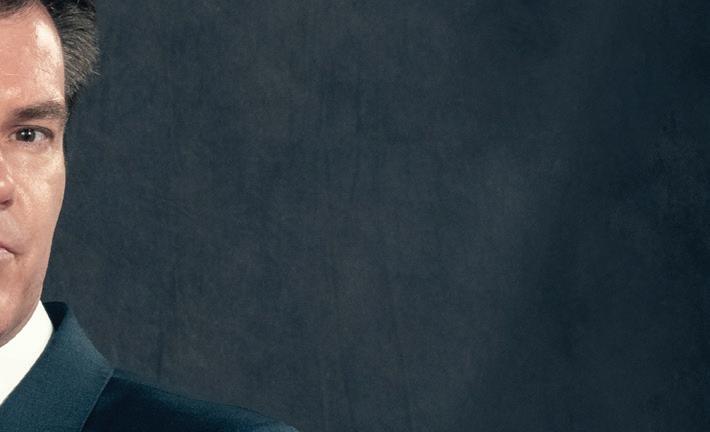











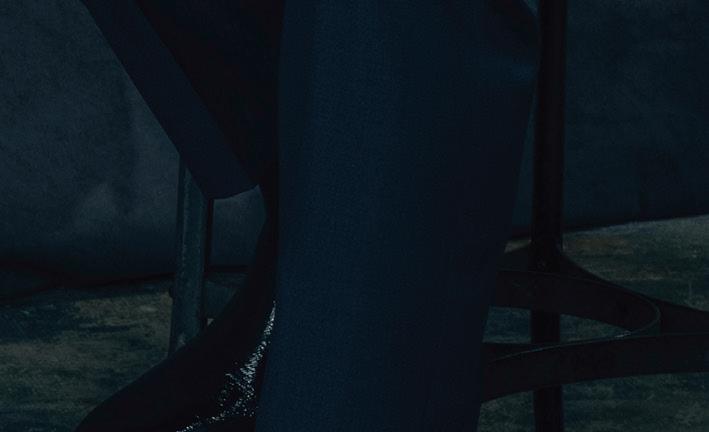






















WWHEN HE MEETS with his client outside the bunker, conversations are done in hypotheticals. The client isn’t able to say which agency they work for or even that they disclosed certain documents. Discussing the matter with their lawyer without an FBI agent present is itself a crime. Oberheiden can’t disclose the client but says cases like these usually focus on military secrets and the U.S. intelligence community in foreign countries. The intent could be anything from aiming to defraud the U.S. government by selling information to a foreign country to accidentally using the wrong email address. The intent of the action can mean a 20-year di erence in prison sentence. When his representation requires a meeting in a SCIF, his clients “tend to be people you and I have heard of before,” he says. Oberheiden doesn’t exaggerate his ability to get his clients o the hook. When an individual is accused of espionage or sharing military secrets, the government has done its homework. Usually, it has what Oberheiden calls a very compelling presentation made by skilled investigators. These agents have done digital forensics, undercover work, and an extra layer of due diligence before they accuse anyone of something so serious, so Oberhe-
I’M NOT A TIME MACHINE. I CAN’T UNDO WELL-ESTABLISHED AND PROVEN FACTS.
iden’s job often becomes mitigation and damage control. “I’m not a time machine,” he says. “I can’t undo well-established and proven facts.”
Although much of his work is not as glamorous or exciting as what might be shown in the movies, Oberheiden says one of the ways he can make an impact is to see if clients will flip from being an enemy of the state to a government asset, reducing their sentence by having them share what they know with the government. And don’t take Oberheiden’s defense work for those accused of treason or espionage as proof that he is crusading against our
national interest. “Even a bad actor can be converted into a trophy source of information to help the U.S. with extremely valuable information,” he says. “I enjoy being that facilitator between my client and the U.S., and it is not just helping bad actors. Nine out of 10 times, my job is converting bad actors into something valuable to the U.S.”
Only a tiny percentage of Oberheiden’s clients require a top security clearance; what they have in common is that they’re involved exclusively in federal cases. This means that sometimes he is defending someone accused of run-of-the-mill white-collar crimes and other times those whose names are discussed in the White House.
Oberheiden has developed such a robust, nationwide practice that when one Googles “federal lawyer,” the first several results all link to his firm. He has dozens of lawyers, more than 100 former FBI and Secret Service investigators, and former federal prosecutors on his team, including former Secretary of State and CIA Director Mike Pompeo, former South Carolina congressman Trey Gowdy, and former Director of National Intelligence John Ratcli e.
BORN IN GERMANY, Oberheiden is the son of a physician with a PhD and the brother of a heart surgeon. But he knew early on that a medical career wasn’t for him. An admirer of languages and other cultures, he trained to be a lawyer and earned a PhD in Germany before earning an additional law degree at UCLA so he could practice in the United States.
Along the way, he learned English, French, Latin, and Portuguese, in addition to his native German. After UCLA, he worked for a sizeable white-shoe law firm in New York City for a couple of years before founding his practice in 2010.
Although his legal acuity is key to his success, Oberheiden has been smart about marketing, too. He bought the domain federal-lawyer.com for under $10 and built the site by personally writing thousands of pages of content. He has written books in several languages, including The Law of Tomorrow, which explains Bitcoin and the blockchain to lawyers. Over the years, he has handled cases in 48 states. He focuses on federal cases, but he avoids cases involving violence or abuse of children.
Oberheiden has about 150 meetings a year with government o cials on behalf of his clients, with several dozen concurrent cases. However, the nature of federal indictments means they rarely go to trial. Because of the government’s limited resources, federal prosecutors don’t bother to indict anyone without substantial concrete evidence of wrongdoing. That said, Oberheiden has some major wins, including clearing 154 counts


against an Oklahoma doctor and avoiding indictments for four Jan. 6 capitol breachers.
“When I was accused of fraud, I was as anxious as could be, as I have never been accused of anything,” said one of Oberheiden’s cleared clients who wished to remain anonymous. “Nick answered my call, met with me at every juncture, and would stop what he was doing. He was accessible, calming, and confident, but he wanted me to be honest. We stay in touch, and I thank him for saving my life.”
Oberheiden calls his approach “determined diplomacy,” where he ardently advocates for his clients while remaining friendly and respectful and prioritizing integrity. He has defended government o cials who are recognizable enough to meet in a hotel room in Honolulu to avoid publicity. He keeps a “go bag” at the ready so he can head to the airport on a moment’s notice should he be needed. His clients are no strangers to FBI raids and/or needing quick and forceful damage control.
DESPITE HIS LEGAL prowess, intense schedule (see sidebar), and seemingly impossible work ethic (he has no assistant, does all his own scheduling and correspondence, and answers inquiry emails for the firm), Oberheiden prioritizes his family and allows the other attorneys on his team to do so as well. His colleagues say he is not the kind of lawyer to call his associates at all hours and demand unsustainable working hours. “Nobody works for me, people work with me,” Oberheiden says. “I grew up at one of the biggest law firms in the world, experienced the culture and atmosphere there, and never wanted it. I have worked 30 to 40 hours non-
stop, and I don’t think it is productive, healthy, or fair.”
“Nick is a unicorn,” says Jennifer Corinis, a former federal prosecutor and litigation counsel at the firm. “He is always flying all over the world yet is very accessible. He o ers support but knows when to leave us alone; he knows to hire people who are mission-focused and self-motivated. I have no idea how he does it. He is balanced, even-keeled, and gracious.”
Oberheiden also counts among his colleagues some of the biggest names in the federal government, including Gowdy and Pompeo. If one is accused of the highest levels of federal crimes, it doesn’t hurt to have the congressperson who led the Benghazi investigation or the former CIA director on your side of the table.
“When I was in a meeting with the U.S. attorney and federal agents, they said to my client, ‘We want you to know, you picked great representation,’” says Lynette Byrd, a partner in the firm who has worked with Oberheiden since 2014. “That felt like a great compliment from adversaries.”
Oberheiden strikes a dashing figure that wouldn’t be out of place in an international espionage or courtroom thriller. A hair is never out of place, and his tailored suits and carefully chosen words are further evidence of his attention to detail. His slight German accent gives him a sophistication balanced by an easy smile and overwhelming politeness. “I dream in French, work in English, think in German, and write poetry in Portuguese,” he says.
It is easy to understand why government investigators and high-level prosecutors allow him to represent clients accused of leaking state secrets or other high-level crimes. Above all, he will be respectful, play by the rules, and maintain his integrity. However, the elephant in the room of any conversation with him is that he often represents clients who he knows have broken the law. At times, they are considered enemies of the state.
Always the academic, Oberheiden sees his work as helping to ensure a free and democratic society. Our legal system says everyone deserves their day in court, regardless of their actions. In the tradition of John Adams, who represented the Boston Massacre shooters before becoming President, Oberheiden stands by that principle while avoiding judgment or moral high ground.
It is that philosophy that has allowed him to build a national reputation as a leader in white-collar defense and a boss who successfully manages dozens of lawyers and investigators across the country. Although he has plenty of great legal stories to tell, it is the ones he holds onto that define his success.
“The really good stories are those that never made the news,” he says. “The cases that no one knows ever occurred. The meetings that never took place. The locations many didn’t know existed. The secrets I can’t share.”
Here’s a glimpse at what a typical day for Nick Oberheiden looks like.
4:45 A.M. Prayer, reflection, appreciation, and organize the day
5:00 A.M. Head to the gym, usually for a swim
6:30 A.M.
East Coast calls with clients, colleagues, and government o cials
7:30 A.M.
Check homework and take kids to school in Dallas
7:58 A.M. Calls with investigators
FLIGHT ONE Review files, prepare for case, and academic work. After landing: Federal court hearing or meeting with the FBI on behalf of a client
FLIGHT TWO Casefile review, preparation. After landing: Meetings at the Justice Department
7:00 P.M.
Dinner with client to discuss the next day’s testimony


New Friends New Life restores and empowers trafficked and sexually exploited teen girls, women, and their children, and drives awareness of the issue and its prevalence.
By providing assistance with immediate basic needs, trauma-informed counseling, legal advocacy, economic empowerment and educational support, NFNL is creating a community where women and girls can soar above the limits of their past to achieve their dreams.














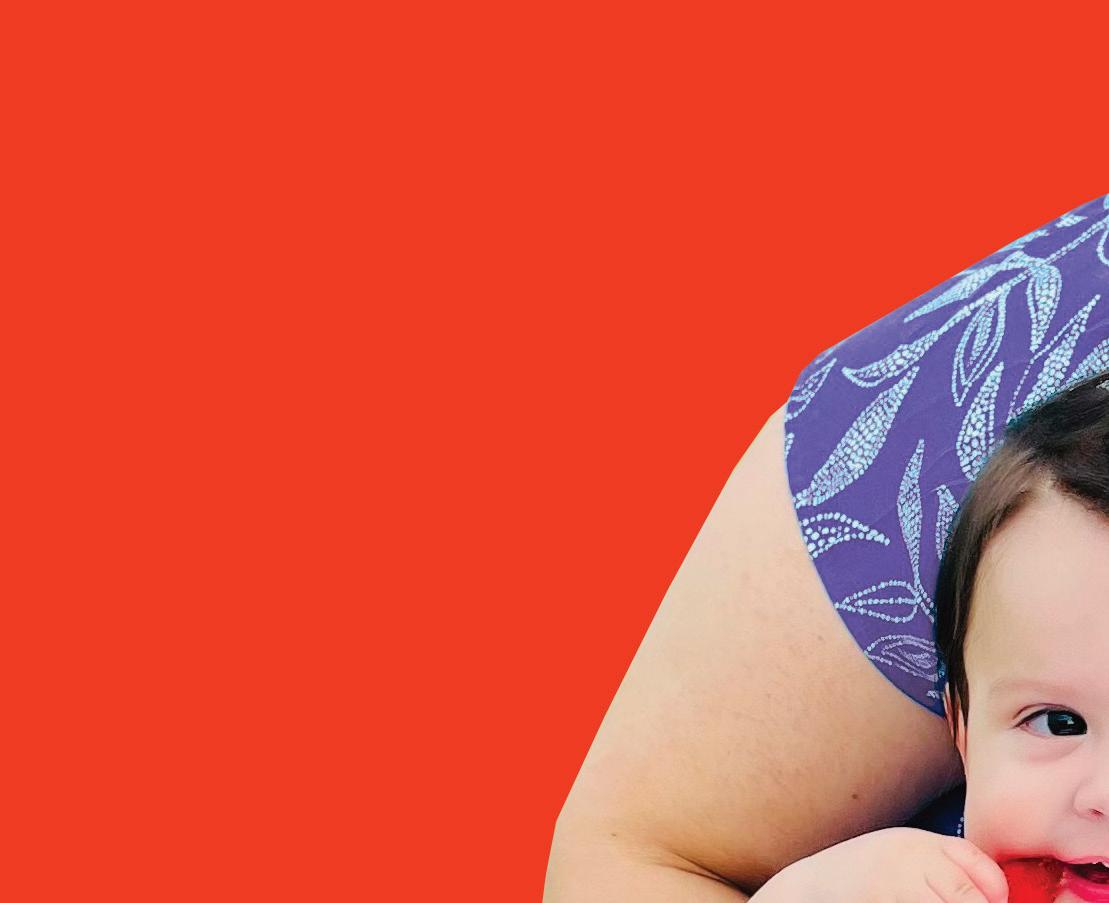






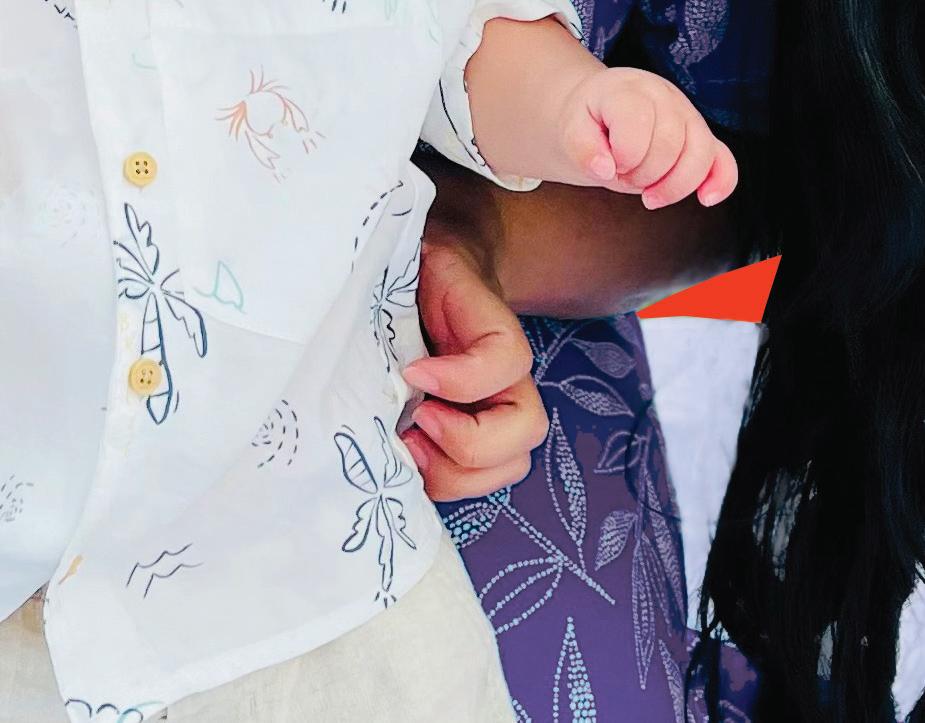










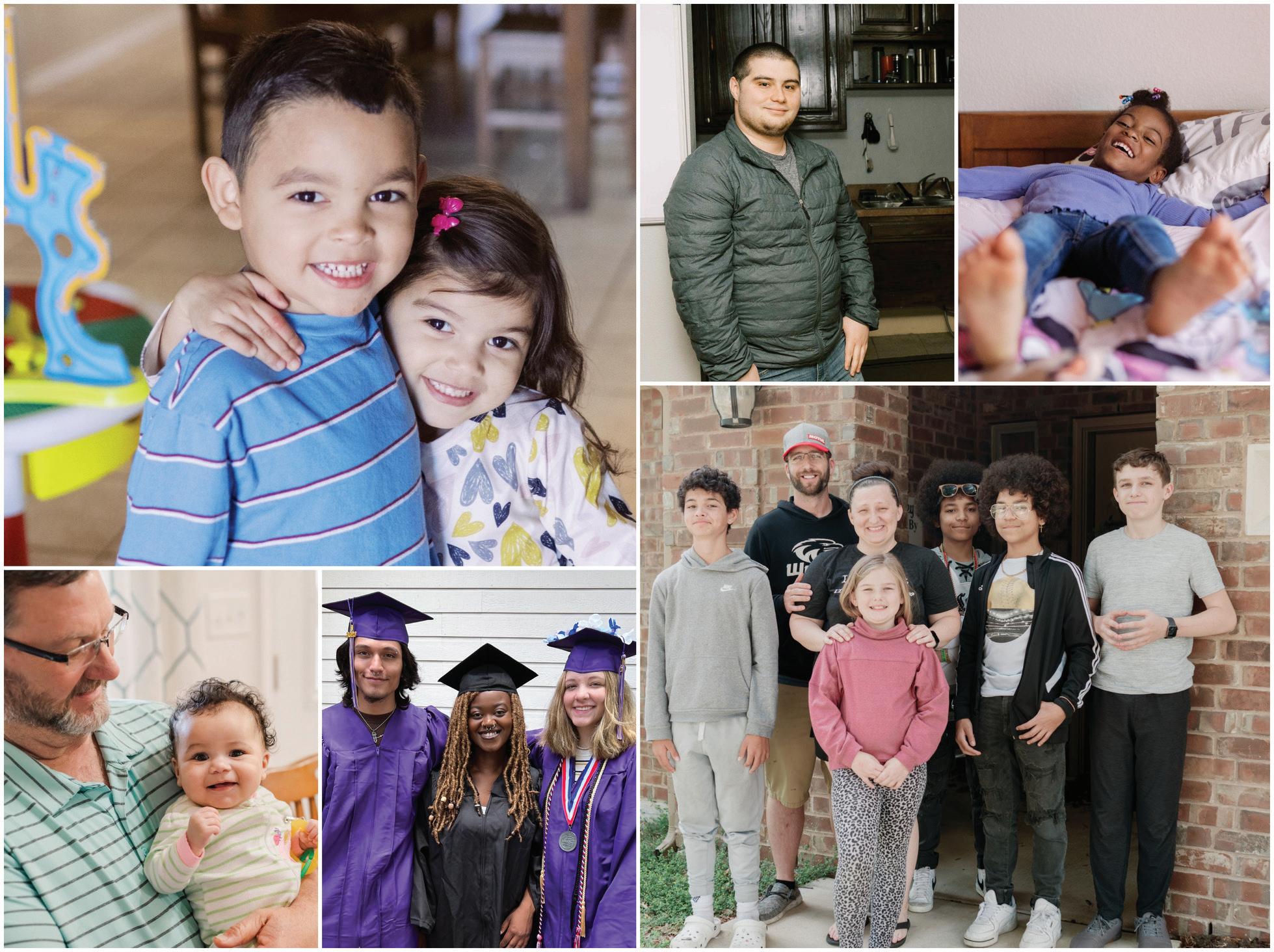


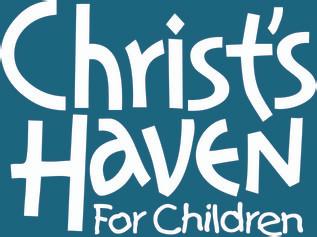
REDEFINING AMBITION
FOR SUPPORTING THE 2024 WOMEN ’ S LEADERSHIP SYMPOSIUM .
TITLE SPONSORS: COCA-COLA SOUTHWEST BEVERAGES | COMMUNITY COUNCIL OF GREATER DALLAS | LYNN PINKER HURST & SCHWEGMANN | TEXAS WOMEN’S FOUNDATION | TOYOTA | TRUIST | UNIVERSITY OF TEXAS AT ARLINGTON | WEALTH WOMAN, INC. PREMIER SPONSOR: FOSSIL SIGNATURE SPONSORS: BLUE CROSS BLUE SHIELD | CHILDREN’S HEALTH | DALLAS COLLEGE | DALLAS LOVE FIELD | DALLAS MAVERICKS | GIRL SCOUTS OF NORTHEAST TEXAS | PLAINS CAPITAL BANK | SOUTHWEST AIRLINES
“ I FELT SO MOTIVATED, EMPOWERED, AND JOYFUL WHEN I LEFT THE ROOM ! THE TOPICS WERE RELEVANT, INTERESTING, AND RELATABLE .”
WOMEN’S LEADERSHIP SYMPOSIUM ATTENDEE















KEY STRATEGIES
“i lead with several key strategies, the first of which is to thoughtfully outline ‘commander’s intent.’ It’s a military concept that involves being clear on the priorities and problems we are trying to solve. Second, keep your nose in but fingers out. Be curious and know what’s going on but utilize the high-reliability organization principle of deference to expertise and let those closest to the work determine the best solution. Finally, team members need to be ‘clean’ with their boss before they can be ‘clean’ with other team members. As a leader, it is your job to take the mystery out of you because, in the absence of information, people will create their own narrative. This requires authenticity, vulnerability, and communicating clearly. Until team members have trust in and respect for their leader, they will not be at their best with peers or the teams they lead. As poet and philosopher Henry David Thoreau once said, ‘Be not simply good, be good for something.’” —As told to Layten Praytor
The Department of Justice has introduced a game-changing program to incentivize corporate whistleblowers, putting a Dallas law firm in a unique position to grow its practice.
story by WILL MADDOX

if the best counsel is provided by those who can empathize with their clients, then it would be difficult for whistleblowers to find a better lawyer than Josh Russ. The former federal prosecutor in the Eastern District of Texas was one of the youngest civil division heads in the DOJ and was at the forefront of one of the largest cases the government had ever brought against a corporation when he decided to become a whistleblower himself.
As he led the charge to hold 5,000 Walmart pharmacies accountable for looking the other way while knowingly filling suspect opioid prescriptions, the case experienced unexpected delays, and eventually, Russ had enough. He resigned from his dream job and filed a whistleblower complaint with the Office of Inspector General, saying that politically appointed
officials were interfering with the investigation.
More than a year after Russ’ resignation, five United States attorney offices (the Eastern District of Texas wasn’t one of them) filed a suit against Walmart, claiming the retail behemoth violated the Controlled Substances Act. The suit was a mirror image of the case Russ had been working on. “It does not feel like vindication,” he says. “I am just happy that the work we put together is proceeding.”
In March, a federal judge dismissed two of the counts against Walmart, ruling that the retailer didn’t violate the Controlled Substances Act for failing to report suspicious orders and that it didn’t repeatedly break the law for not using best practices when filling prescriptions. But the accusation that Walmart knowingly dispensed controlled substances that weren’t for a legitimate medical purpose still stands and is pending.
Dallas law firm Reese Marketos welcomed Russ from his government gig, adding him to its growing practice representing whistleblowers. The firm plays the role of prosecutor against a company that government attorneys don’t have time to prosecute. With limited resources, the federal government isn’t able to pursue and investigate every False Claims Act or SEC violation tip it receives, so it encourages private firms to take up the mantle and build a case against the corporation in question as if they were federal prosecutors. Reese Marketos’ whistleblower practice has outpunched its size (see sidebar), and Russ’ history gives him a distinct advantage when building rapport with clients who are risking their careers to come forward. Russ knows exactly what it feels like to blow the whistle against a former employer, and even when faced with filing a complaint against the federal government, he felt it was the right thing to do. Today, it pays dividends with his clients. “It’s probably a superpower to know what they’re going through,” Russ says. “I get a quick, unconscious ability to know if they are doing it for the right reasons.”
A new federal rule will soon incentivize more people to consider reporting suspected corporate wrongdoings. In March, Deputy Attorney General Lisa Monaco announced an expanded whistleblower program to fill the gaps. Although there are already whistleblower programs in place for SEC and False Claims Act violations,
the new Justice Department program offers rewards for individuals reporting other potential crimes, with an emphasis on the financial system, foreign corruption beyond the scope of the SEC, and illegal corporate payments to government officials.
The rule incentivizes employees to come forward about corruption that didn’t previously have whistleblower protections, adding fuel to what is already a wildly profitable government program. In 2023, the government recovered $2.3 billion from False Claims Act cases alone, paying more than $349 million to individuals who blew the whistle. The SEC’s whistleblower program received 18,000 tips in 2023, a 50 percent increase from the year before. Last year, it awarded $600 million to whistleblowers, including $279 million to a single individual.
The government hopes to impact corporate behavior and could complicate internal compliance reporting channels, as employees may have more to gain from reporting directly to the DOJ rather than the company itself. “It’s a game-changer that one can potentially share the restitution that the government recovers,” Russ says of the new initiative.
Few firms stand to benefit as much as Reese Marketos, which has built significant expertise representing whistleblowers. Its lawyers stand in place of federal prosecutors, investigating matters on behalf of the government and sharing in any penalty obtained.
Reese Marketos’ smaller size works to its advantage. “Most large regional or national firms can’t do this because of conflicts of interest,” says Joel Reese, the firm’s co-founder and partner. “A small group of lawyers in the country do this type of practice, and we are fortunate to carve out our niche.”
Some attorneys enjoy the moral clarity of being a government prosecutor but leave the role for the freedom and financial benefits of life at a private firm. The new federal rule could compel more lawyers to continue prosecuting alleged wrongdoing rather than defending against it.
“I have always thought that I wanted to represent David against Goliath; that’s just how I’m wired,” Russ says. “I love wearing the white hat. I took the same desire to represent the small guy while doing justice to this practice.”
Utah-based Academy Mortgage Corp. agreed to pay $38.5 million to resolve False Claims Act allegations that it improperly originated and underwrote mortgages insured by the Federal Housing Administration, earning Reese Marketos’ client $11.5 million.
Reese Marketos represented two whistleblowers who claimed that Alabama-based MD Helicopters failed to disclose conflicts of interest in the government contracting process, resulting in a $36.1 million False Claims Act verdict. The company later filed for bankruptcy.
Reese Marketos recently earned a massive victory representing former employees of Johnson & Johnson subsidiary Janssen Pharmaceuticals. They alleged that the company unlawfully promoted two HIV drugs for off-label uses while minimizing safety concerns with additional kickback questions and potential penalties of about $1 billion.
What was your first job, and what did you learn from it?
edited by LAYTEN PRAYTOR

CEO JPI
“I grew up on a small ranch, and from day one, I always helped with the labor, such as repairing fences, plowing, and hauling hay. My first official W-2 job was working at the local municipal nine-hole golf course, where I was one of two people to maintain the tee boxes, fairways, and greens. I learned from both jobs that hard work is important and that a few feet make a world of difference when deciding where to change the hole location on a green.”
illustrations by JAKE MEYERS

Director of Business Operations and Strategy BIOLABS
“My first job was as a cashier in a small-town grocery store. From that job, I learned the art of meaningful small talk that went beyond one-word answers. I also learned that even the shortest of interactions can have a huge impact on someone’s day. You never know who you are going to meet or what their story is. If you have the opportunity to be kind to someone or make them smile, even if they’re a stranger, take it because it may just brighten their day.”
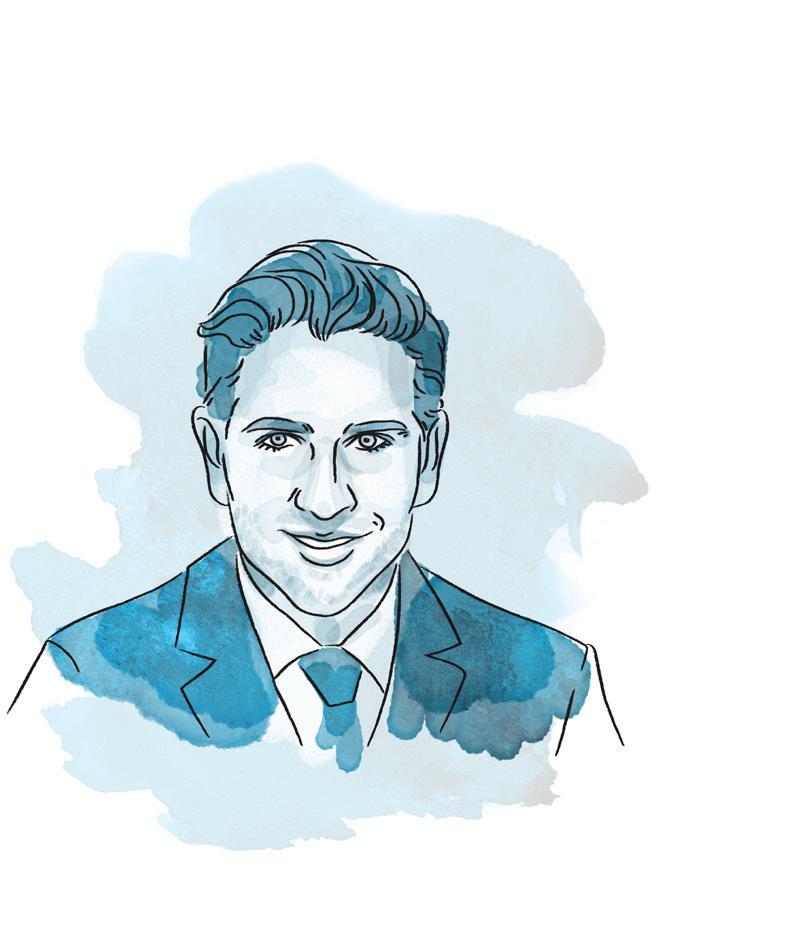
CEO
“I’ve been working at La Moderna ever since I graduated in 2009, so this company gave me my first job. I started in the export area, commercializing our products in the USA. Since those early years, I began to learn all about the pasta market in the USA. One of the most satisfying experiences was getting involved in the sales area, allowing me to understand how cultural aspects were important while doing business in different countries.”
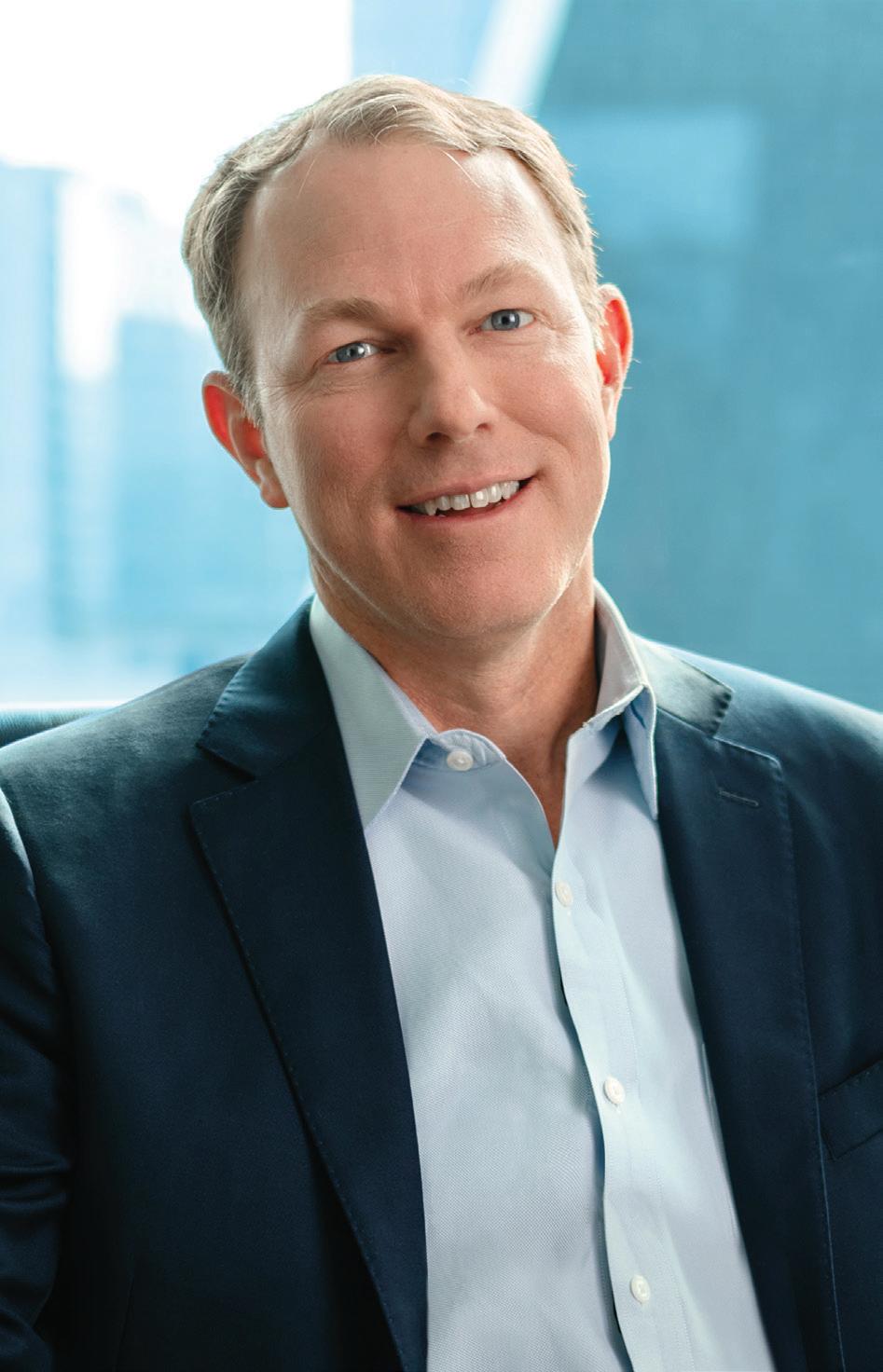
A Schwab Charitable donor-advised fund account can do so much for your clients’ giving and help you deepen client relationships. Our giving solution allows you to help maximize their philanthropic impact and tax savings.
Will Edwards Settle is an advisor to a Schwab Charitable donor-advised fund account. He was not compensated by Schwab Charitable for his comments. The experience described may not be the experience of all advisors.
Schwab Charitable does not provide specific individualized legal or tax advice. Please consult a qualified legal or tax advisor where such advice is necessary or appropriate.
Schwab Charitable Fund is recognized as a tax-exempt public charity as described in Sections 501(c)(3), 509(a) (1), and 170(b)(1)(A)(vi) of the Internal Revenue Code. Please be aware that Schwab Charitable has exclusive legal control over the assets you have contributed. Schwab Charitable ® is the name used for the combined programs and services of Schwab Charitable Fund™ , an independent nonprofit organization which has entered into service agreements with certain subsidiaries of The Charles Schwab Corporation.
©2024 Schwab Charitable Fund. All rights reserved. (0724-ABH4)




Announcing


Brought to you by the editors of D CEO, D Magazine Partners’ award-winning business title, Greater Good covers the region’s robust nonprofit community and the businesses and leaders who support them.
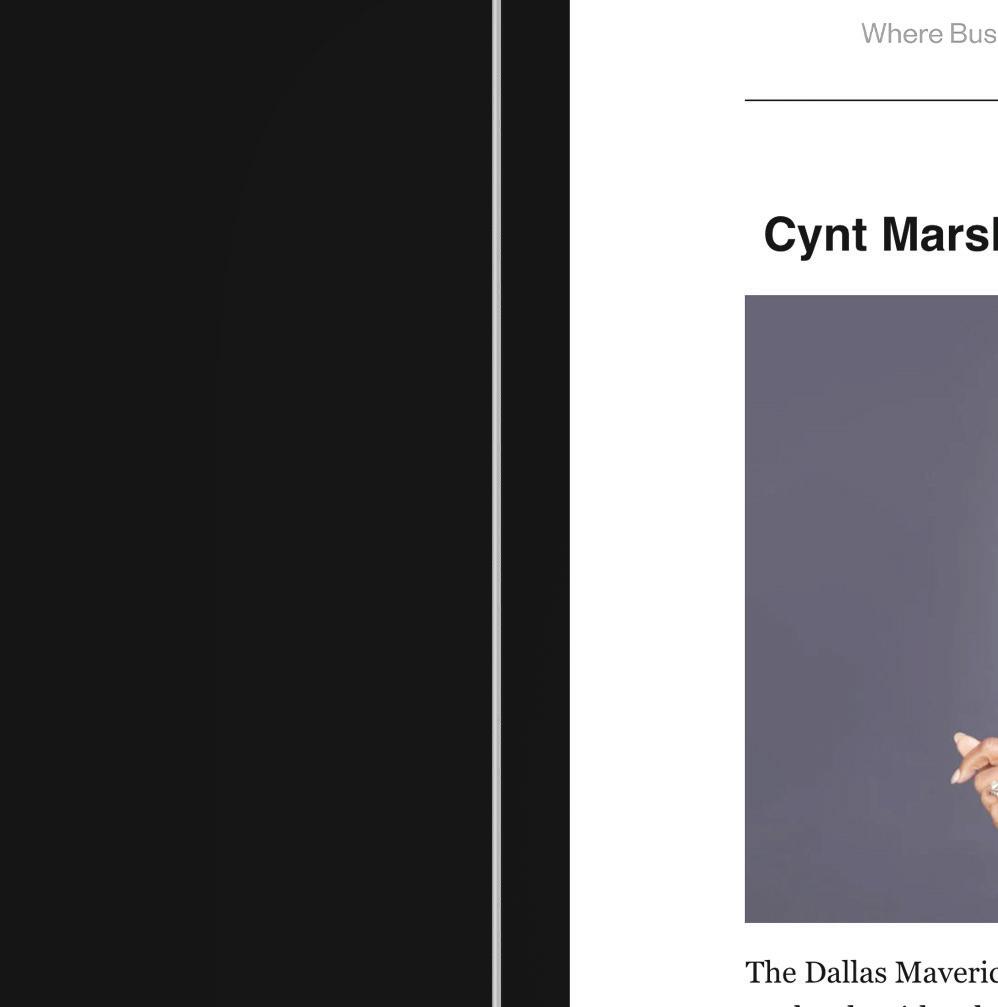

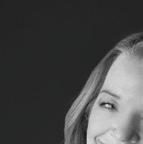



CHRISTINE PEREZ Editor, D CEO
SIGN UP NOW
















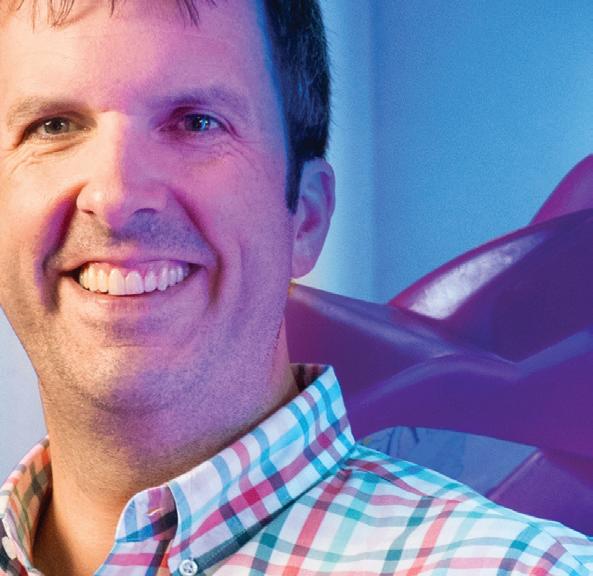












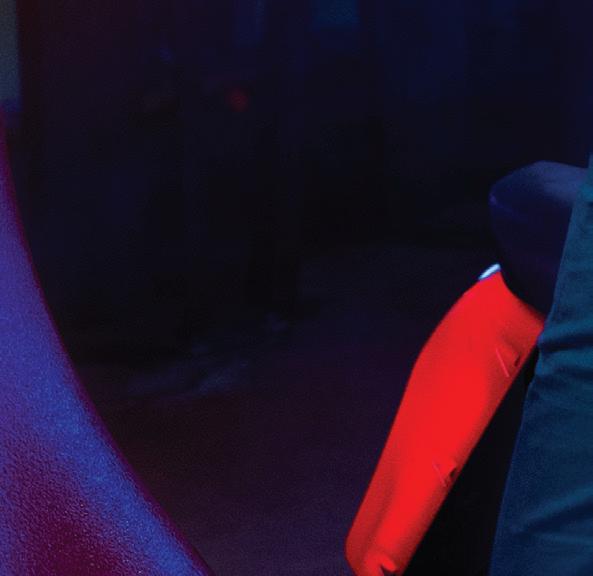

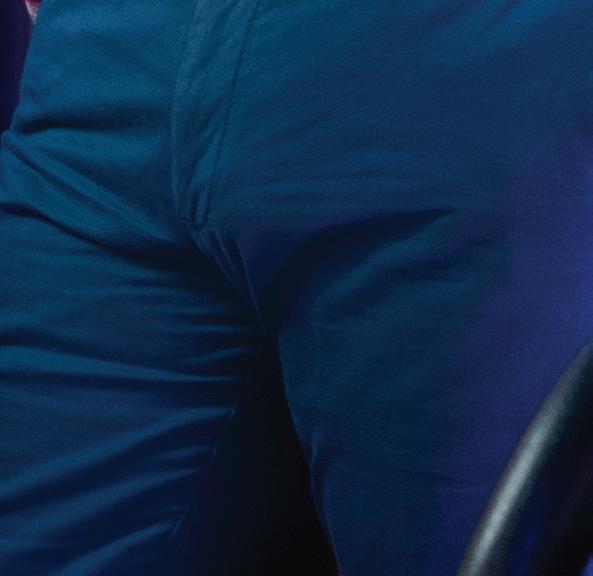
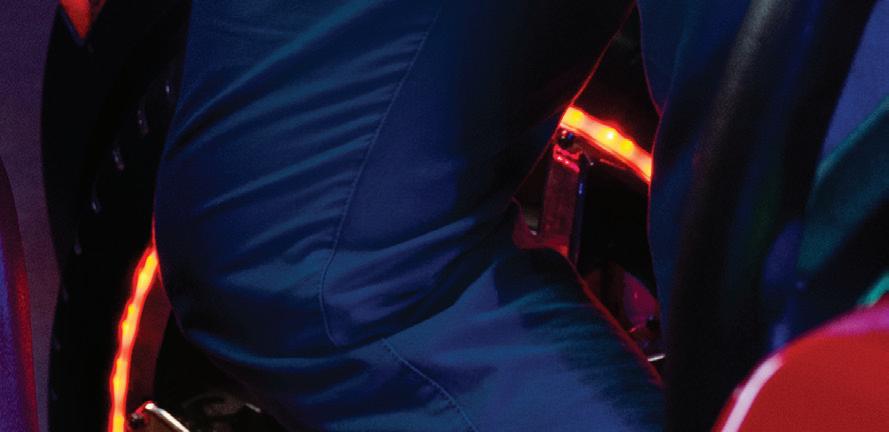






Tthere’s no glory in second place ; that’s the main lesson CLA’s Keith Davidson has taken to his leadership role after a professional Mario Kart racing career. About two decades ago, the Dallas office managing principal of the tax and accounting services firm moonlighted in the Mushroom Kingdom. Now, he just competes against his teenage children after a day’s work— never going easy on them.
When asked if he ever lets his kids prevail in a race, Davidson’s answer is as serious as his desire to win—on Rainbow Road and in business. “Absolutely not,” he says. “I have been training for this for 30 years. If you come at me, you best not miss.”
The 41-year-old first-generation video gamer remembers his debut Mario Kart tournament at a GameStop in Birmingham, Alabama, when just starting out in his accounting career. He had never really played the Nintendo racing game seriously and wasn’t sure if he was any good. Nonetheless, he signed up and finished the tournament with three wins and two top-three finishes.
Davidson’s big break as a virtual racer came in 2008 when he traveled to Dallas on a business trip and learned that another GameStop was hosting the Texas Grand Prix. “After a day at work, the competition started in the evening,” Davidson says. “I kept playing, kept going, kept lasting, and then from there I was in the finals. I didn’t win every race, but for the final Grand Prix, I came in first.”
For most, playing video games like Mario Kart may seem like a purely recreational endeavor. But Davidson sees leadership lessons and opportunities as well. Through his lens, the sport has allowed him to connect with a generationally diverse workforce.
“Millennials like me have an interesting experience with technology,” Davidson says. “I grew up analog until it was not anymore. I have had to be both analog and digital and can translate between generations. So, in leading an office of a large firm—I have 60-year-olds and 23-yearolds—I’m able to connect with both.”
Mario Kart has also helped him understand how to maintain an edge over similar firms in an uber-competitive field, Davidson adds.
“There are a lot of parallels in video games and the business world—especially Mario Kart, to be specific—in how you handle and approach winning and losing in a professional world,” he says. “There are some people who turn the game off when they see a blue shell coming. You cannot do that at work. You can, but you will not have a successful career.”
Although Davidson is as competitive as they come, individual success is not everything for him. “I like to win,” he says. “Winning gives me clarity on strategy and the end goal. But I also define winning broadly. I want my firm to do well, and I want my office to do well. Winning, for me, is also when my people do well.”
Keith Davidson shares his tips for playing the long game.
For casual fans, Mario Kart can be a stress outlet or a fun way to challenge oneself. And it can be for Davidson. But it also helps him connect with his two teenage children—but he takes no prisoners once the green flag is dropped. “I love front running because it’s the best way to play,” he says. “But when you frontrun, how you handle items says a lot about you. I teach my kids to always have an item. I do not care if you are in third place or 11th. Let’s say I have a red shell. I am not trading that red shell to go from fifth to fourth. That is not a good trade for me. Or let’s say I have two items. Do I want that extra security of knowing I have two chances? Or do I want to f—k with someone in second place and see if I can get them to go to fifth or sixth place?”


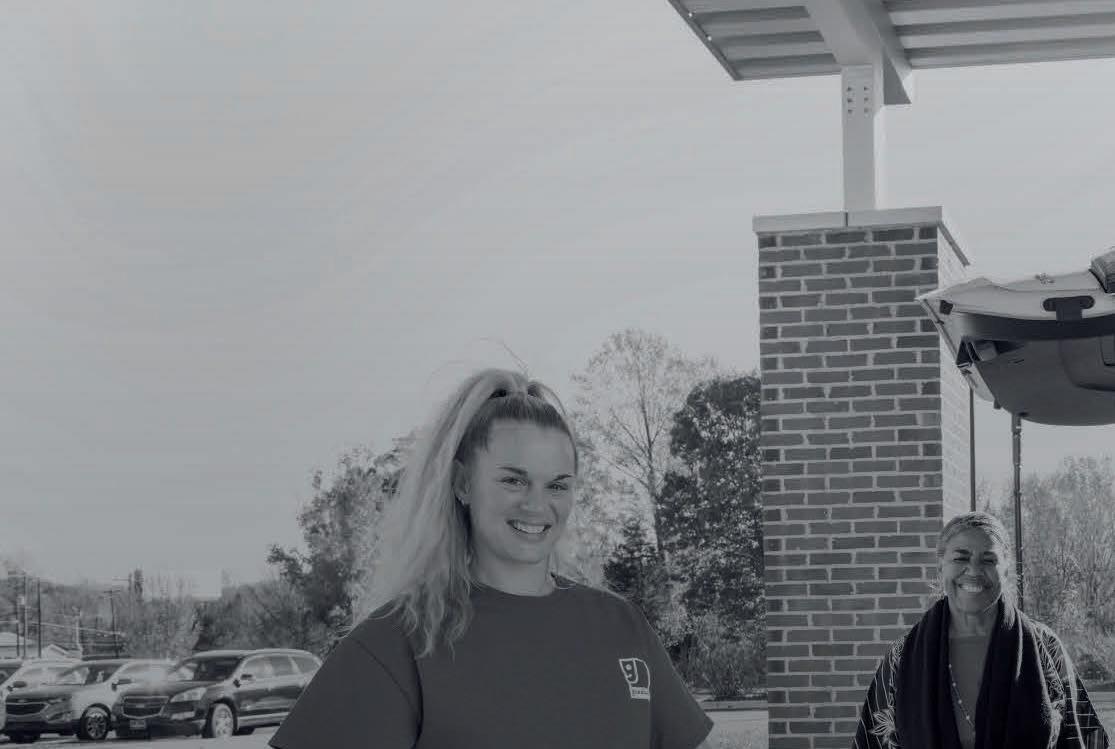




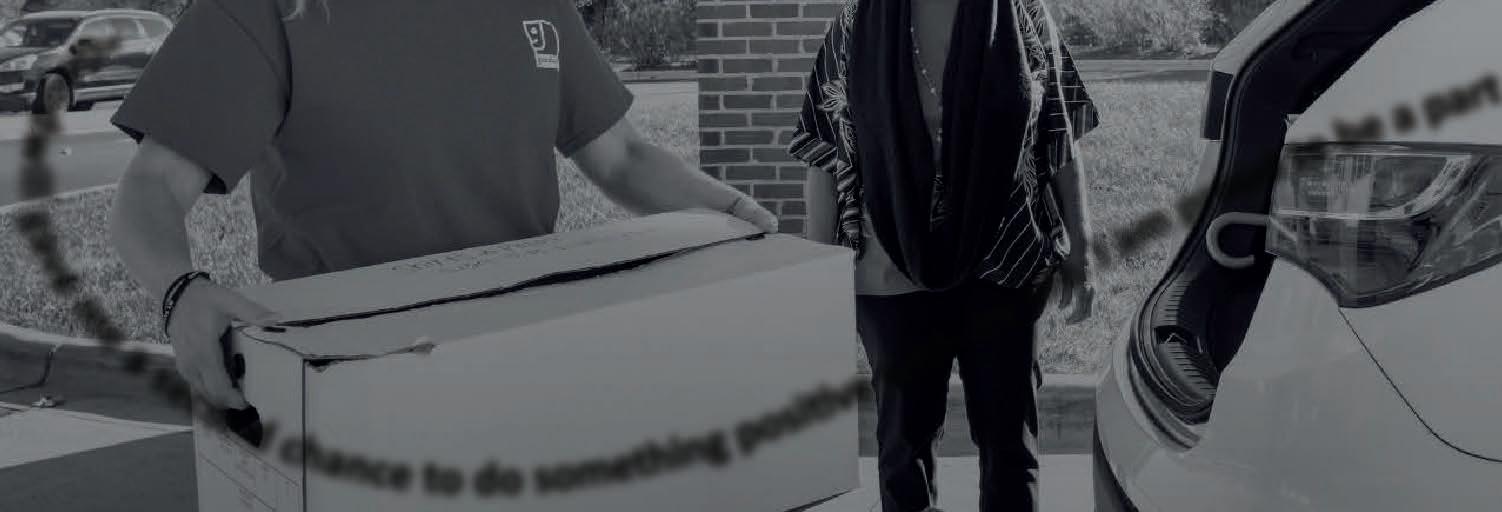















OF STYLE
WHAT I DO:
“I’m the founder of Budget University, with a mission to help create lasting generational wealth for everyone. Through our e-learning program, I help students and teachers receive and deliver a well-designed financial literacy curriculum that will improve their everyday life.”
STYLE ICON:
“J. Bolin because he combines professional, sexy, statement, business, and fun. When he styles other women and men, I’m able to get ideas and pieces that will still go with the culture of Budget University.”
ON THE JOB:
“I hold workshops at middle schools and high schools, and my students influence my style. I try to wear the latest styles so my students will be more intrigued with learning.”
FASHION INSPIRATION:
“What inspires my style choices are my mood and schedule. I always make sure that I have heels or sneakers that are going to match everyday wear. I am big on being comfortable and savvy—it always gets the job done.”
STYLE DEFINED:
“I would describe my style as ‘business vibe.’ I am always doing business but it’s always a vibe, with vibrant colors to match.”
FASHION ESSENTIALS:
“I never leave home without my business

cosmetic bag. It has all my essentials: business cards, quick glam, and perfume. I am always driving around, and if I see someone that I want to introduce myself to, I am never shy to give a 30-second pitch.”
GO-TO LOOK:
“It’s definitely a Budget University polo, boyfriend jeans, and Tory Burch loafers.”
HOW I ACCESSORIZE:
“I can never go wrong with a designer belt, small-face watch, diamond studs, two bracelets, and my everyday necklace.”
WEEKEND LOOK:
“Weekend and downtime mean it’s time for me to throw on a pajama set.
I have a collection of pajama sets and lounge wear. Of course, the top and bottoms must match.”
FAVORITE STORE:
“My favorite clothing store is T.J. Maxx. They have everything. It’s a one-stop stop.”
ROLE MODEL
Shelby Patrice says she stays on trend so her students are more willing to listen and learn.
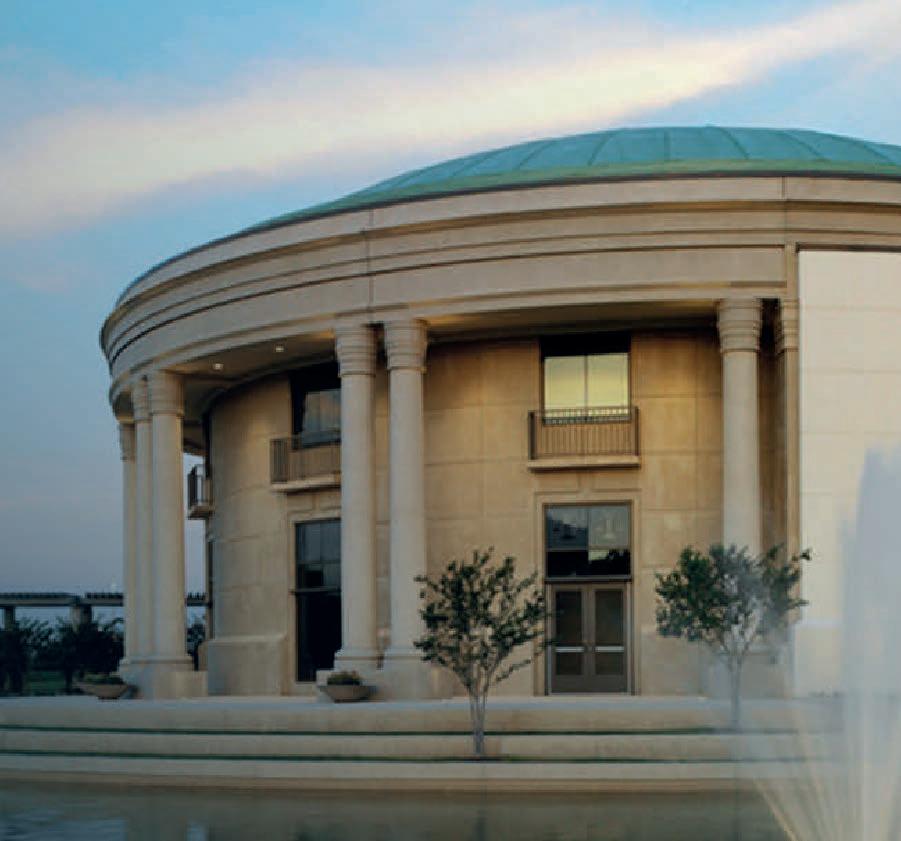



Advancing the justice system and promoting the rule of law since 1947.
The Center for American and International Law strengthens the justice system from within by educating and empowering legal and law enforcement professionals.
Through our focus on critical areas such as criminal justice, actual innocence, ethical law enforcement leadership, and more, our work fosters a safer, more just society here in the United States and around the world.
Join us in making a di erence.
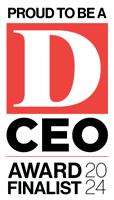
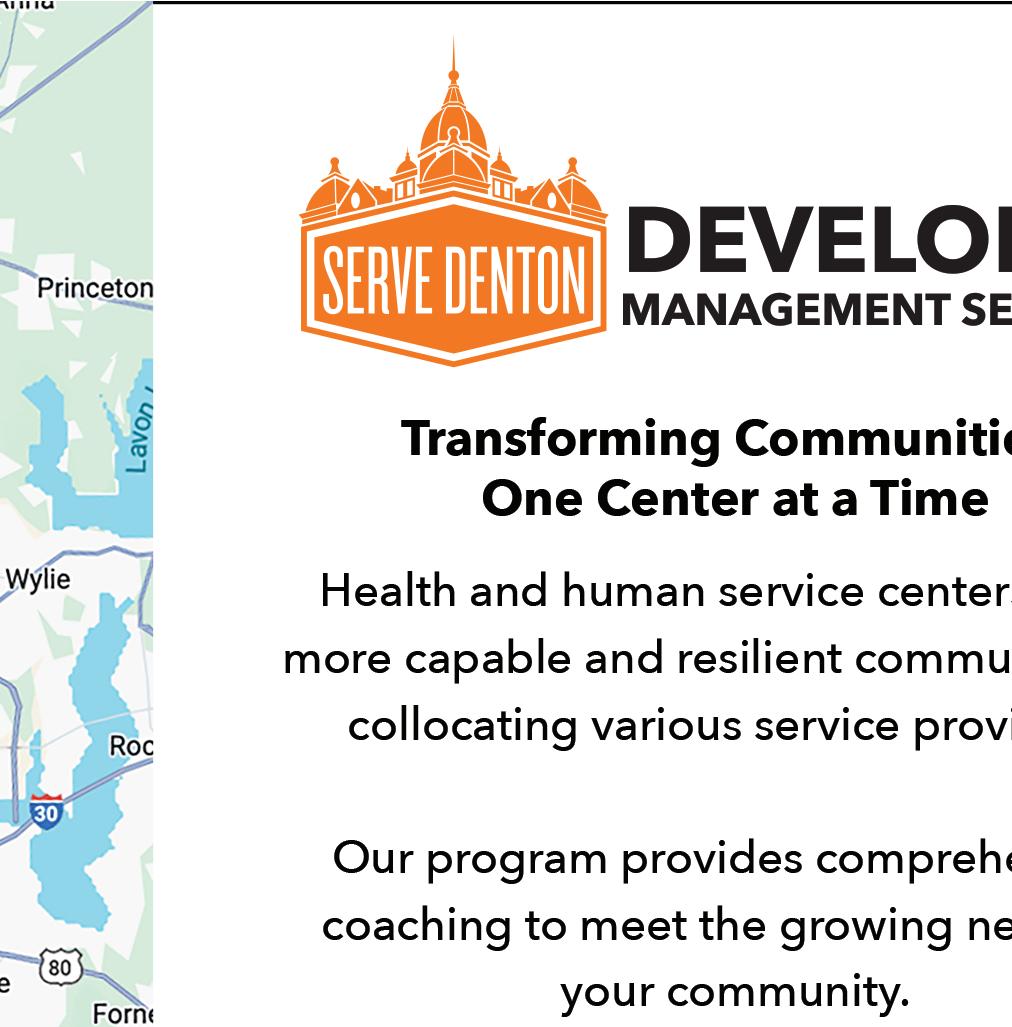




EASY BREEZY Open air porches at Coppola’s Turtle Inn let guests enjoy cool sea
With its stunning natural diversity, this Caribbean nation on Central America’s eastern coast is a go-to getaway for marketing exec Jessica Nunez WELL TRAVELED
story by HAMILTON HEDRICK



ANCIENT TIMES
Both Family Coppola resorts offer excursions like exploring local caves or Mayan ruins.

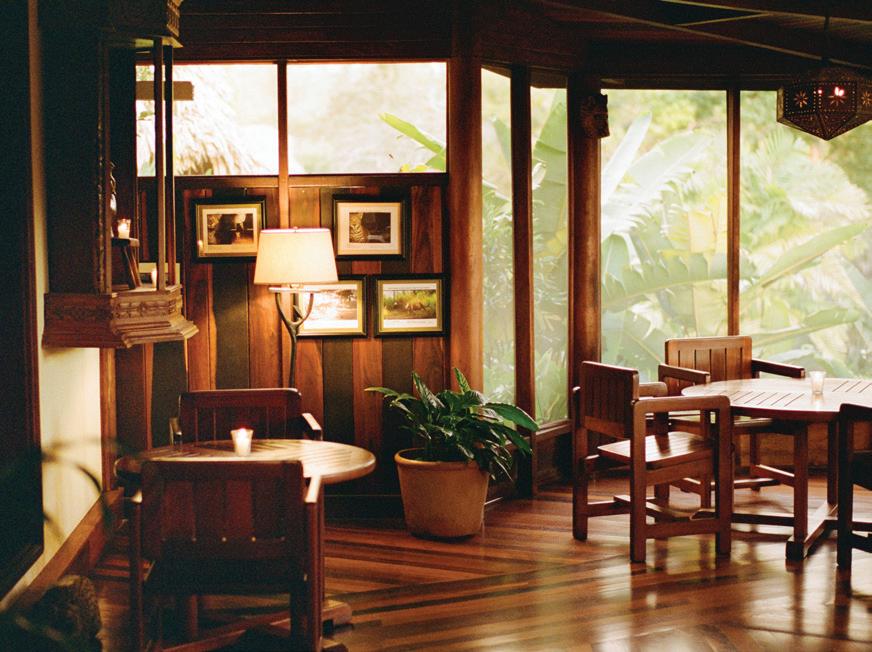

SEASIDE ESCAPE
The 20 thatched cottages at Turtle Inn provide easy access to sugarysand beaches and calming views of the Caribbean.
Wwhen you hear the name francis ford coppola, what comes to mind? Director? Screenwriter? Wine maker? All true, but did you know he also happens to be a hotelier? Through his Family Coppola Hideaways, the Hollywood icon has properties in the U.S., Italy, Guatemala, Argentina, and three resorts in Belize.
I recently visited his Blancaneaux Lodge in the Mountain Pine Ridge Forest Reserve district of south central Belize. Coppola bought the formerly abandoned hunting lodge in the 1980s and used it as a family getaway for about a decade before developing it into a resort featuring 20 luxury cabanas and villas. Varying in size and amenities, the residences offer unmatched privacy and breathtaking views of the surrounding jungle and Privaisson River. Travelers in larger groups, or those seeking the ultimate luxe getaway, will want to consider the expansive Francis Ford Coppola Villa or Enchanted Cottage.
After an afternoon of exploring the grounds and lounging by the pool, we headed to Jaguar Bar for a pre-dinner drink. The well-stocked venue features a number of craft cocktails, as well as a large selection of wines, including bottles from Coppola’s winery in Sonoma County, California. Be sure to try a Jaguar Juice, a delightfully simple mix of aged rum and fresh pineapple juice.
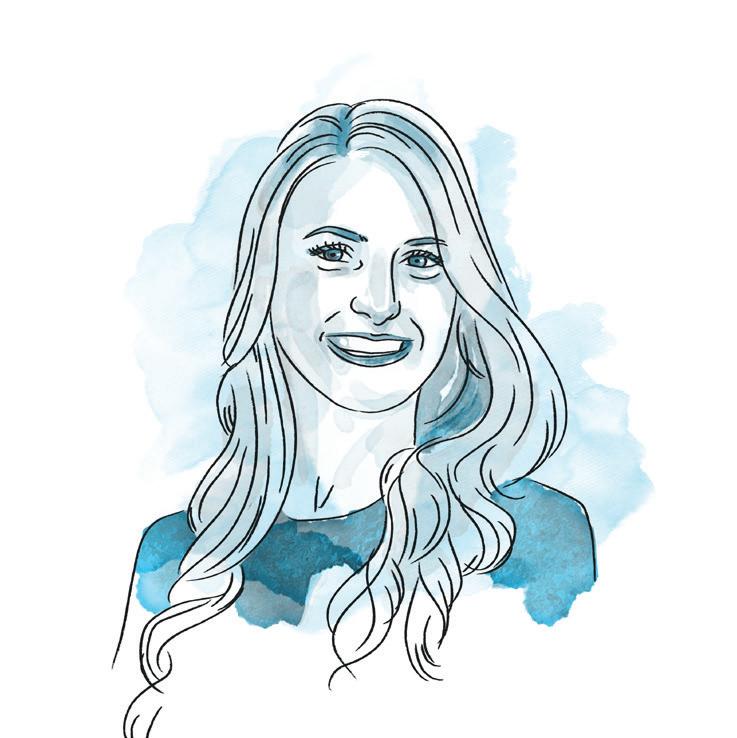
We dined at Montagna Ristorante, an Italian venue that features everything from fresh pasta to locally sourced fish, including several dishes from Coppola family recipes. It’s one of three onsite restaurants at the property. Another highlight is the Garden Spot, where guests can imbibe fresh cocktails as they get a guided tour through the organic gardens then enjoy a spectacular three-course vegetarian meal al fresco.
The next morning, we set off on a hike through the rainforest to Big Rock Falls. It was a somewhat challenging trek, but the waterfall and swimming hole at the end made it well worth the effort. We rewarded ourselves by spending time at the Waterfall Spa, where we indulged in the Stress Recovery Wrap, Scrub, and Massage.
Other amenities at Blancaneaux Lodge include sunrise guided birding experiences and river tubing, as well as horseback riding and mountain biking excursions. After a few days in the rainforest, we shifted gears and headed to another Coppola property, the seaside Turtle Inn. Situated along white sandy beaches and just a short walk or bicycle trip from the charming Caribbean fishing village of Placencia, the luxe, 25-room resort feels like a private estate. Well-appointed cottages feature handmade furnishings, outdoor garden showers, and screened-in porches for enjoying sea breezes.
With five onsite restaurants, dining options range from fresh seafood at Mare to woodfired pizzas at The Pizzeria. Be sure to have at least one meal at Auntie Luba’s Kitchen, where we enjoyed the curry chicken and the standout Key lime pie.
Taking advantage of its seaside locale, Turtle Inn offers scuba diving, snorkeling, guided fishing trips, and other water activities. If you’re more of a landlubber, options include the property’s pickleball courts, two swimming pools, or bicycles for exploring the neighborhood.
No matter how you choose to spend your time at the Coppola resorts, they—and Belize itself—will be sure to impress.
When Jessica Nunez wants to get away from it all, she heads to Belize. The president and founder of TruePoint Communications says it has been a favorite destination for the past decade. Home to one of the world’s largest coral reefs, it’s ideal for ocean activities, such as fishing, lobster hunting, and paddle boarding. “The peaceful energy of Belize allows you to truly unplug and relax,” she says. Nunez and her family typically stay at the Victoria House or the Grand Caribe, both located in San Pedro, and enjoy fresh fare at the beachfront Blue Water Grill. She also recommends The Truck Stop, a collection of local restaurants in shipping containers that offer Belizean cuisine, including her favorite, pupusas. —Bridget Reis TRAVEL

MAKING A SPLASH
Inner reef snorkeling tours are among the Caribbean-related activities available at Turtle Inn.
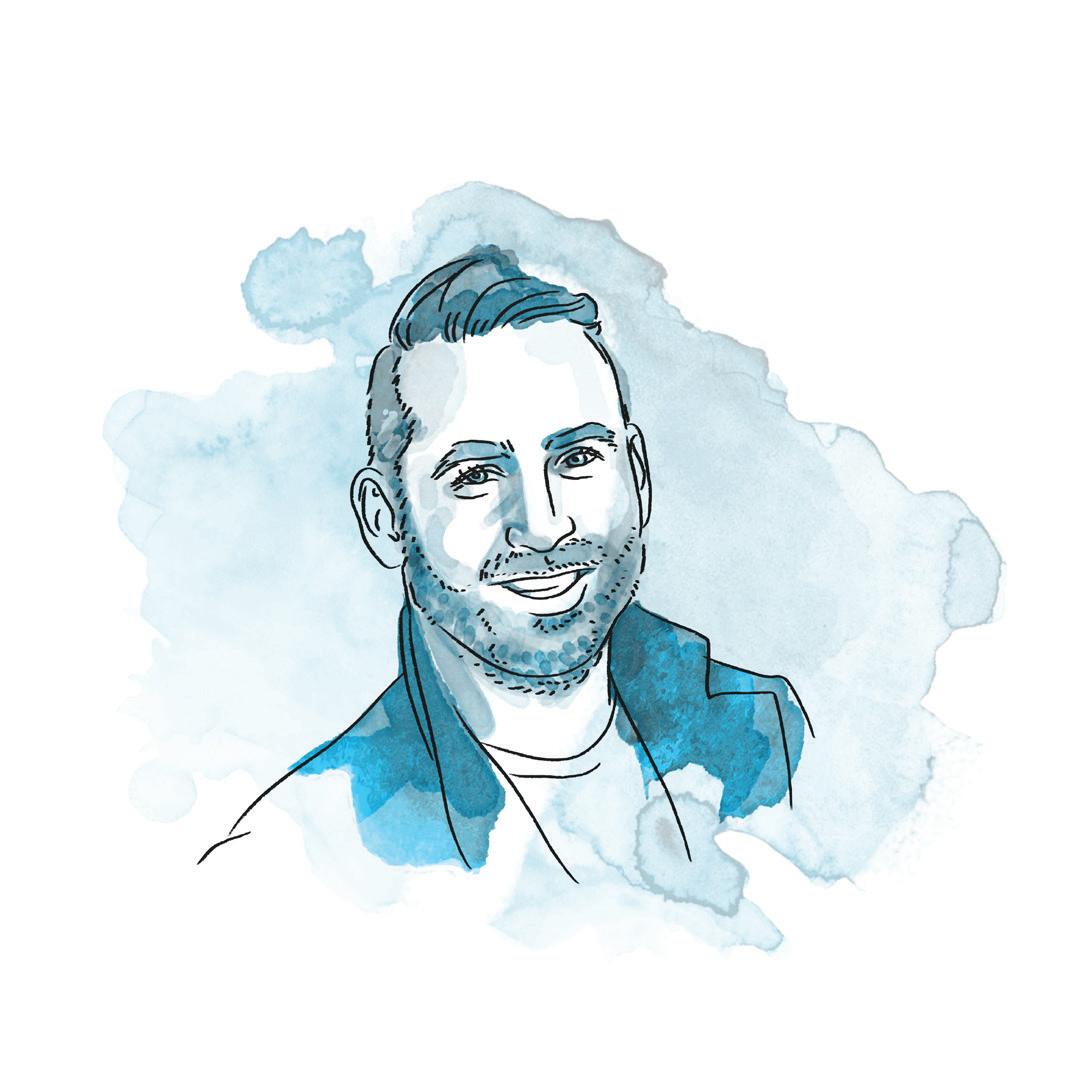

friends and family behind.
ALL-AMERICAN
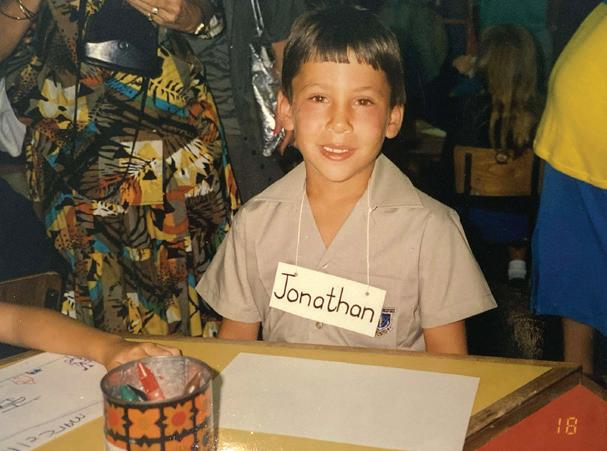

when he was 11 years old, dallas creative agency exec Jonathan Rosenberg moved with his family to Dallas from Cape Town, South Africa. His great-grandparents initially hailed from Lithuania but fled Europe during World War II. Rosenberg’s first experience in the States came during a vacation at a place that embodies American culture—Disney World. Little did he and his siblings know that his parents had been contemplating moving to America for more than a decade when they applied for green cards. A culmination of potential civil unrest in South Africa and his mother’s multiple sclerosis diagnosis prompted the decision to leave home in 1993. “I remember our parents sitting us down and telling us we were moving to America,” Rosenberg says. “We were thrilled, but we didn’t understand what they were saying as far as having to leave where we were from and
come to this other country, and it wasn’t going to be like Disney World where we were wearing Air Jordans, chewing Bubblicious, all these American things that we watched in movies.” Rosenberg eventually earned his MBA from The University of Texas at Austin after he transferred from the University of South Carolina, where he played soccer with his twin brother, Robert. He dabbled in the bar and restaurant scene before launching his digital brand agency in 2016. “If I could wake up the next day and still be excited, I knew that I was on the right path,” Rosenberg says. “Ironically, I ended up leaving several successful ventures because I got somewhere and thought, ‘Now what?’ And I left to start all over again with the next one.”


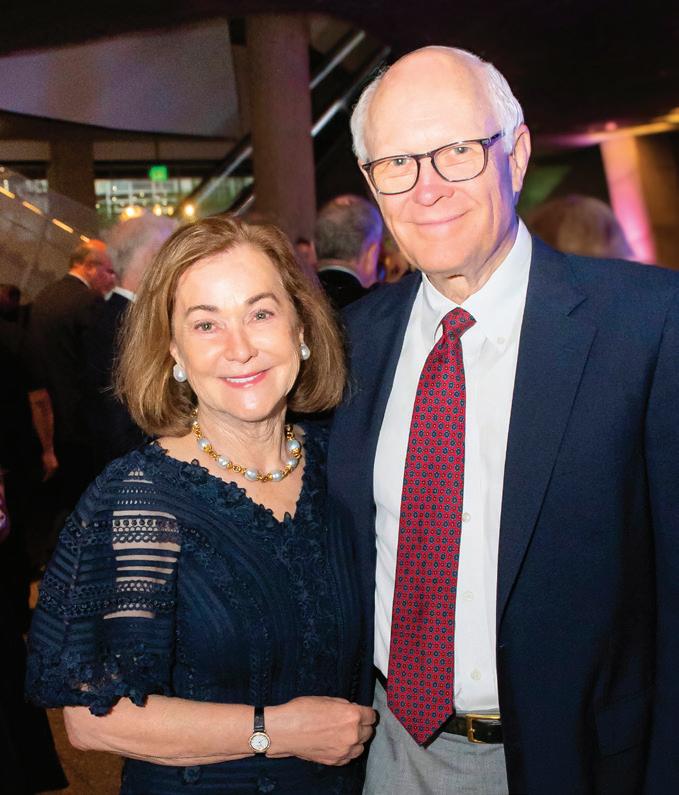






















GEORGE LEIGHTON DAHL May 11, 1894–July 18, 1987
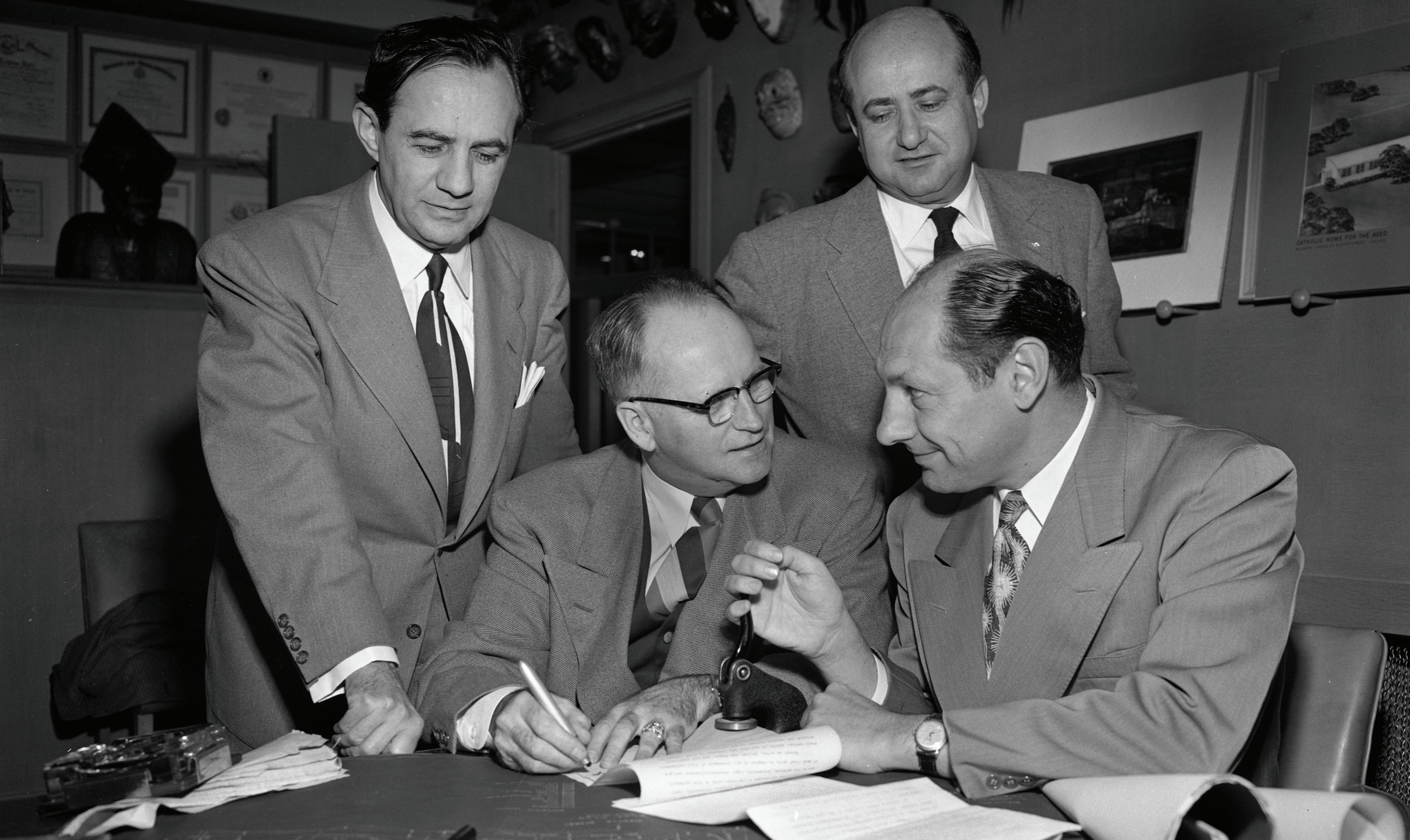
Bstory by CELIE PRICE
orn in minnesota to norwegian immigrants, george dahl studied architecture at The University of Minnesota before earning a master’s degree at Harvard University. A stint with Herbert Greene designing buildings for The University of Texas brought Dahl to Dallas in 1926. By the time he retired in 1973, he had designed 3,000 buildings, including 100 in Texas. Arguably the most well-known Dallas architect of the 20th century, Dahl was described by critic David Dilon as a “stylistic chameleon,” with designs ranging from Renaissance Revival to Second Empire and Spanish Colonial. Notable works include the 1927 Neiman Marcus store on Main Street and the 1928 Titche-Goettinger building on Elm Street. During the 1936 Texas Centennial Exposition at Fair Park, Dahl oversaw the design of 26 art deco buildings. The designs incorporated the state’s influences, leading Dahl to describe it as “Art Deco Texana.” In 1938, he designed the first-ever drivethrough bank, Hillcrest State Bank, in University Park. He was one of the first Texan architects with a national practice and helped pioneer a strategy that allows construction to begin before designs are complete. His projects include The Dallas Morning News building, Old Dallas Central Library, First National Bank Tower, and the Earle Cabell Federal Building. The prodigious Dahl also designed notable homes in Lakewood and the Park Cities. He was 93 years old when he died in July 1987.


